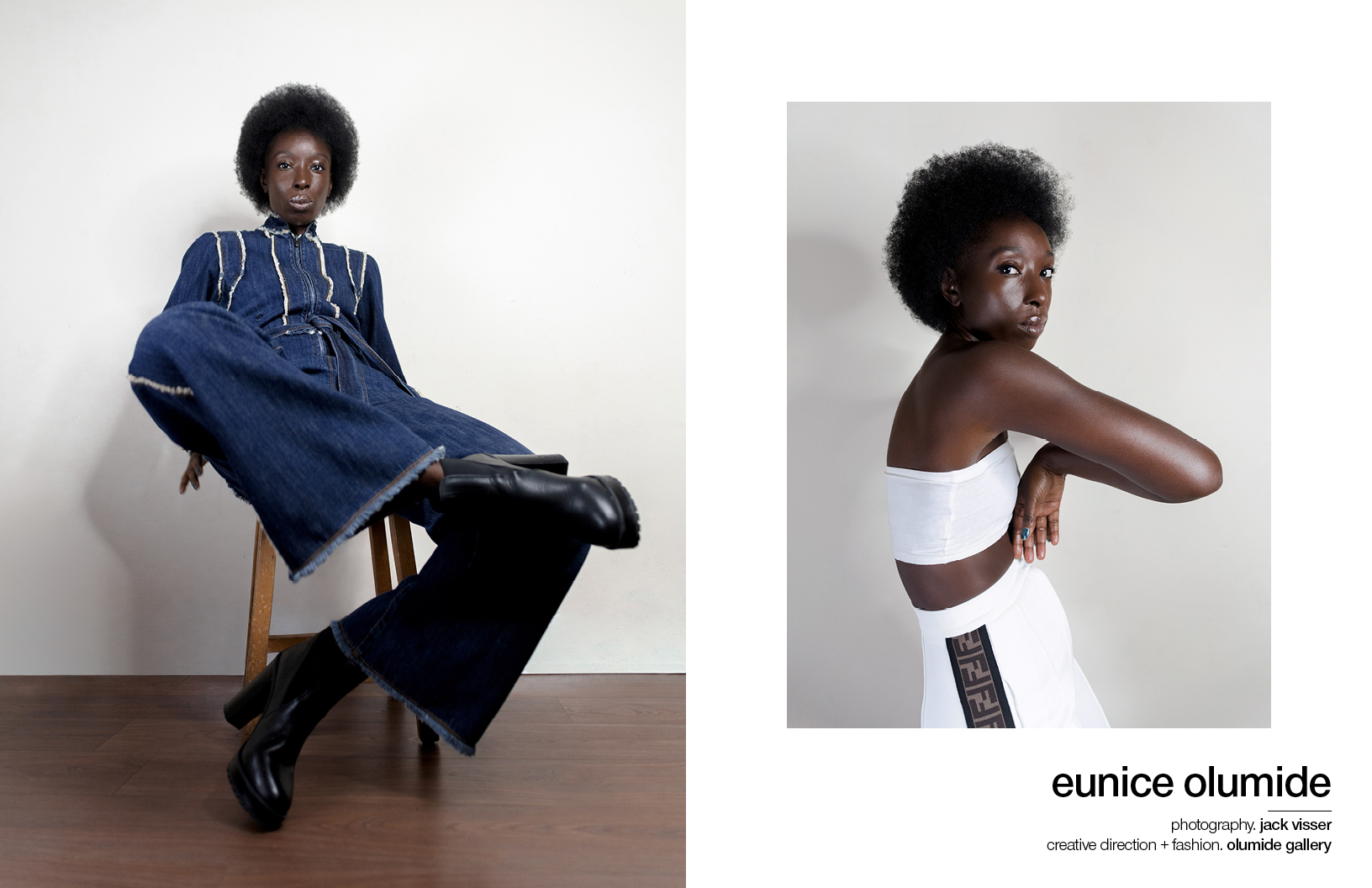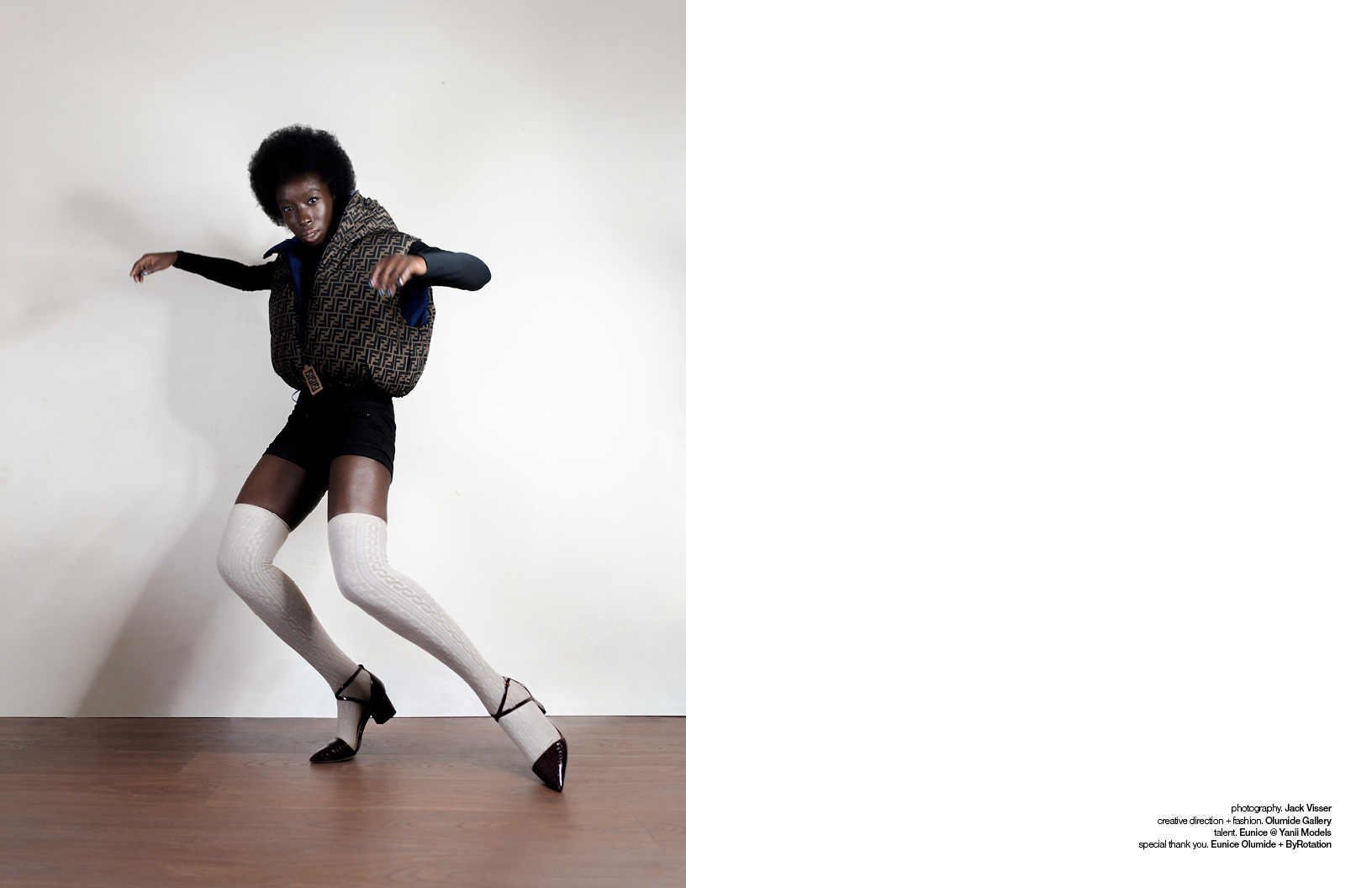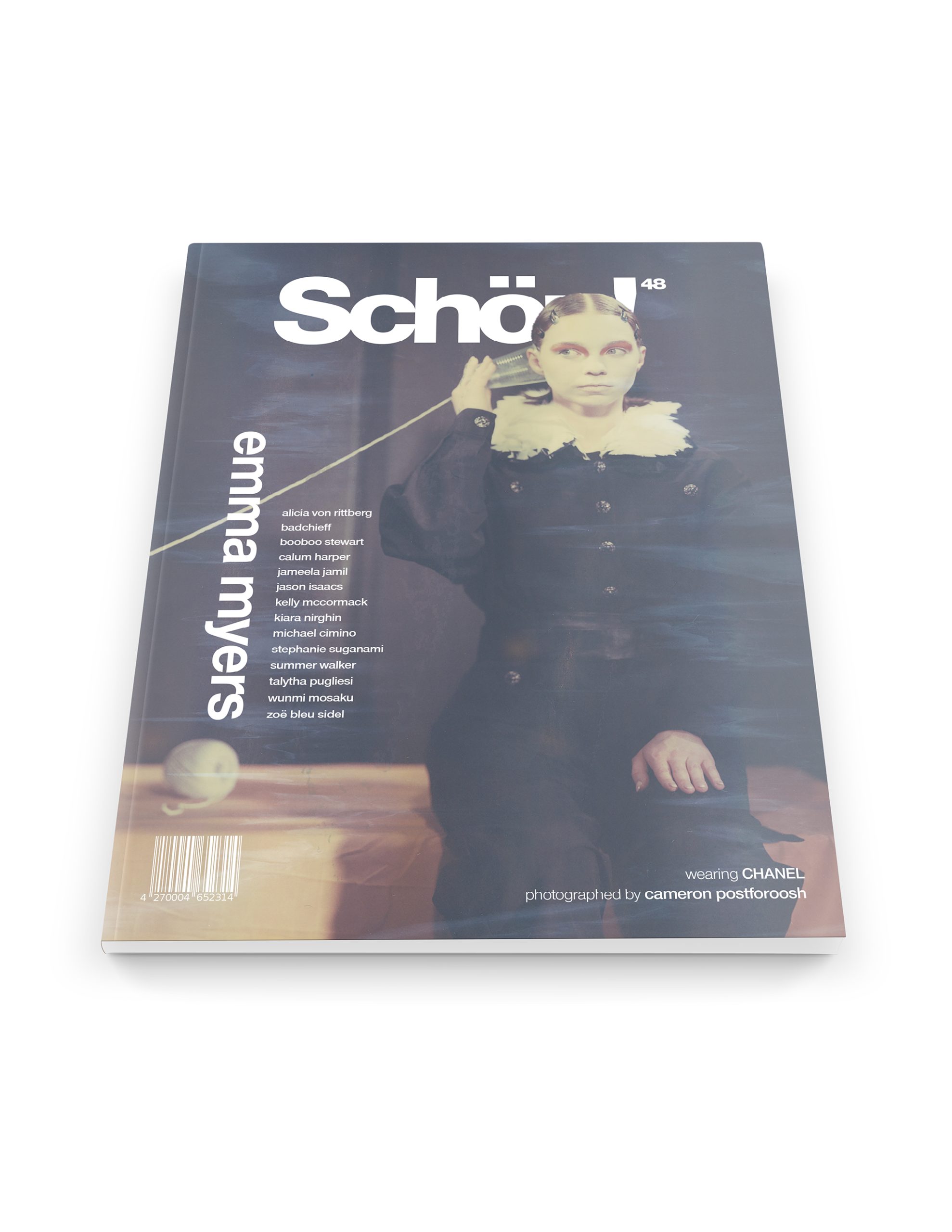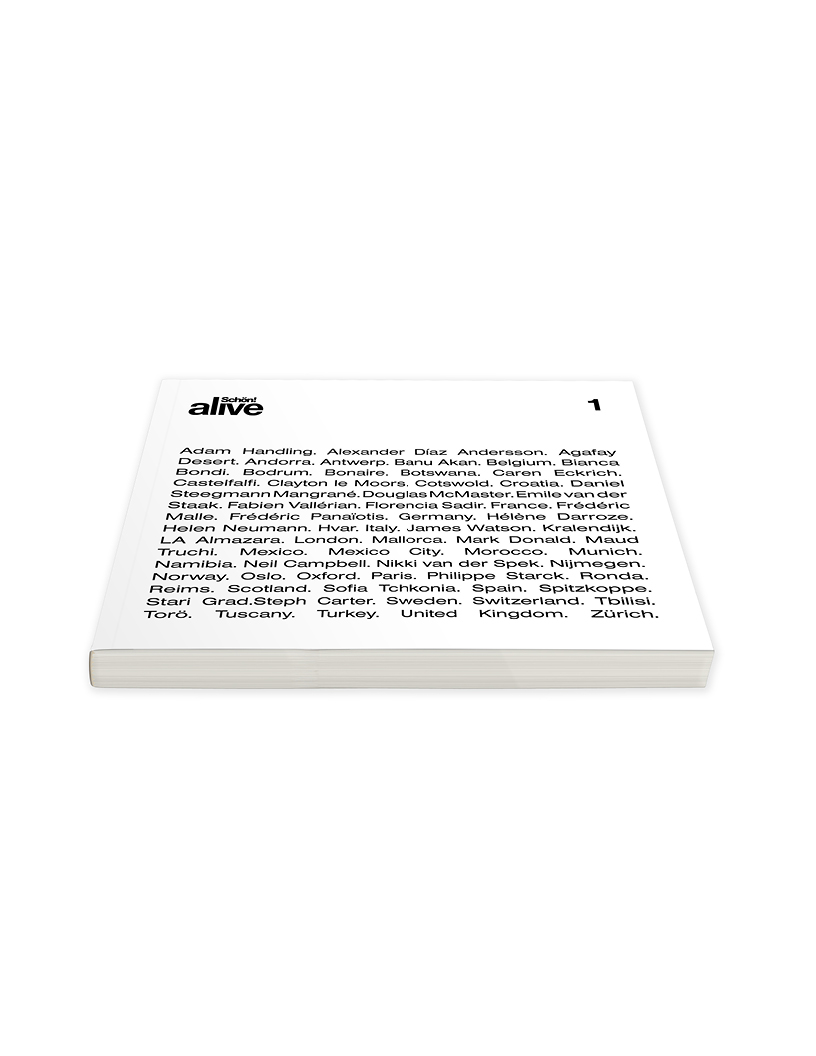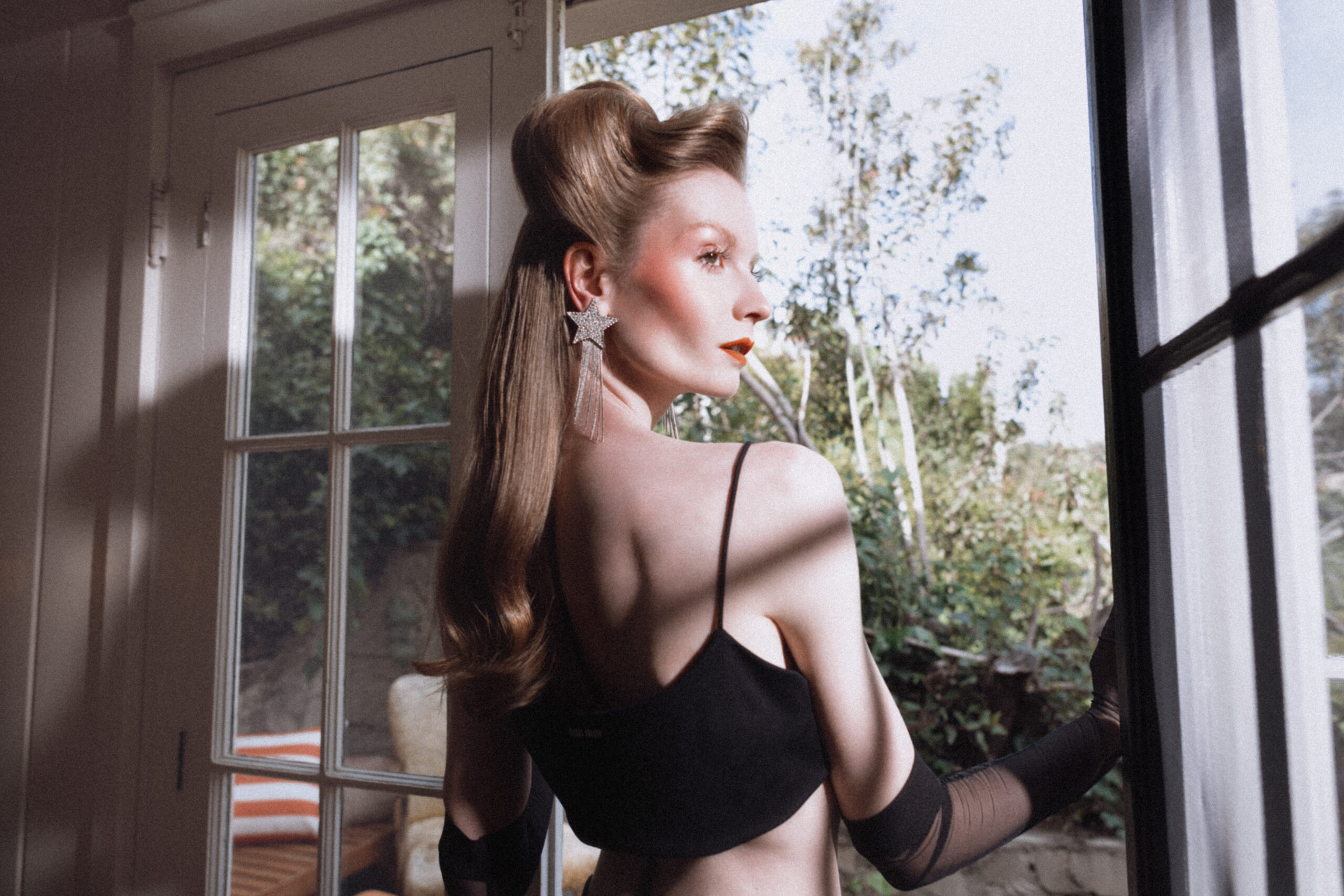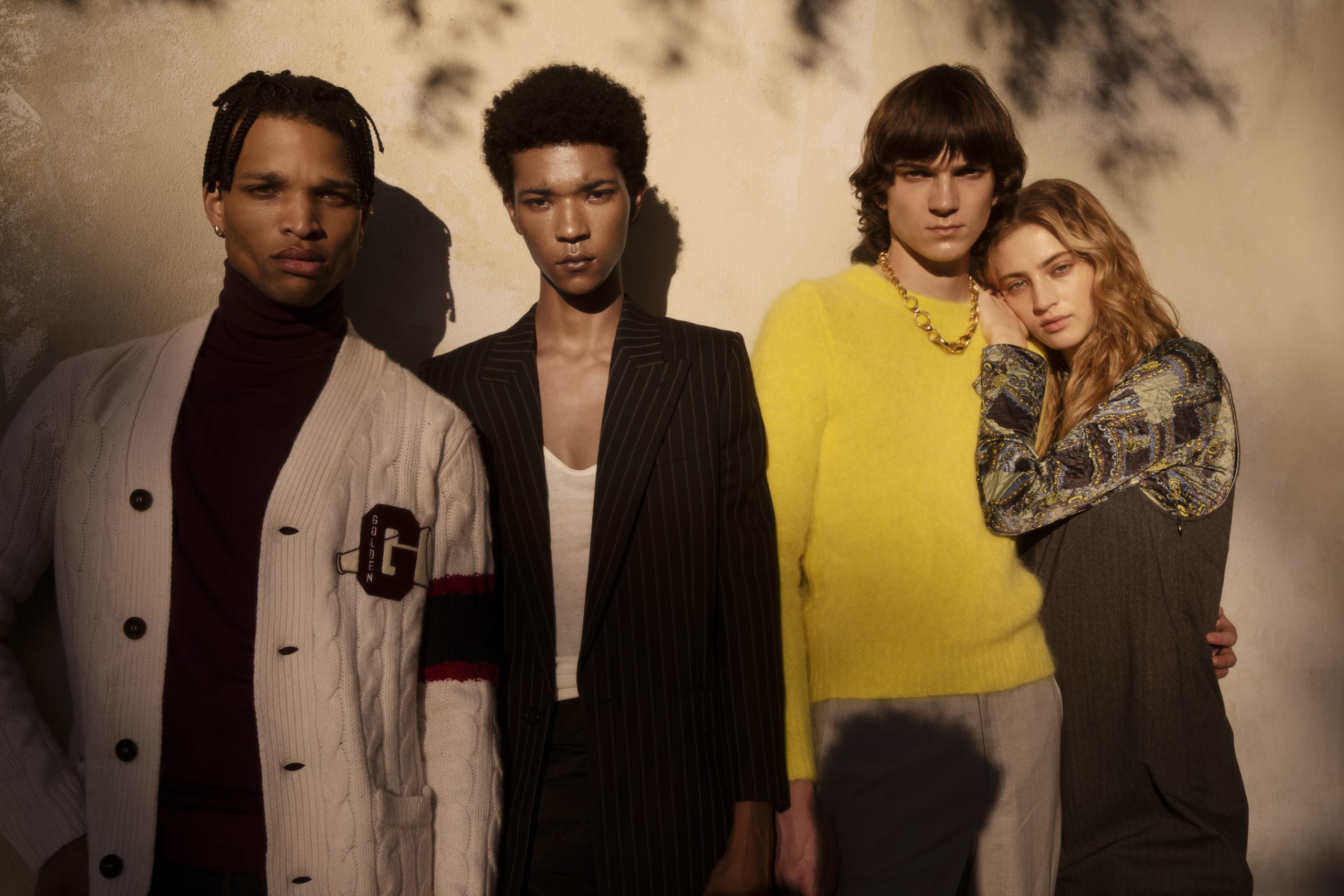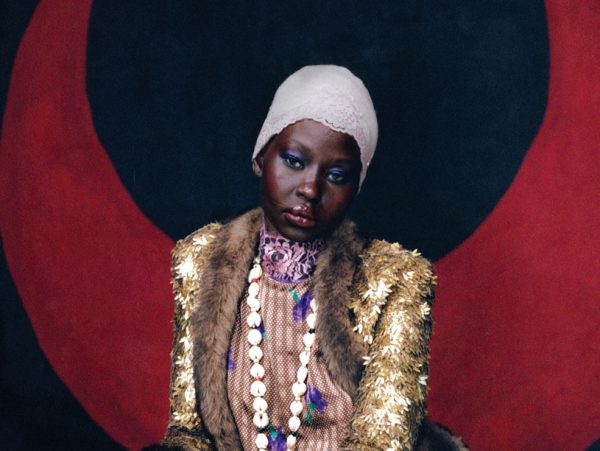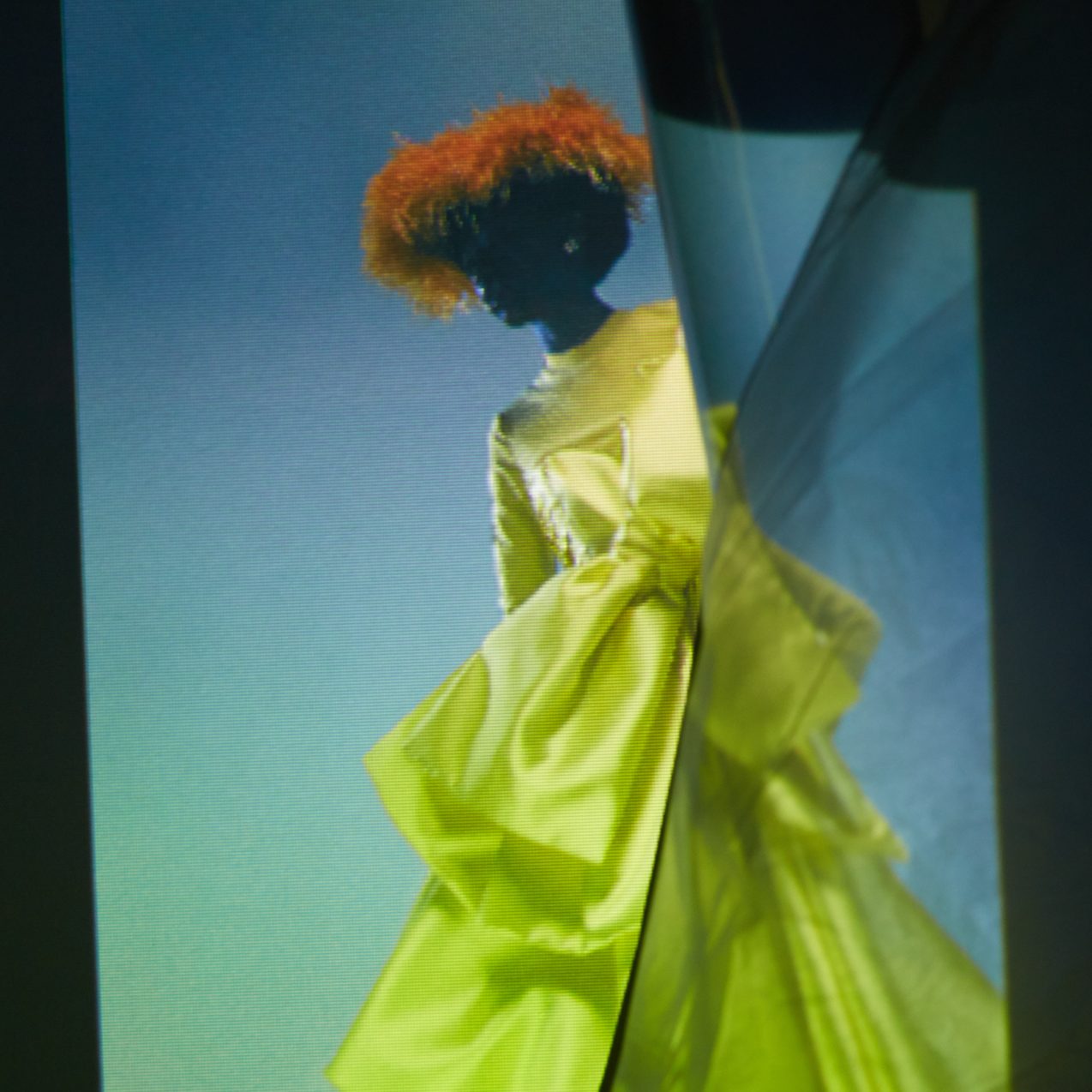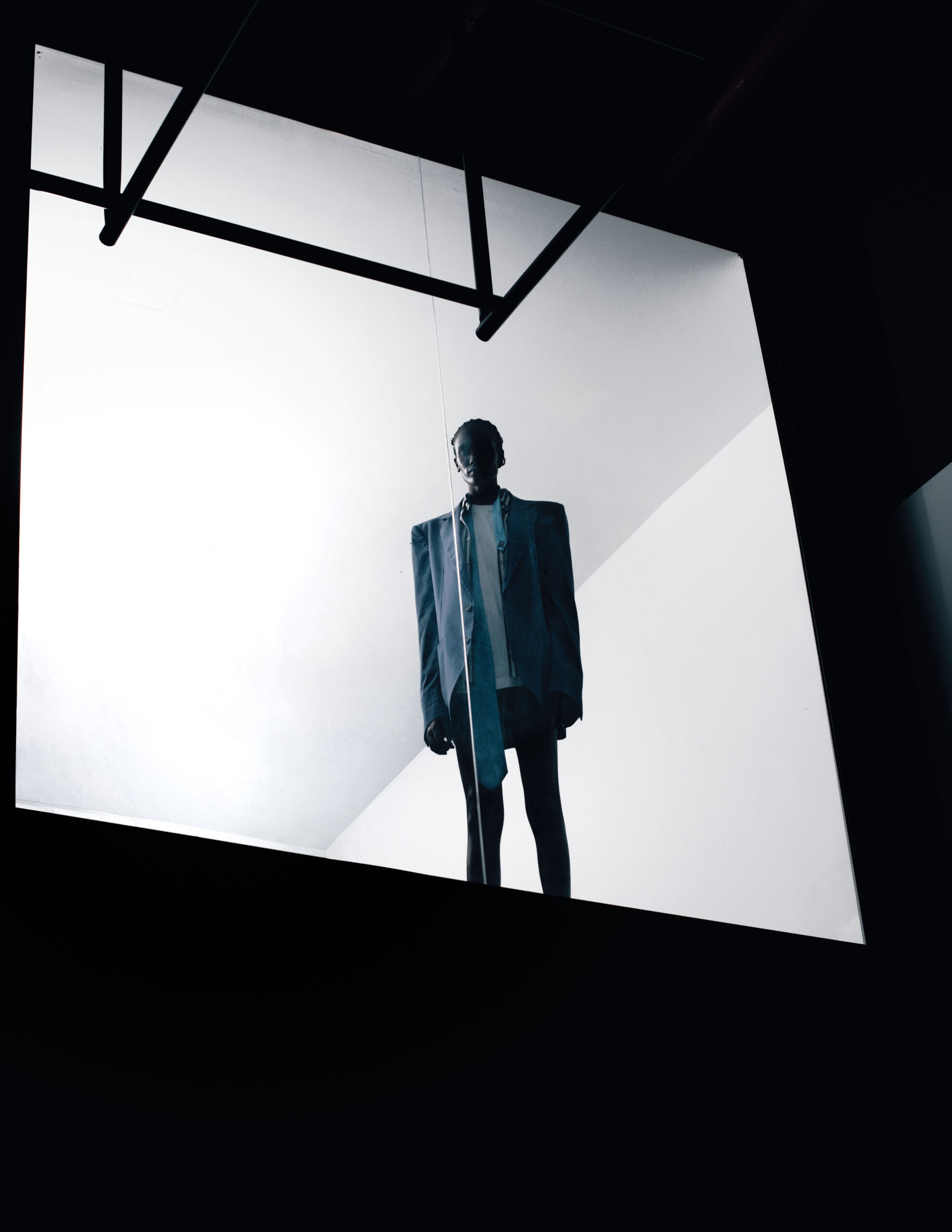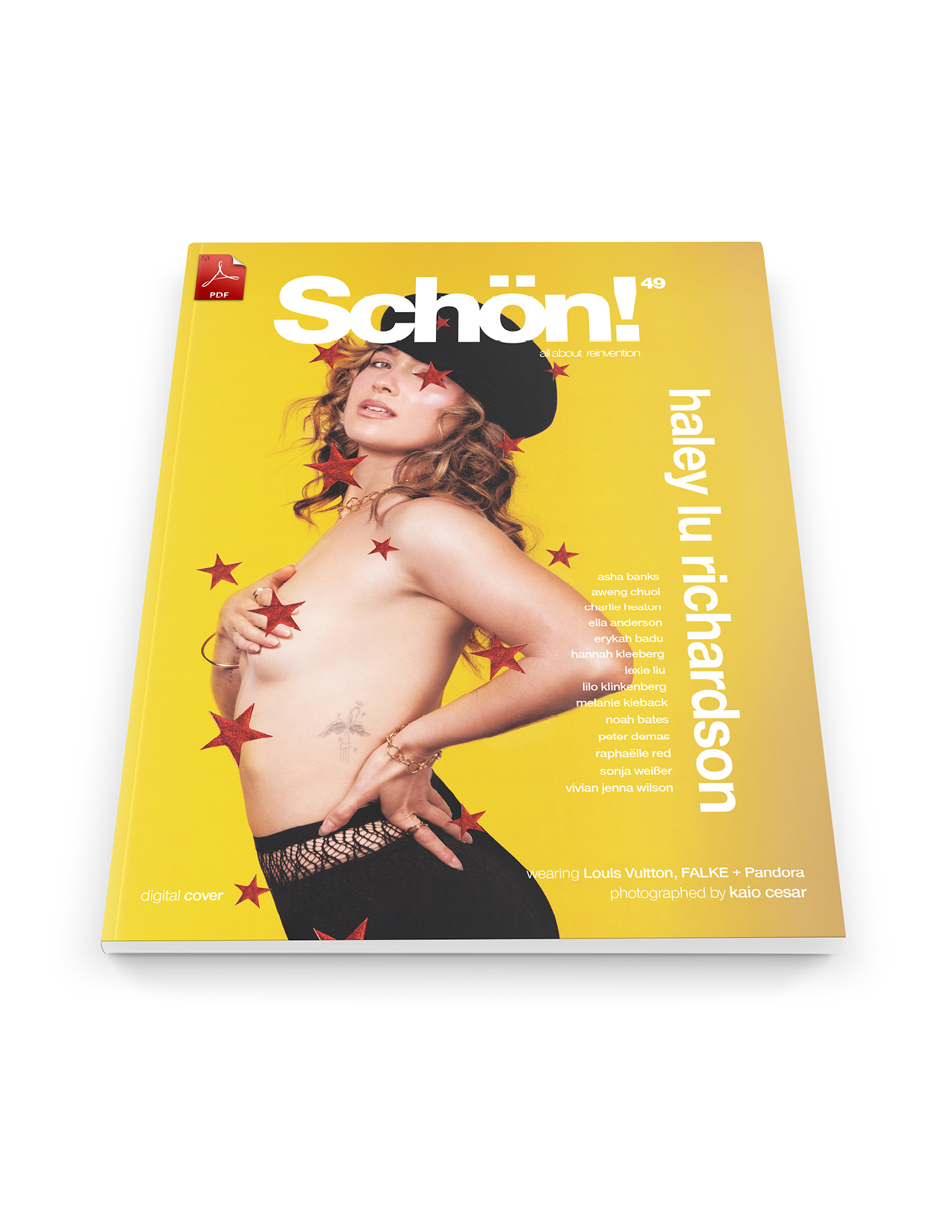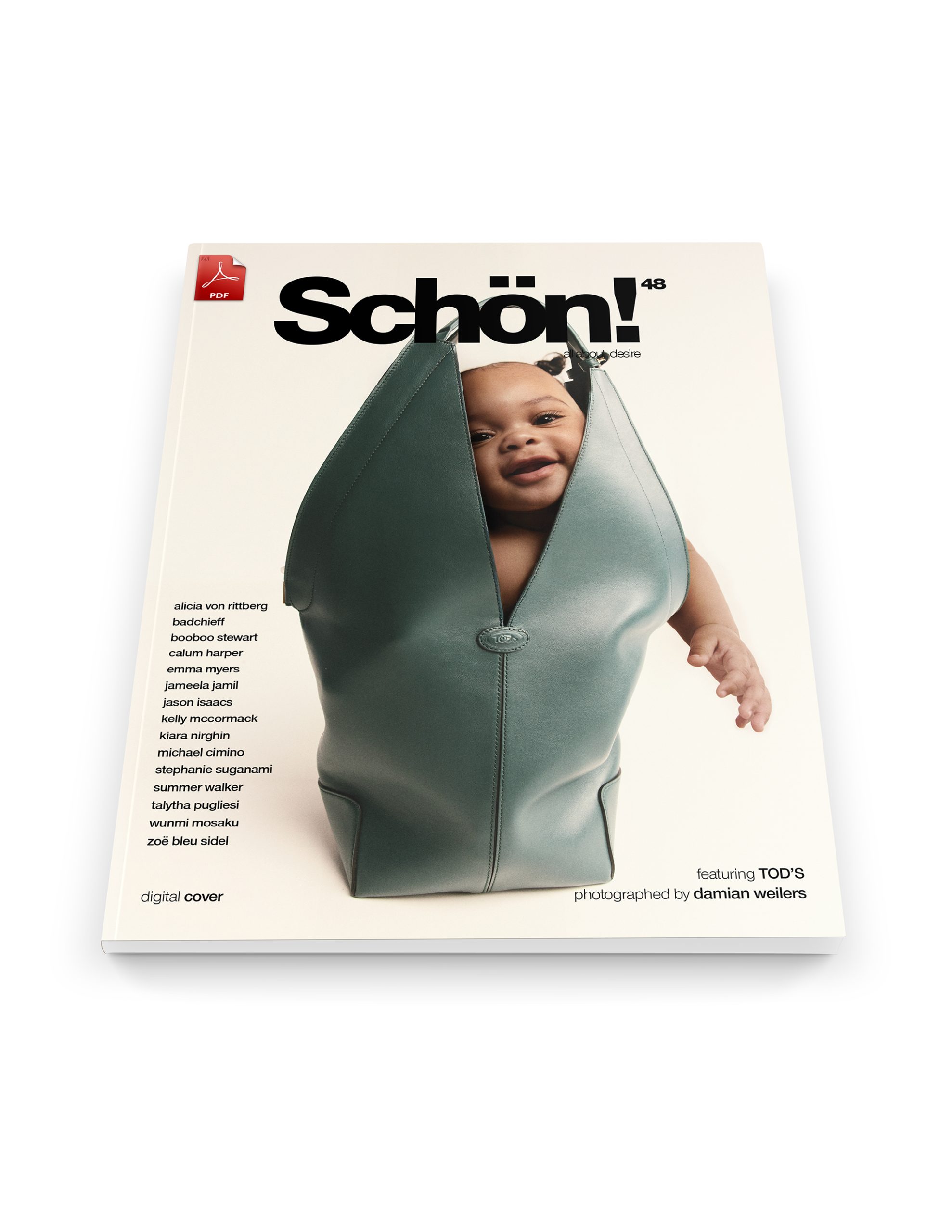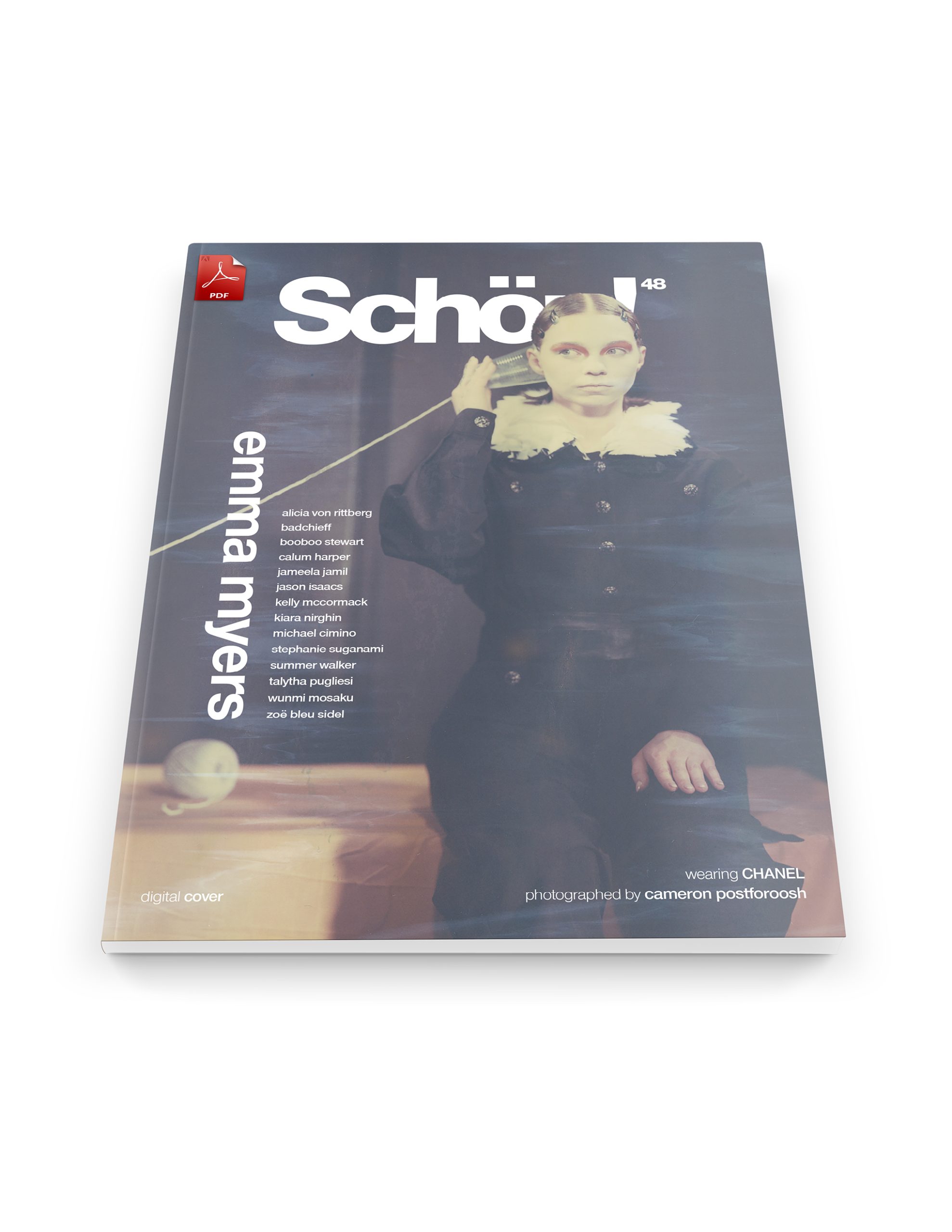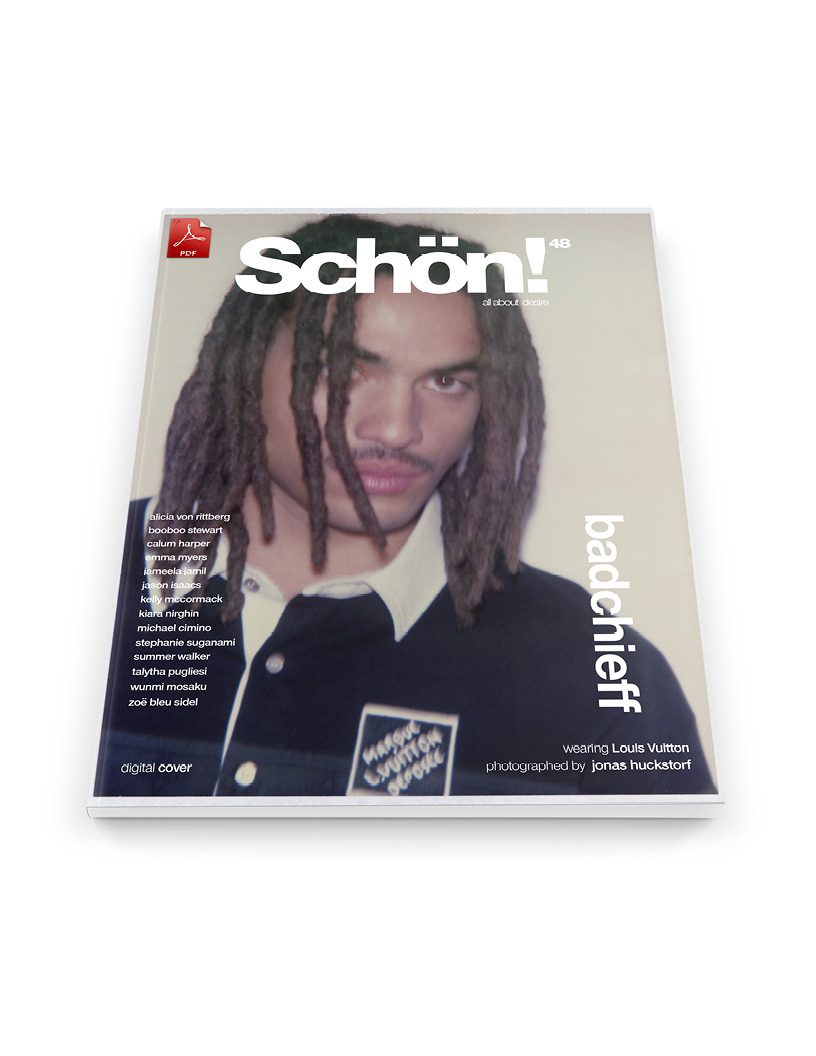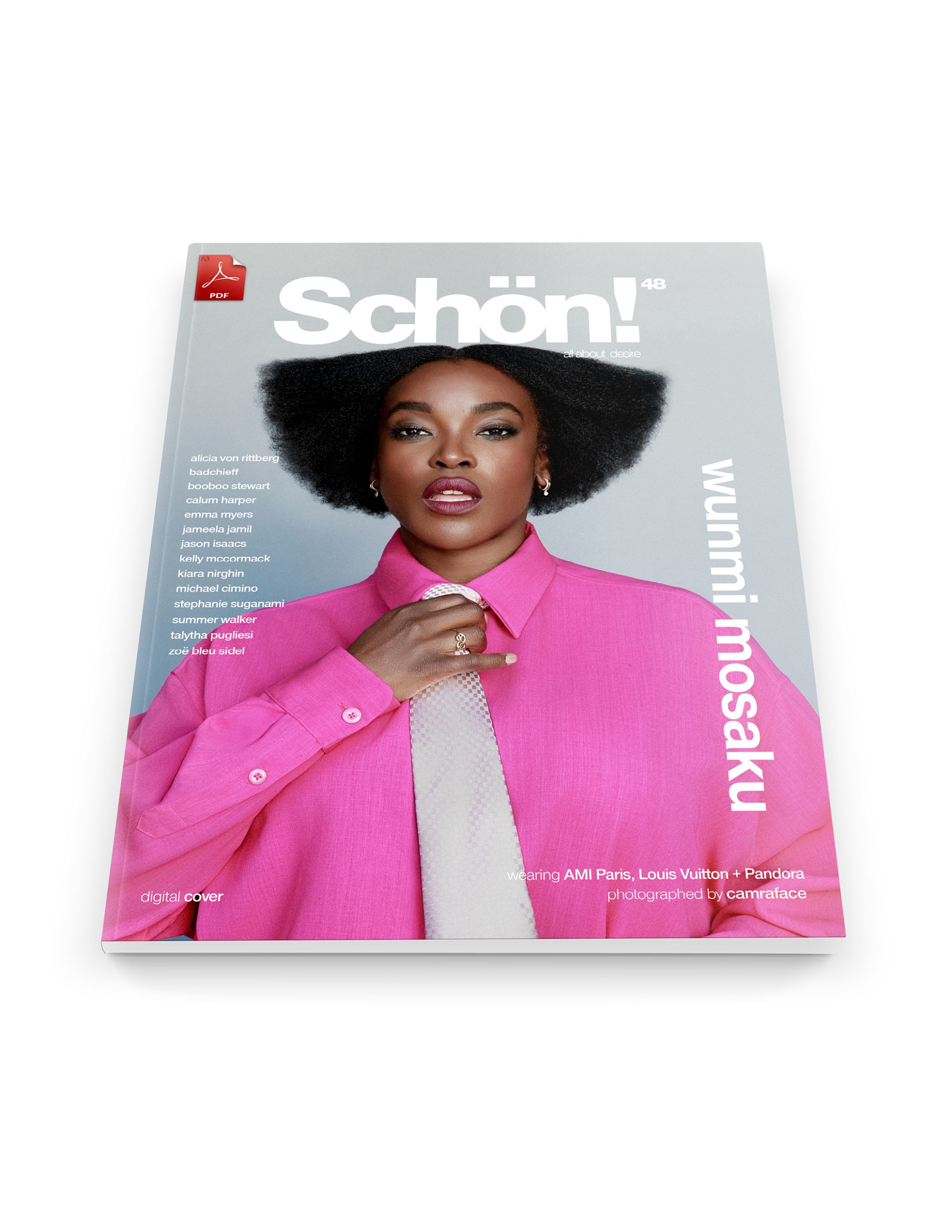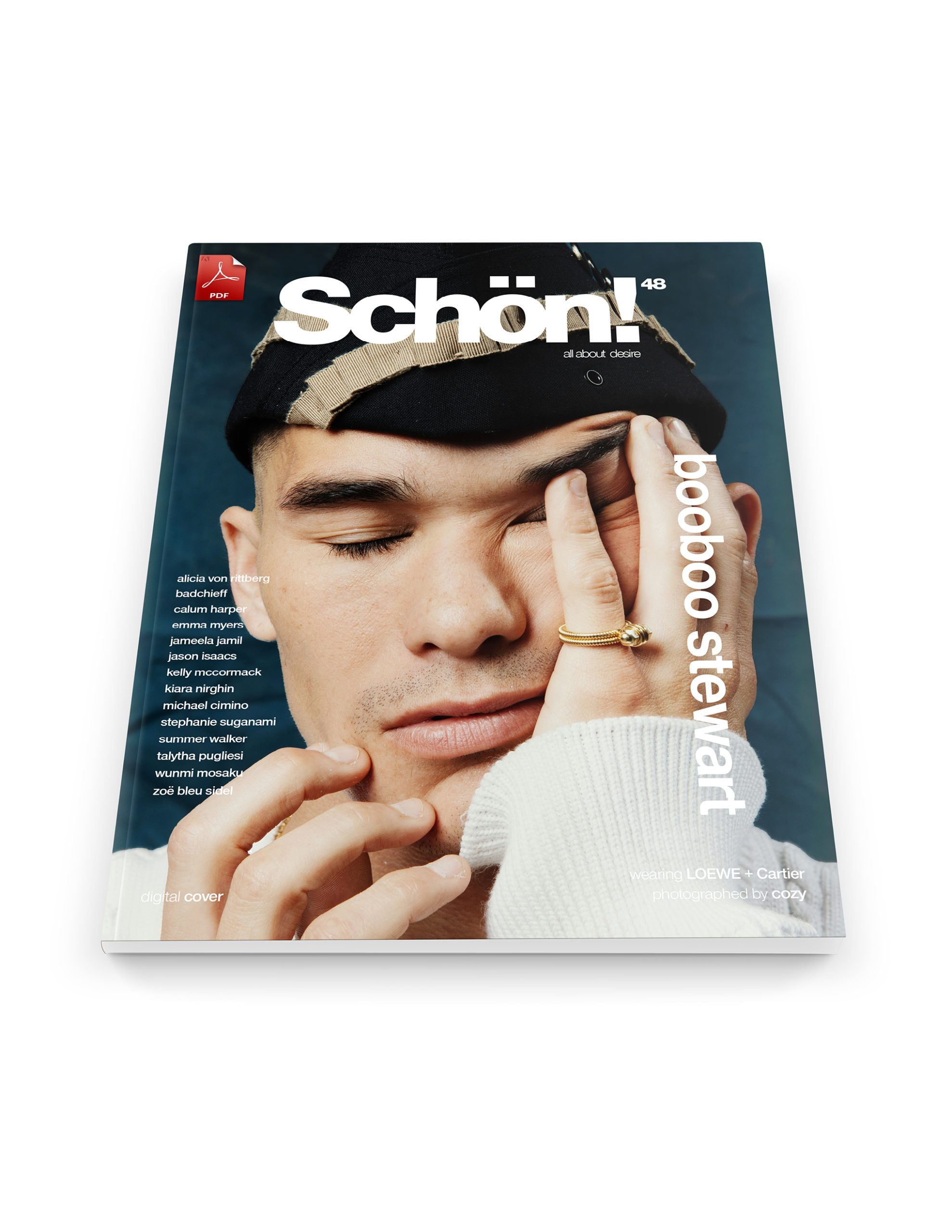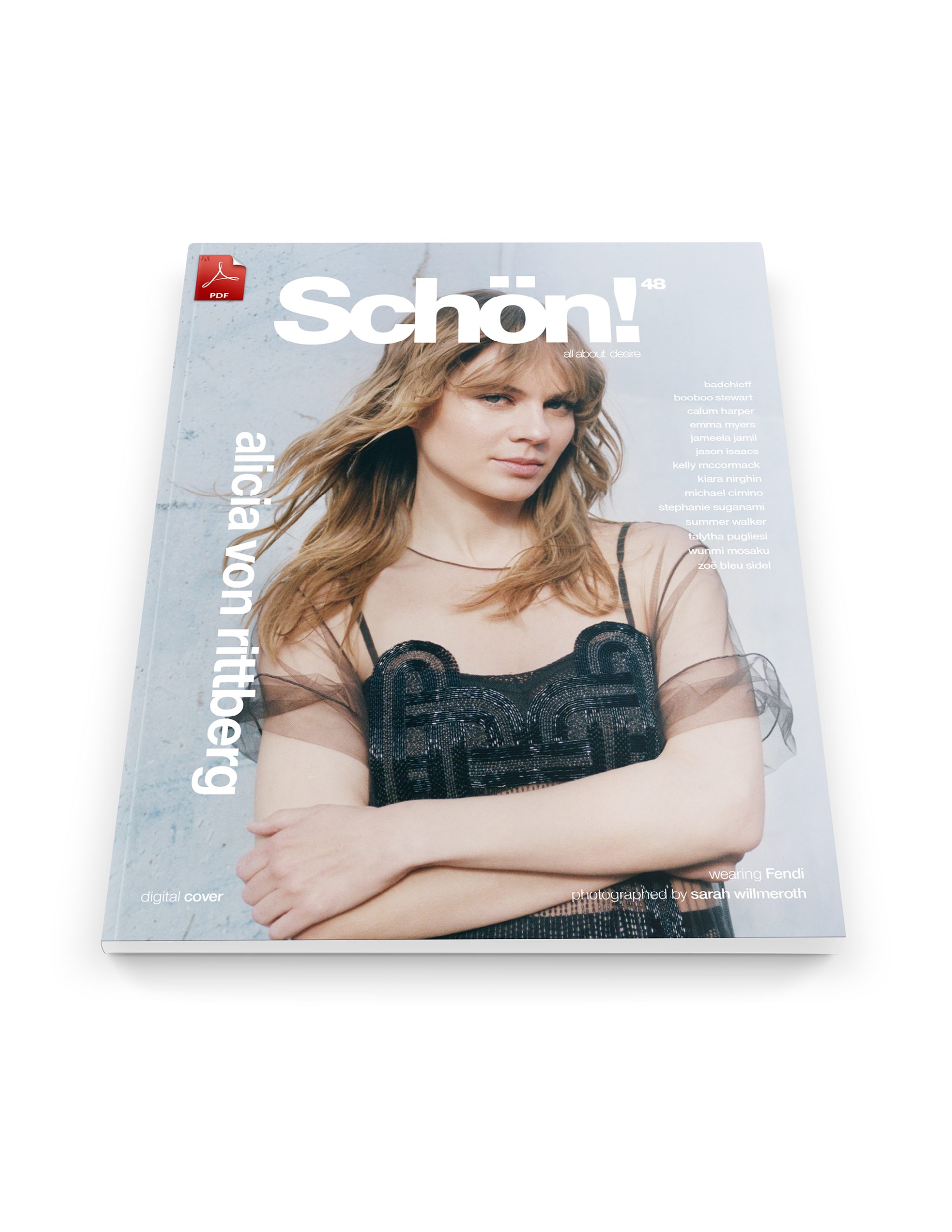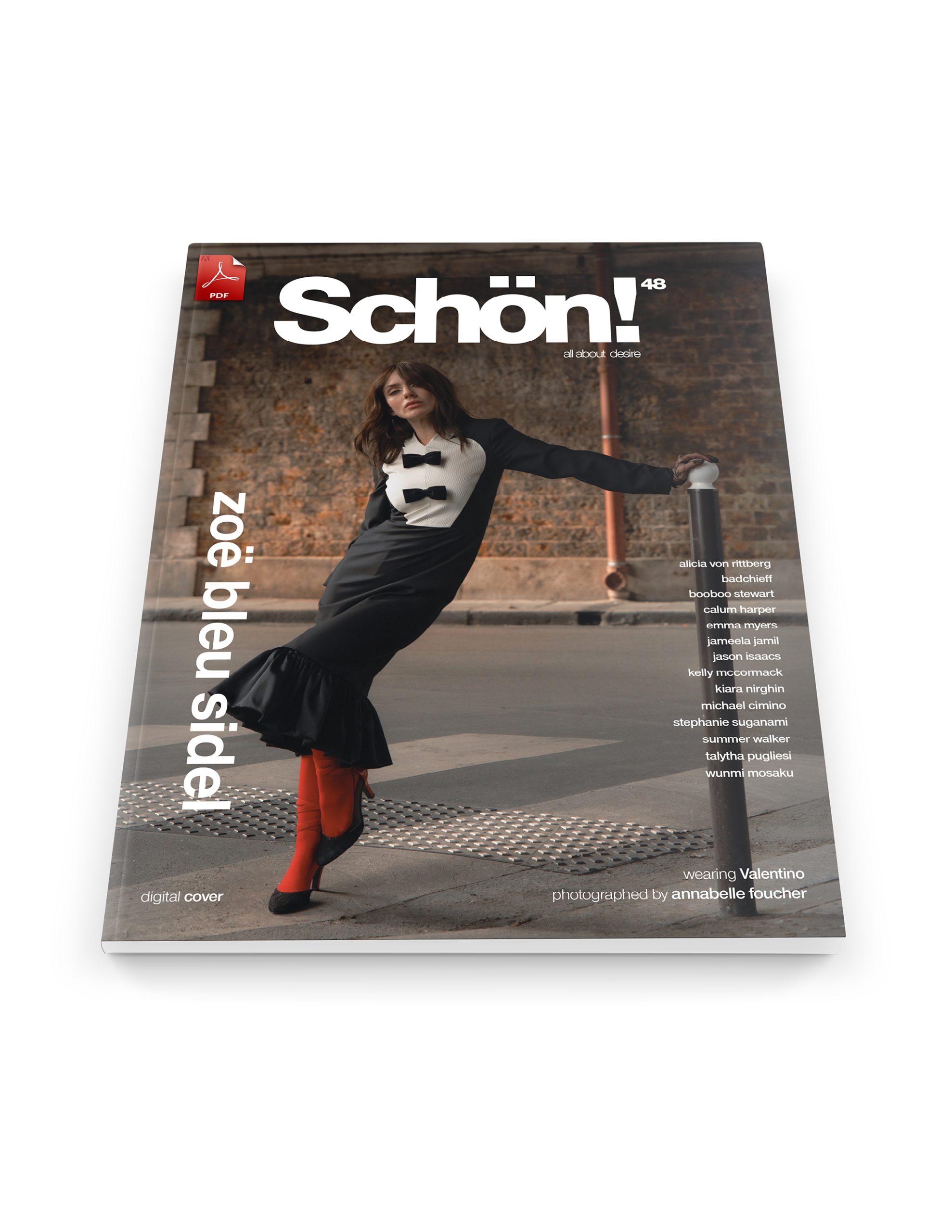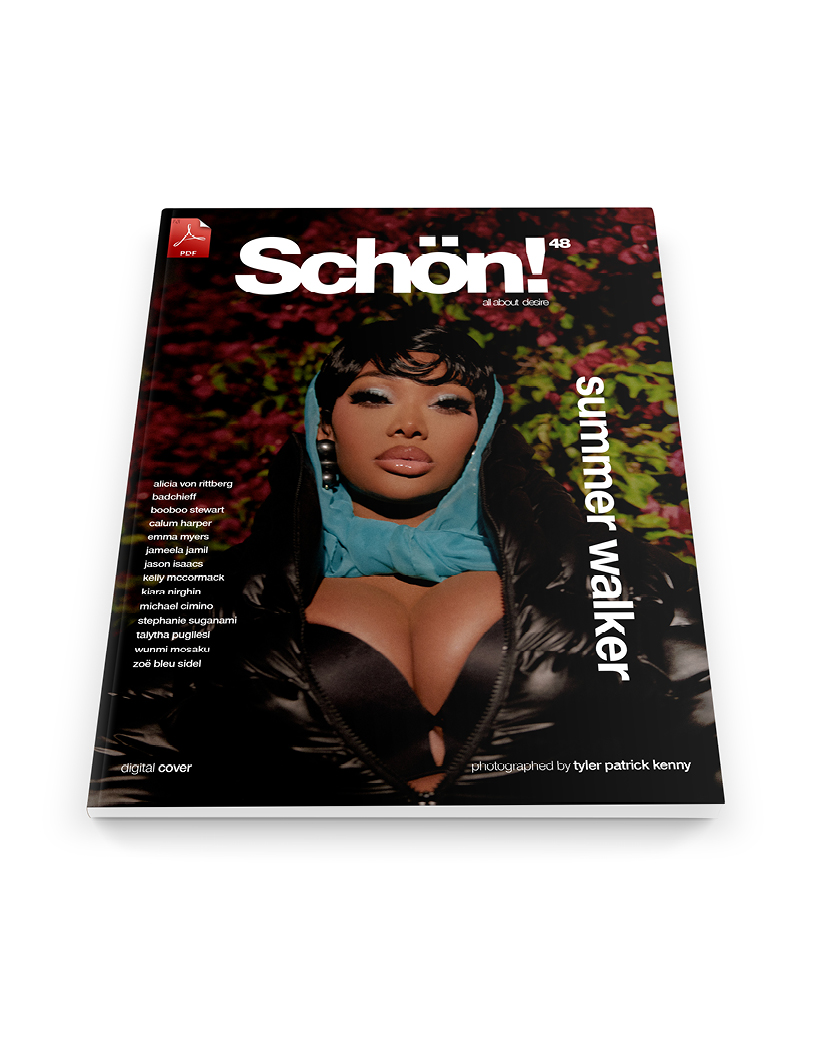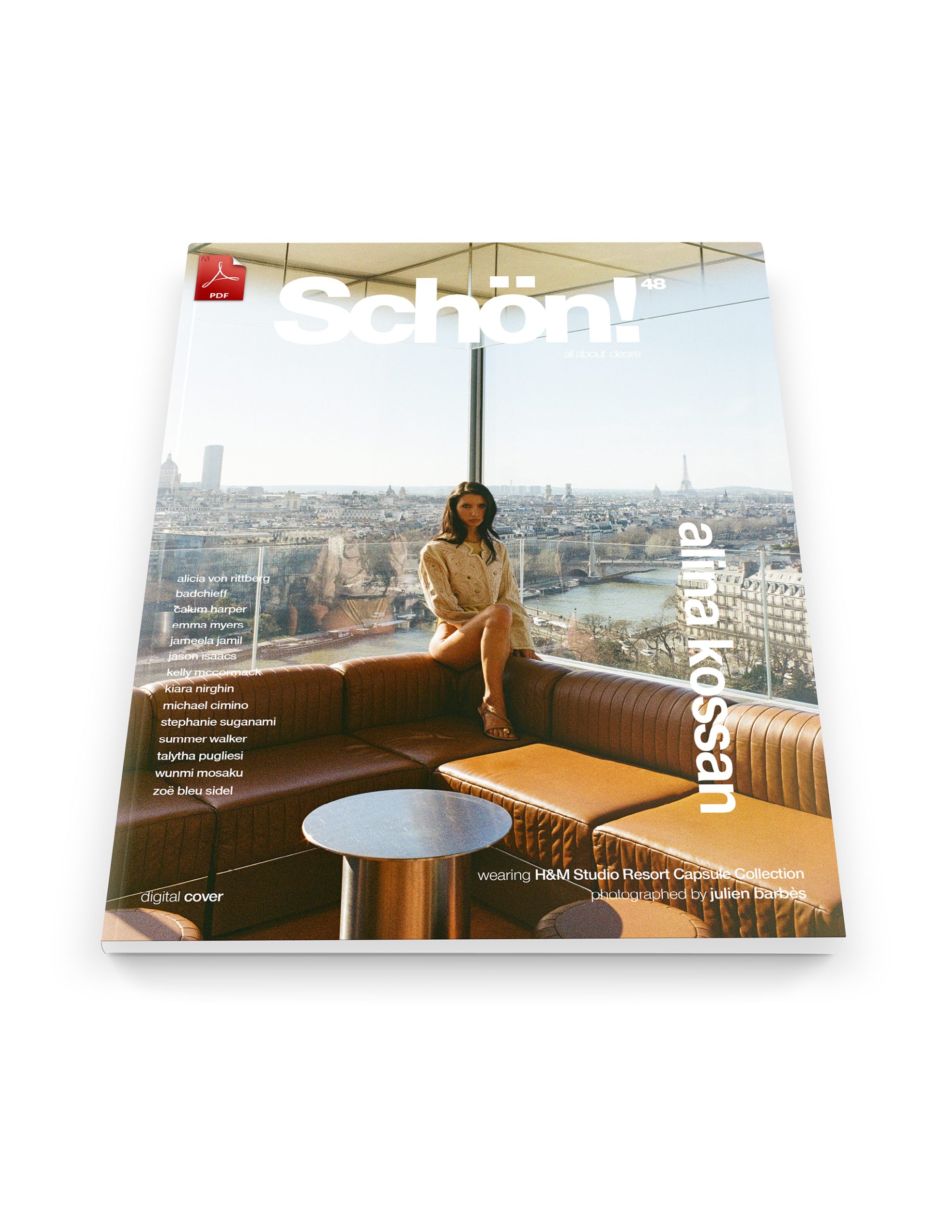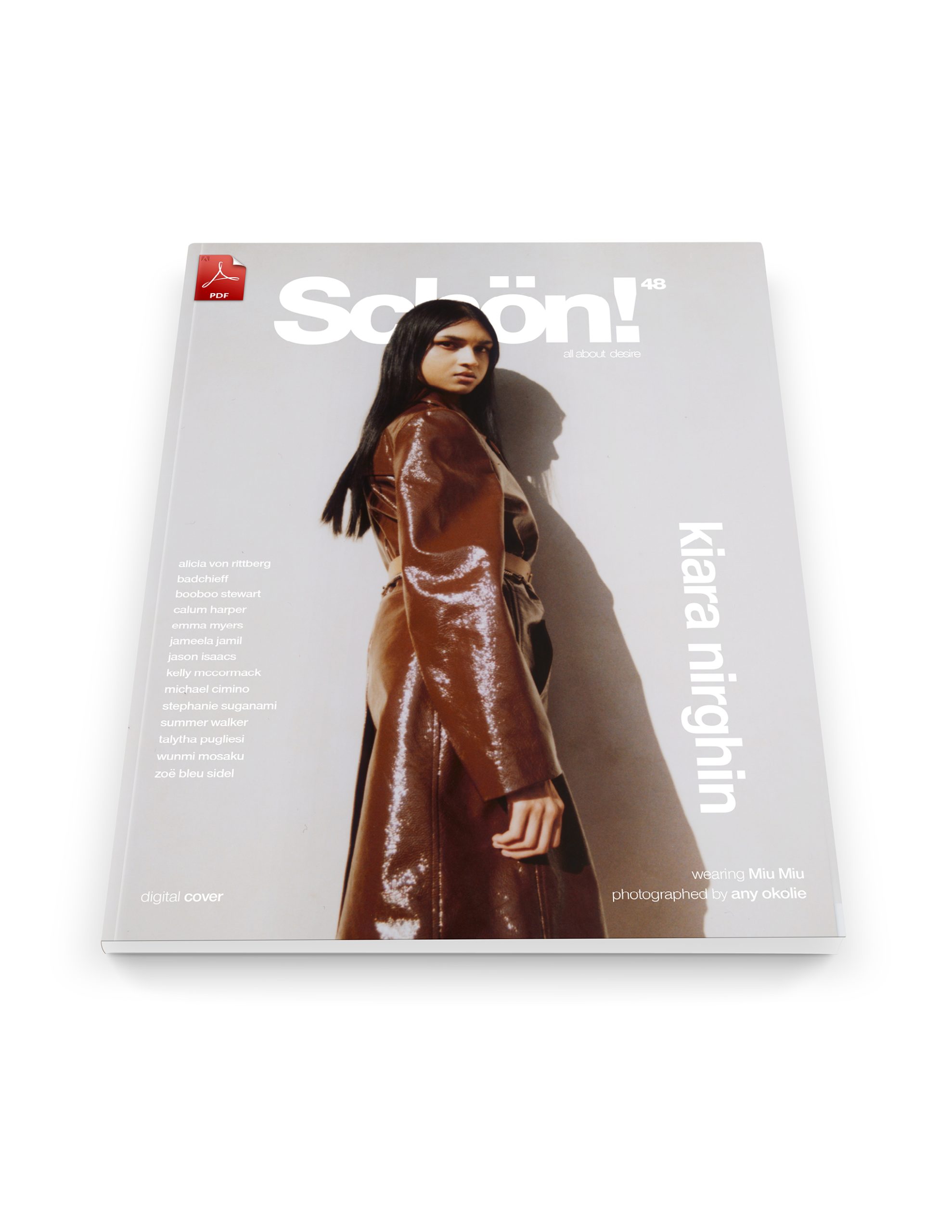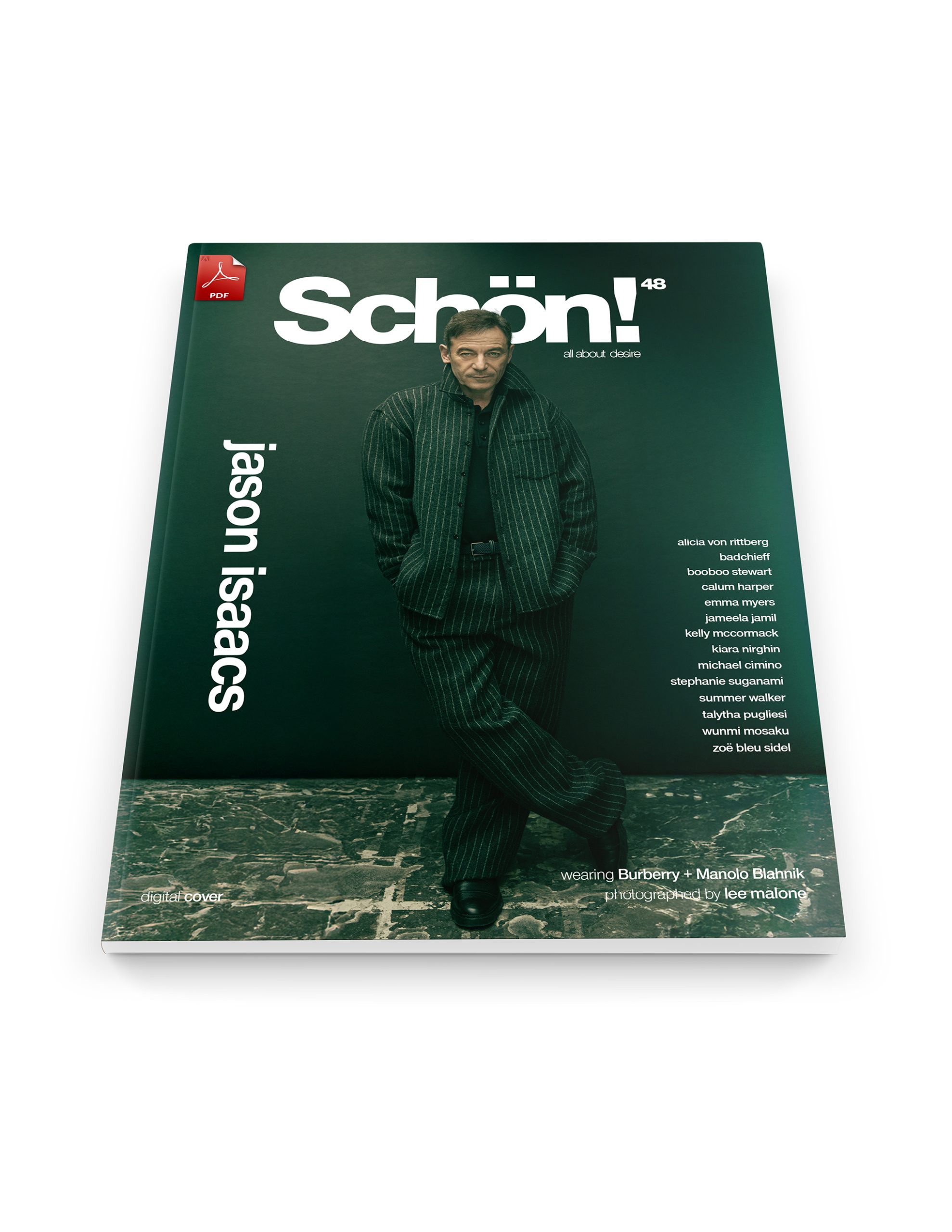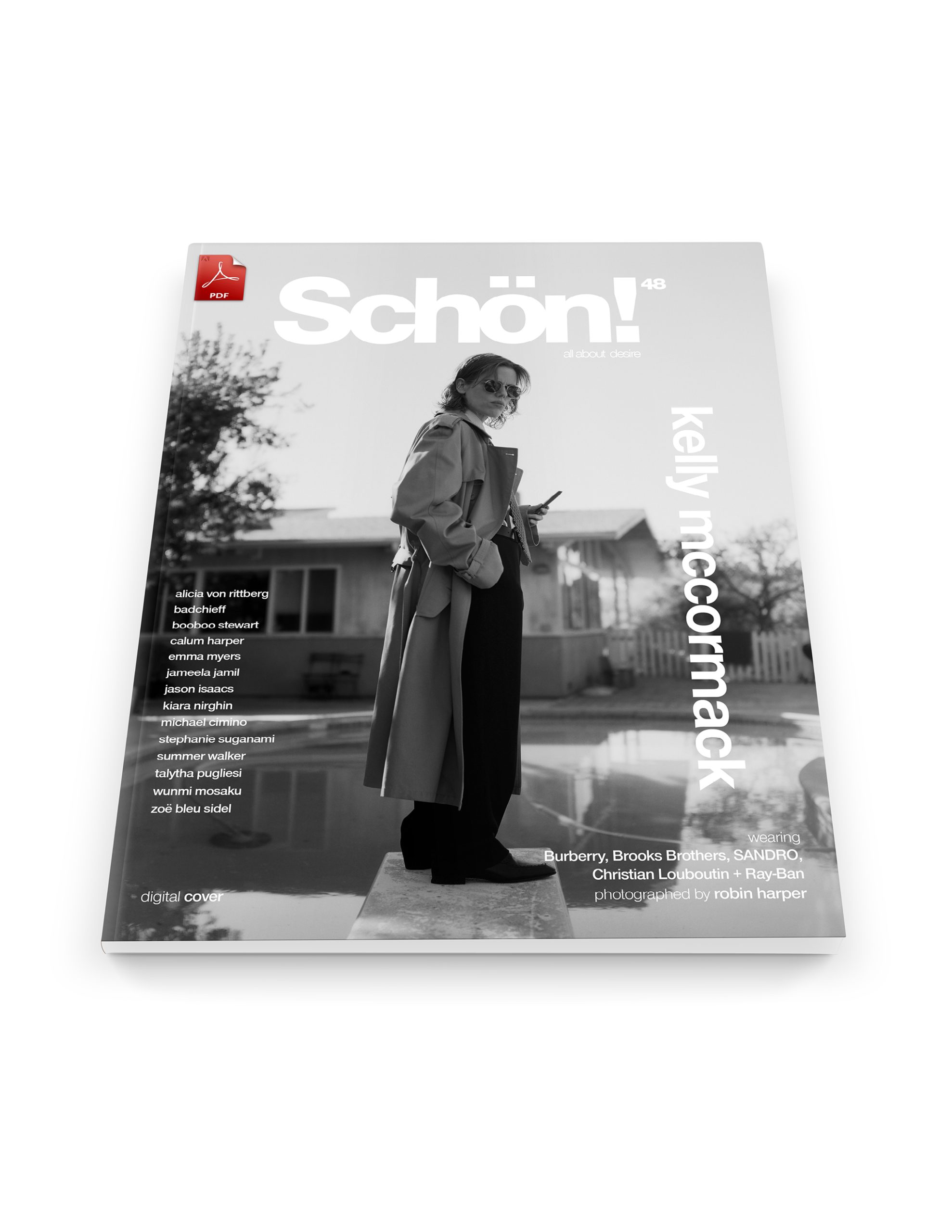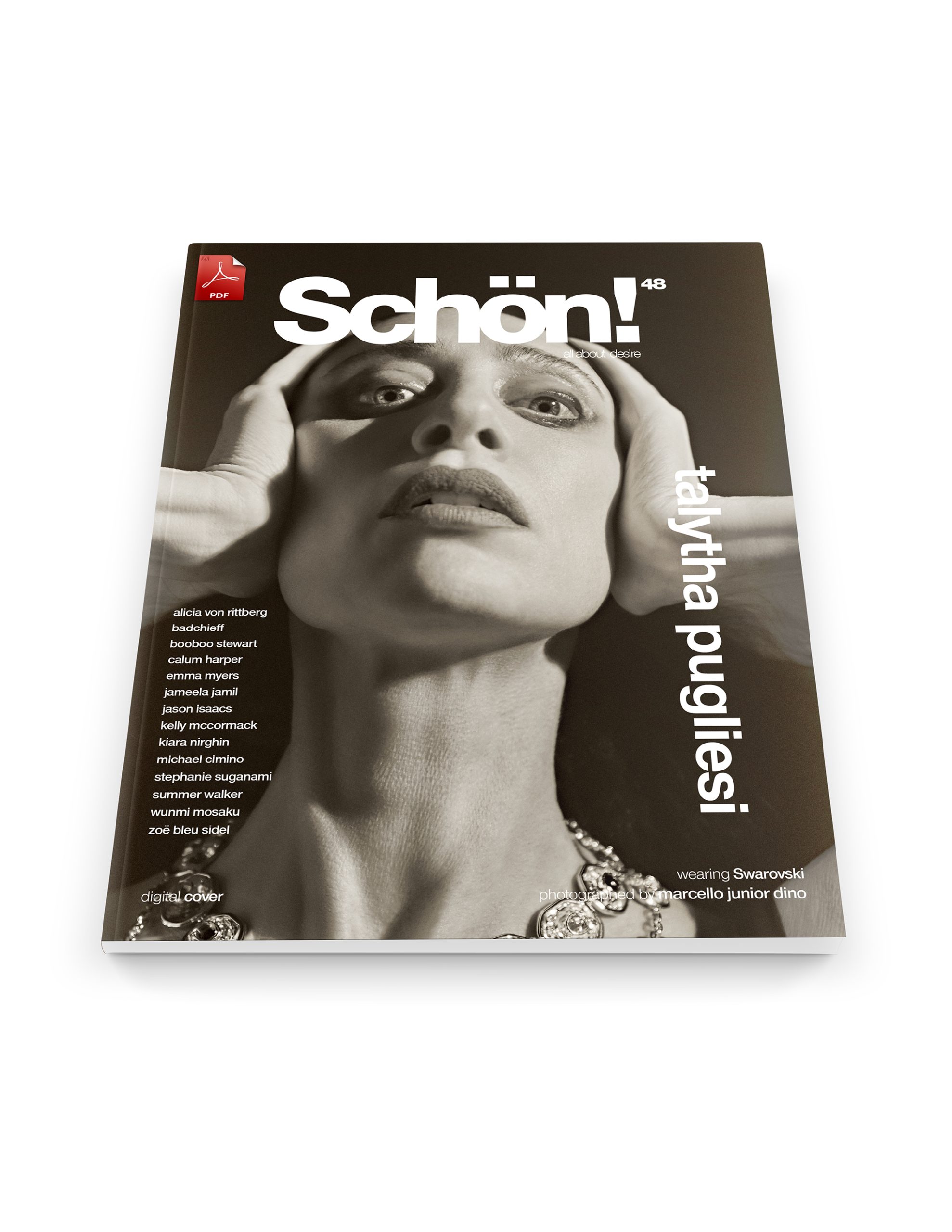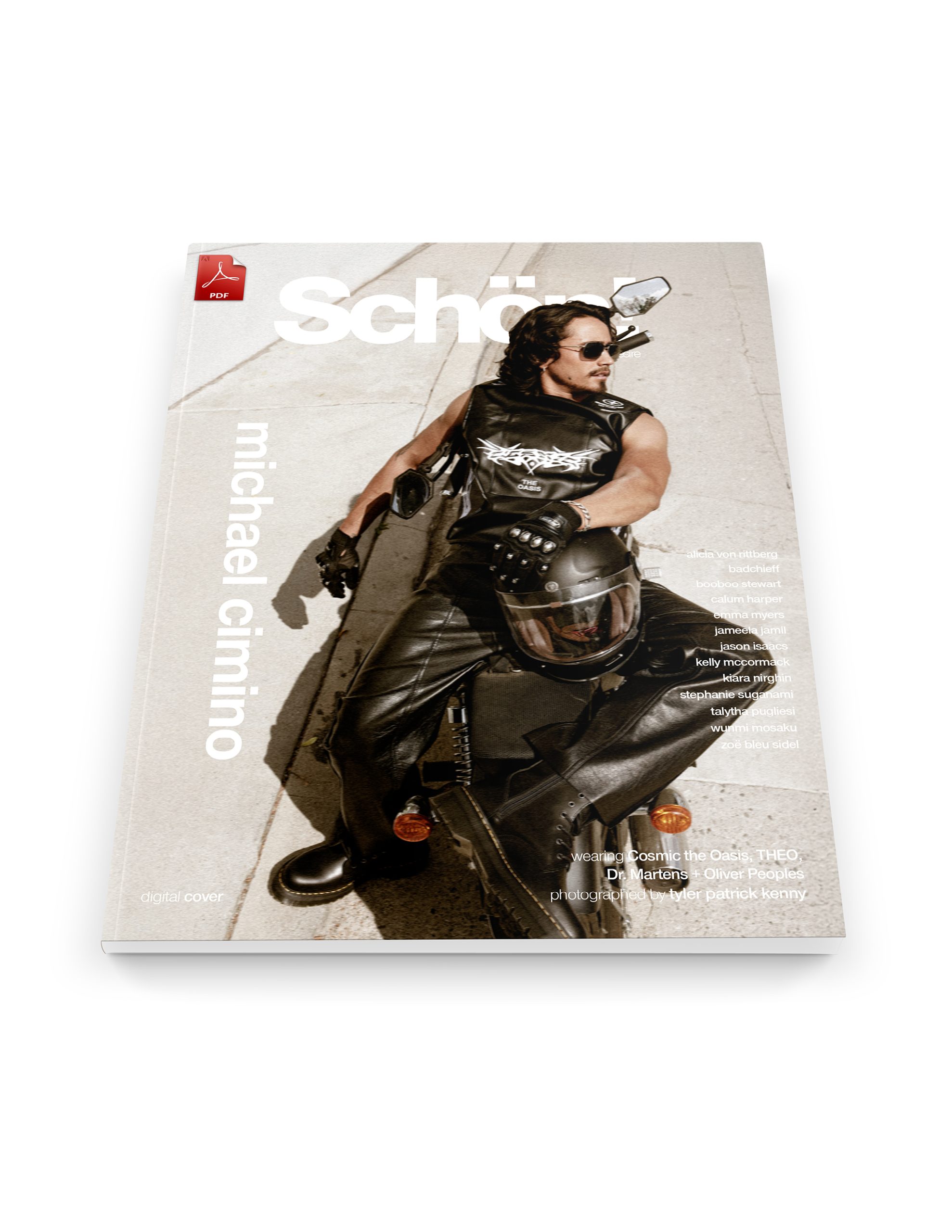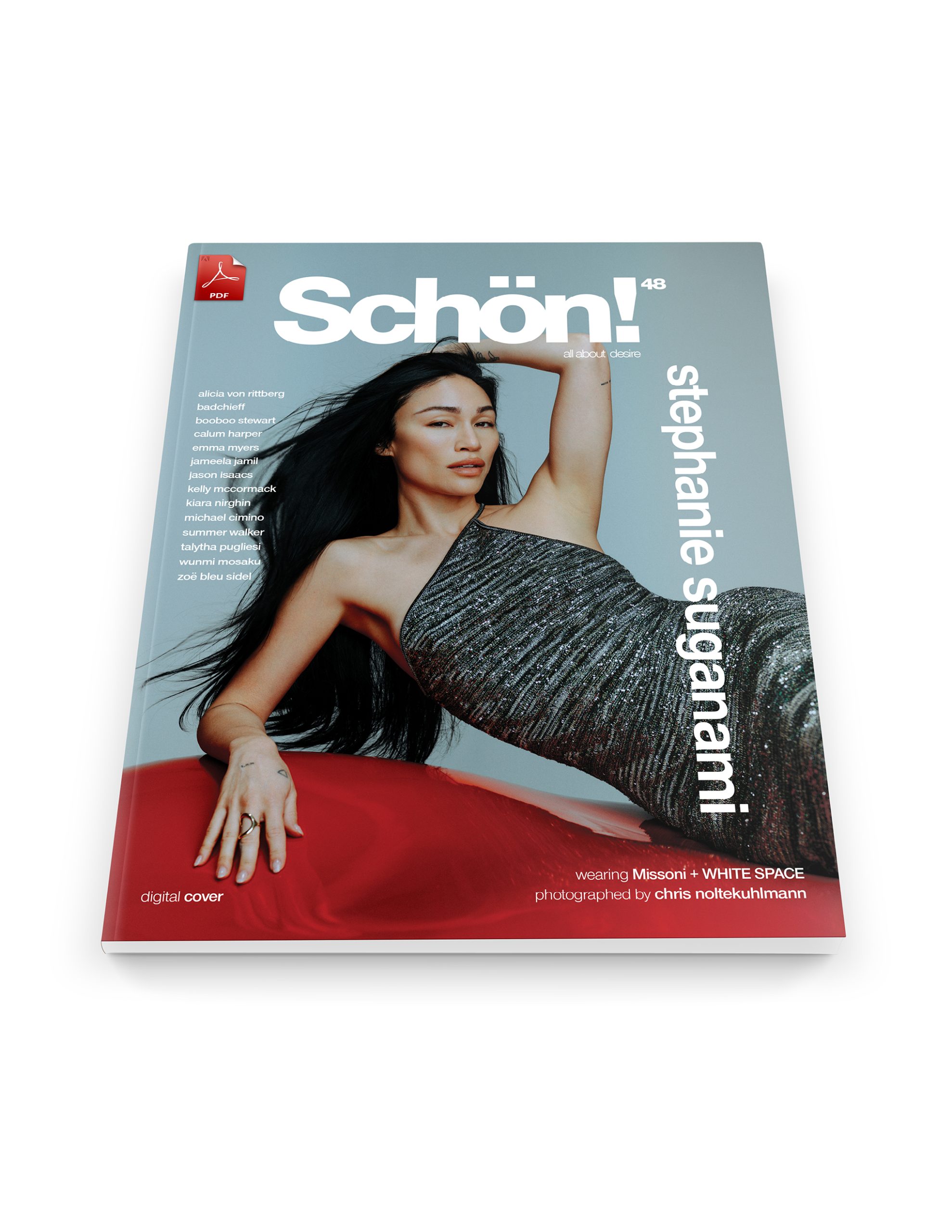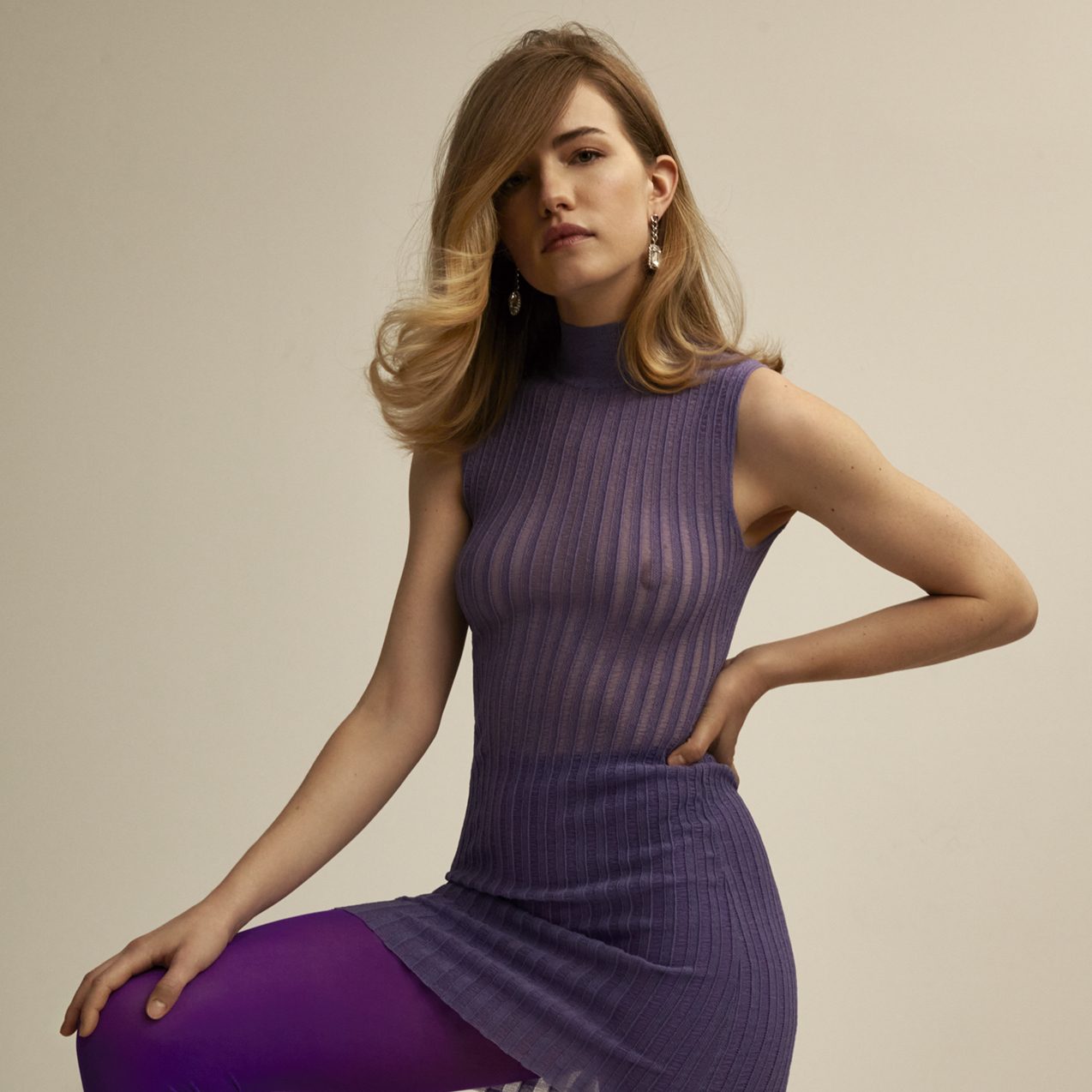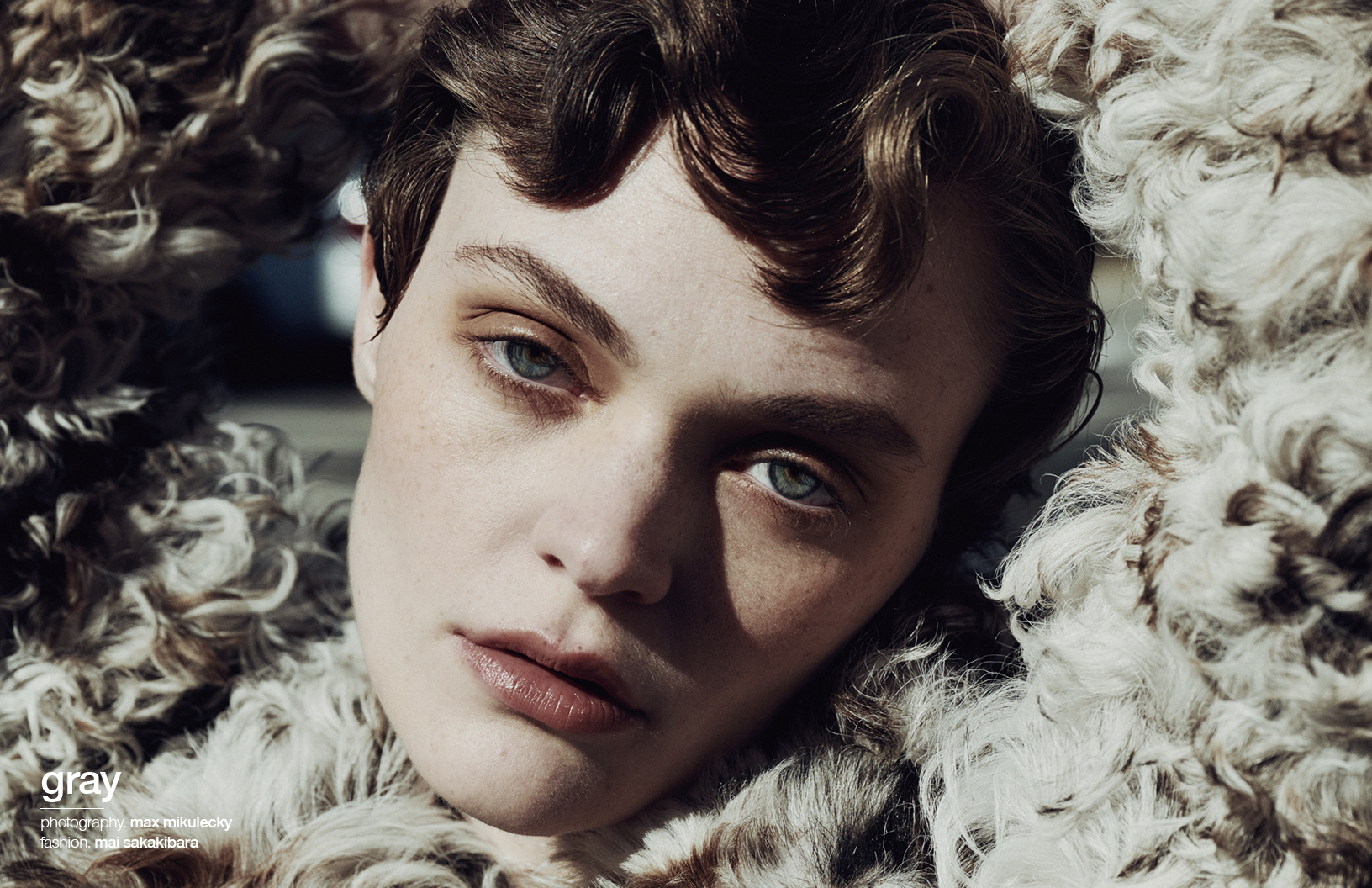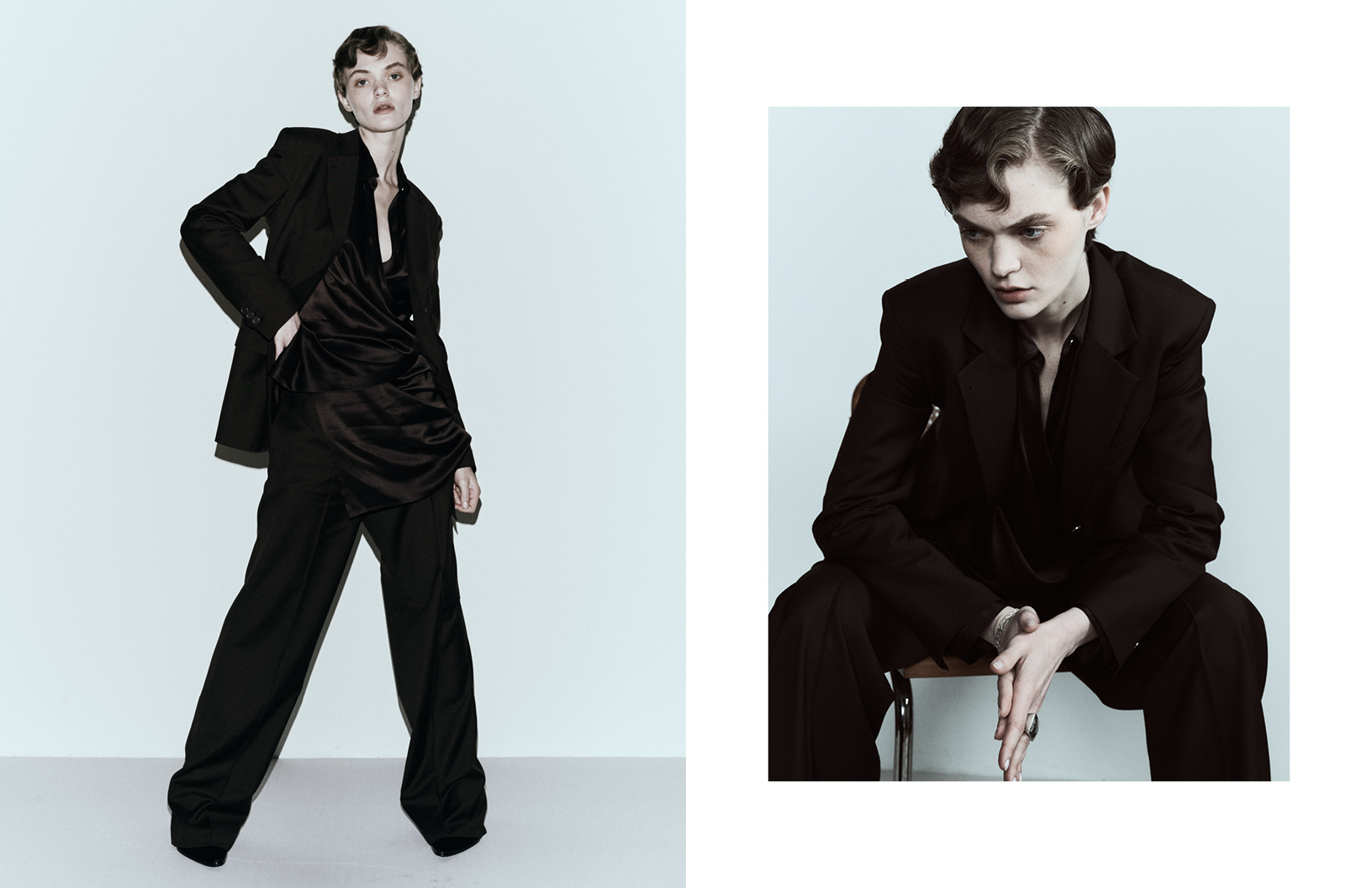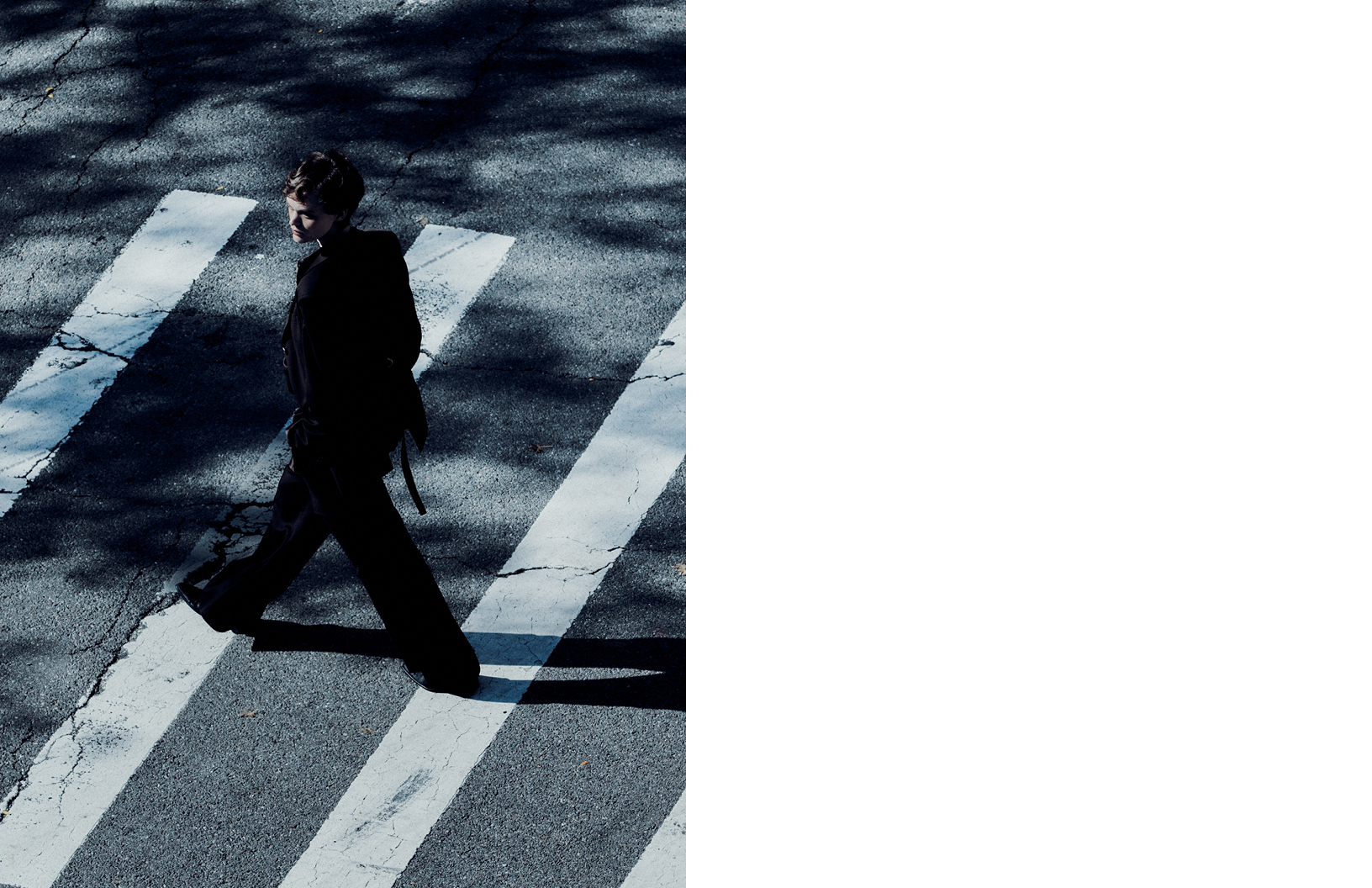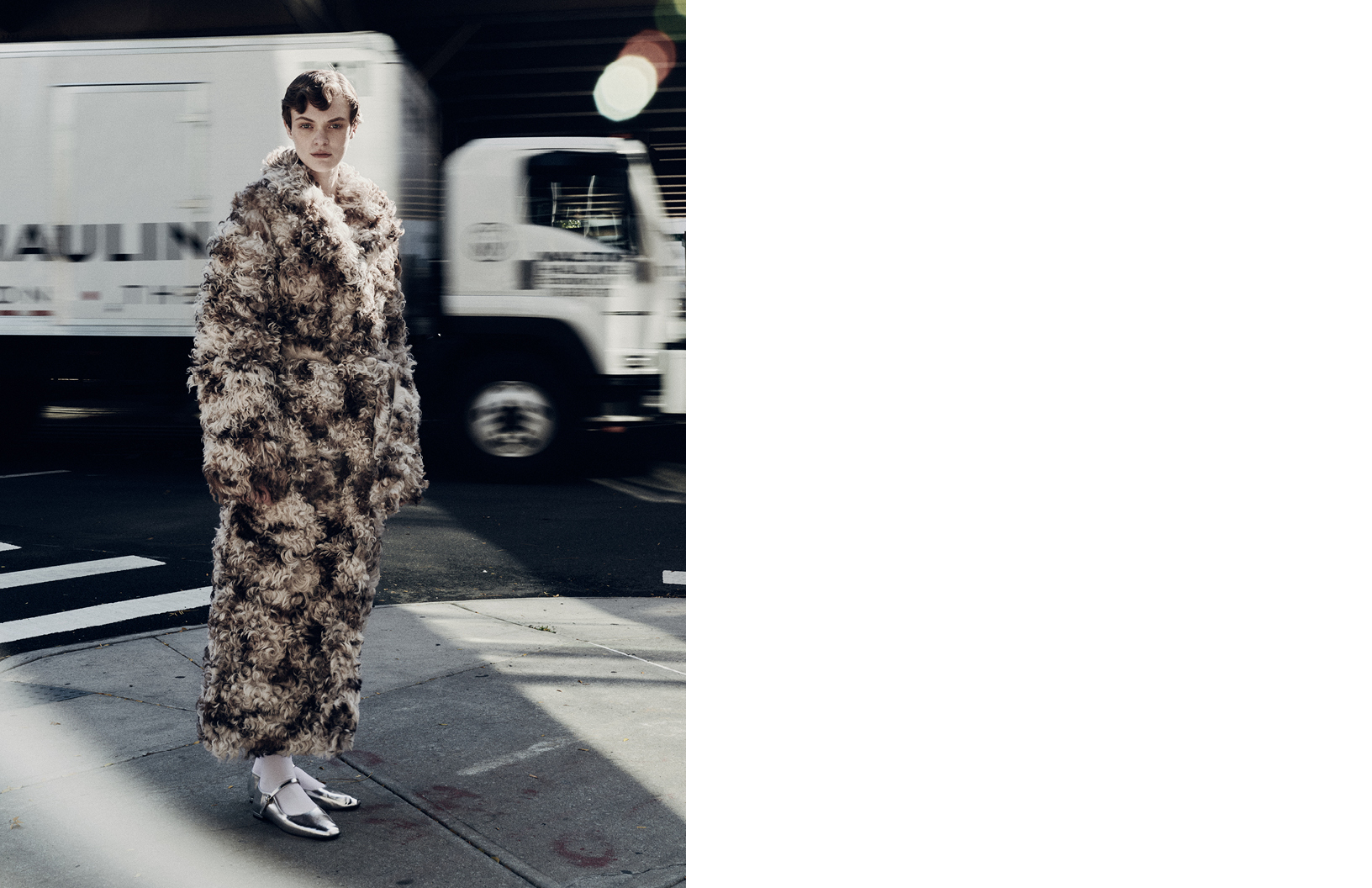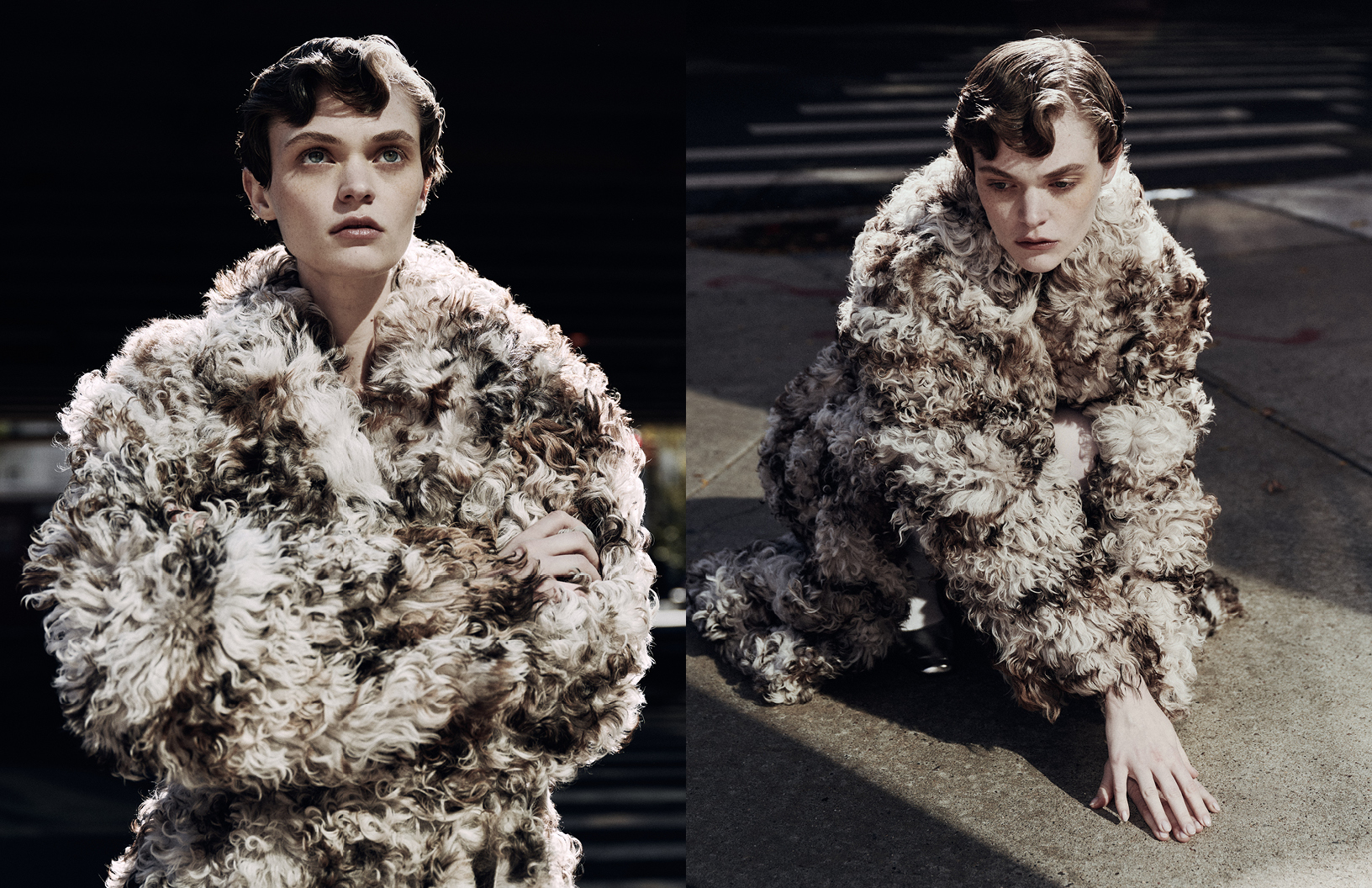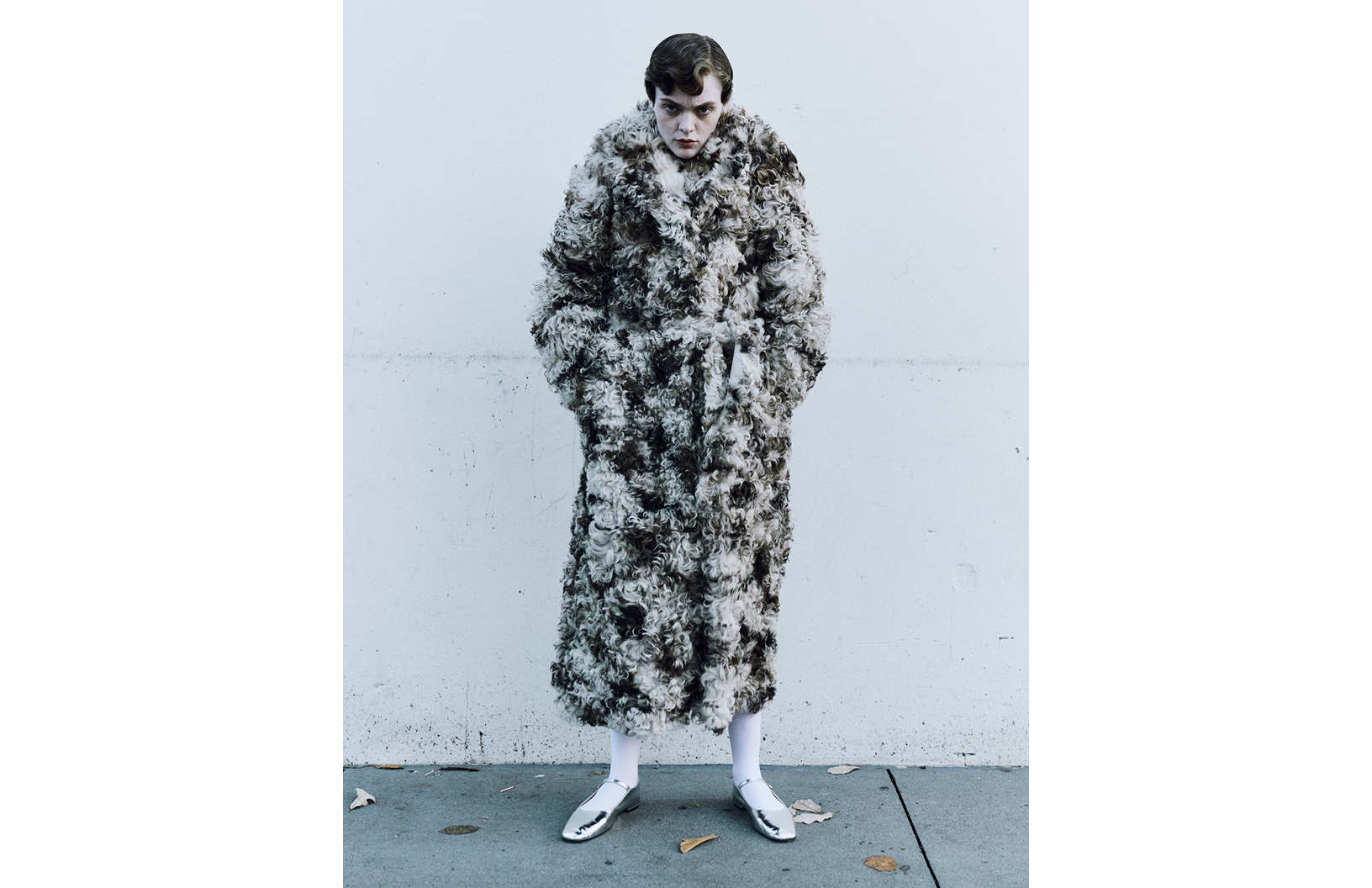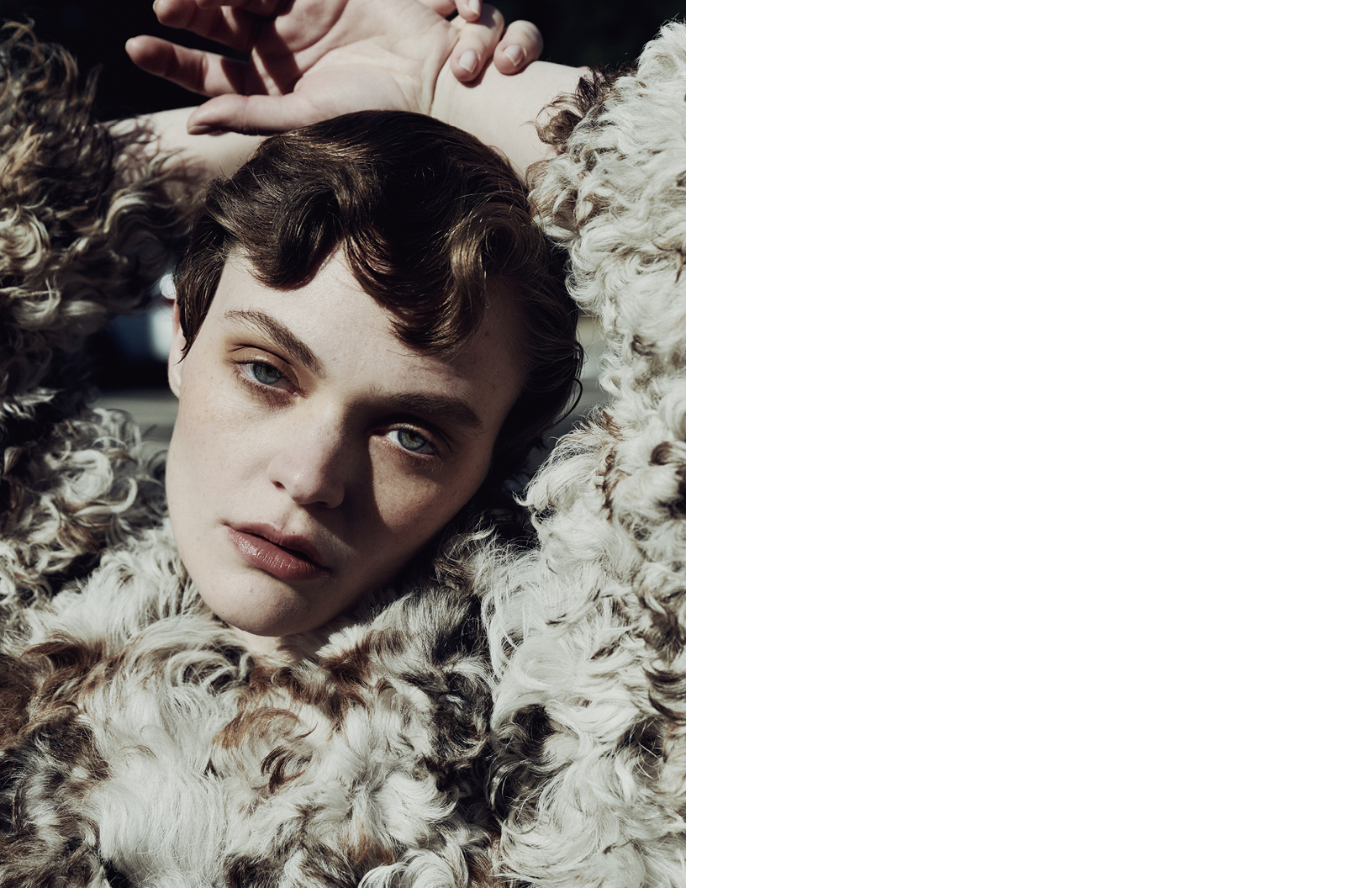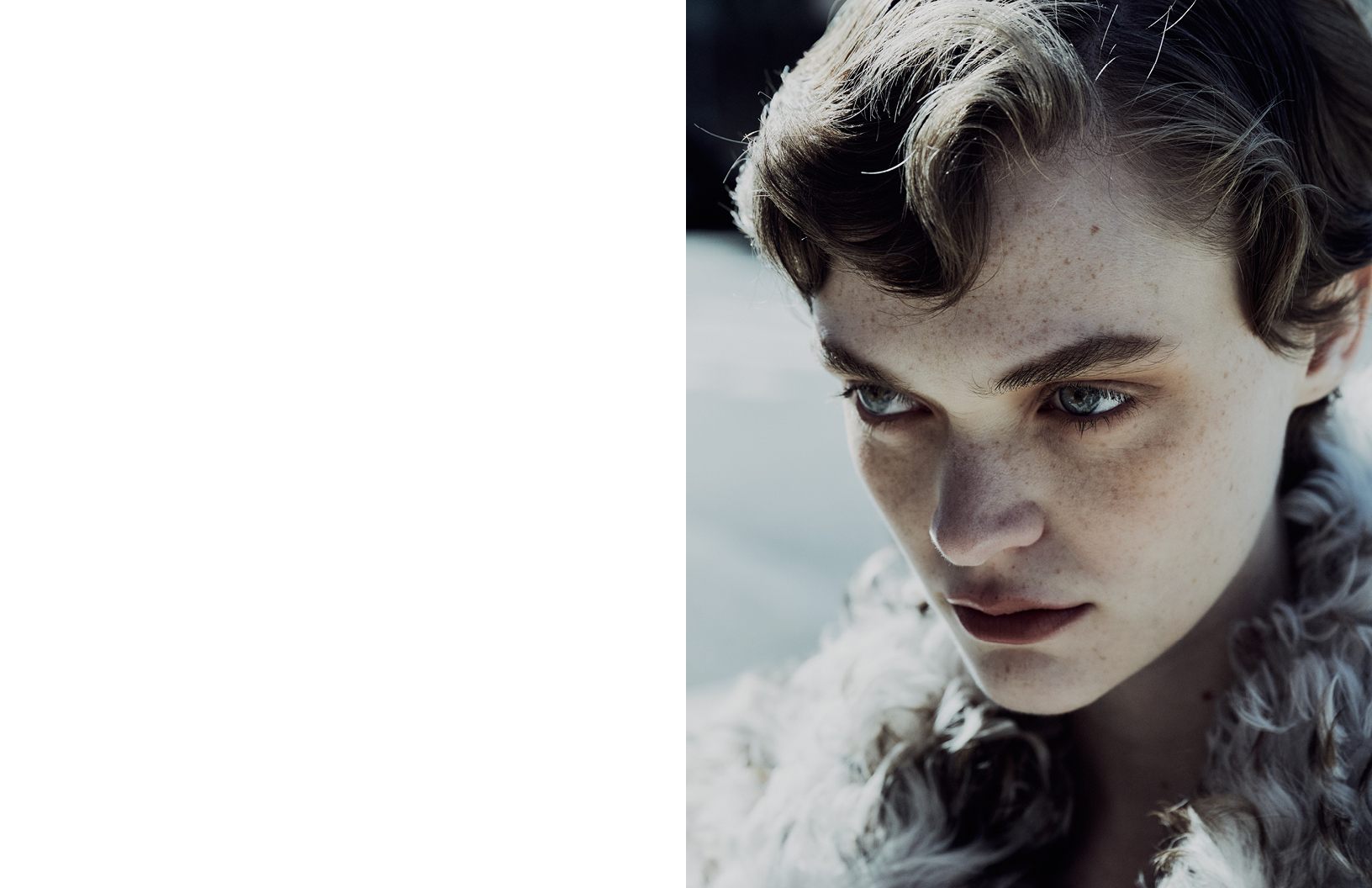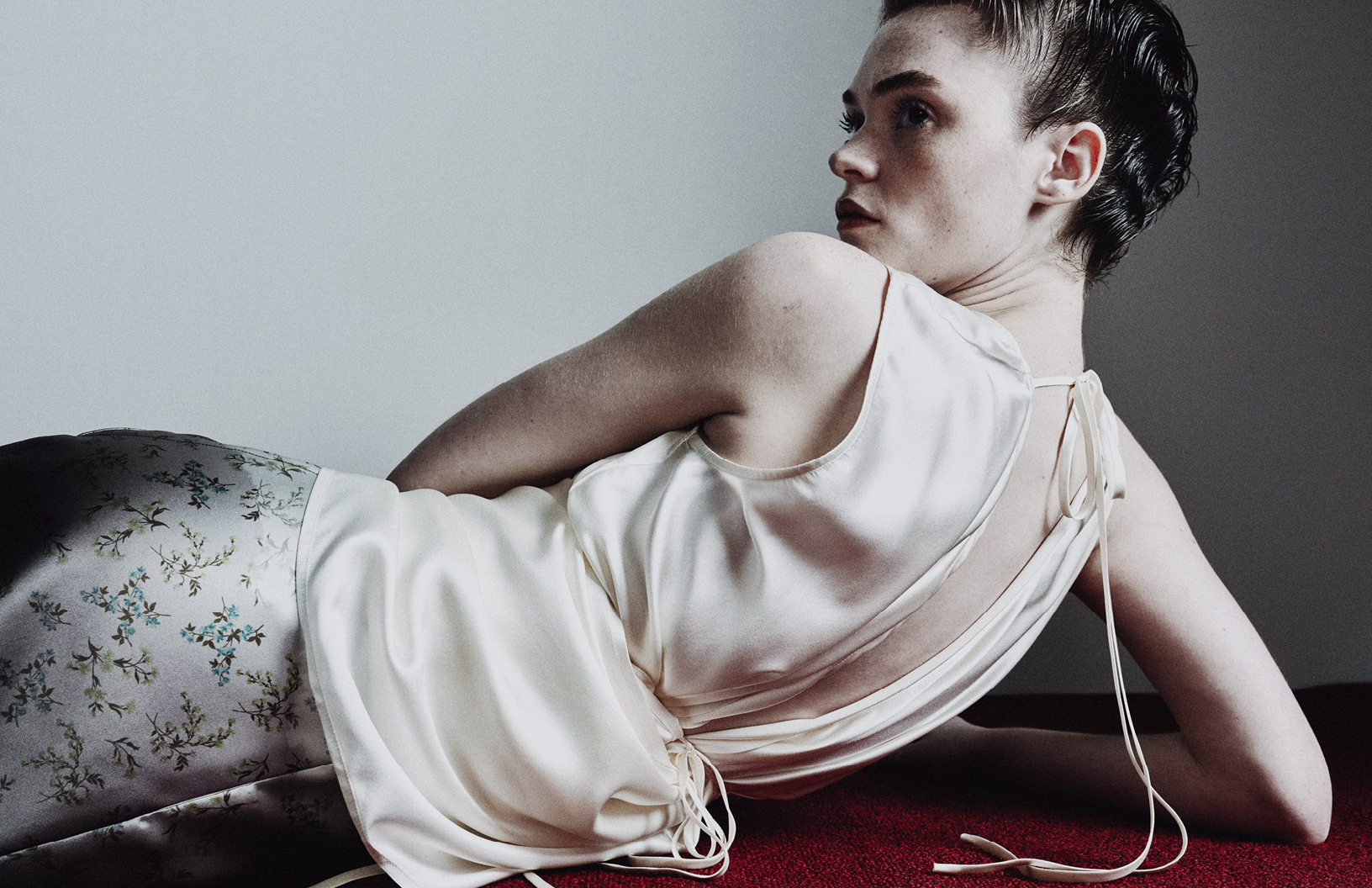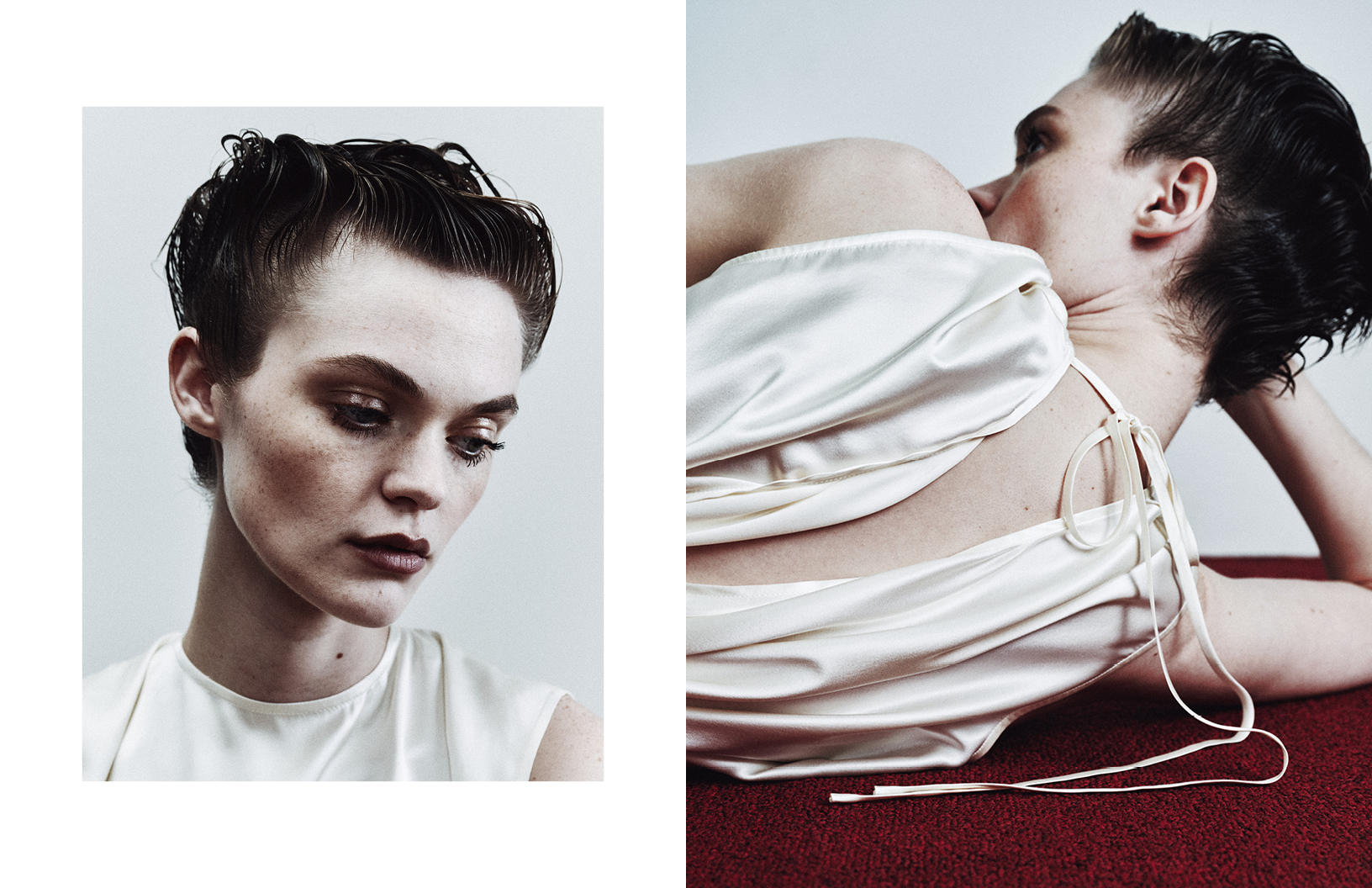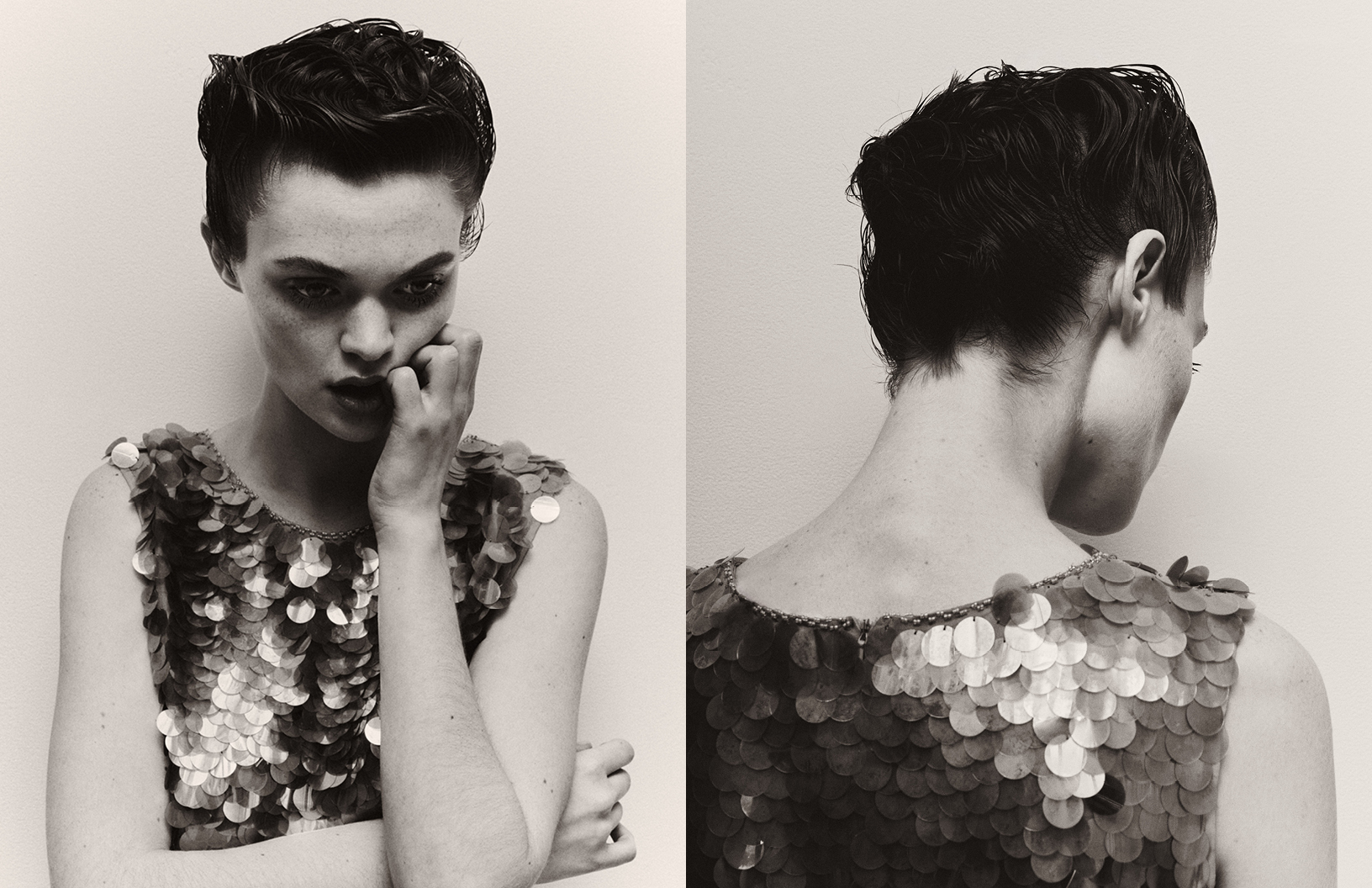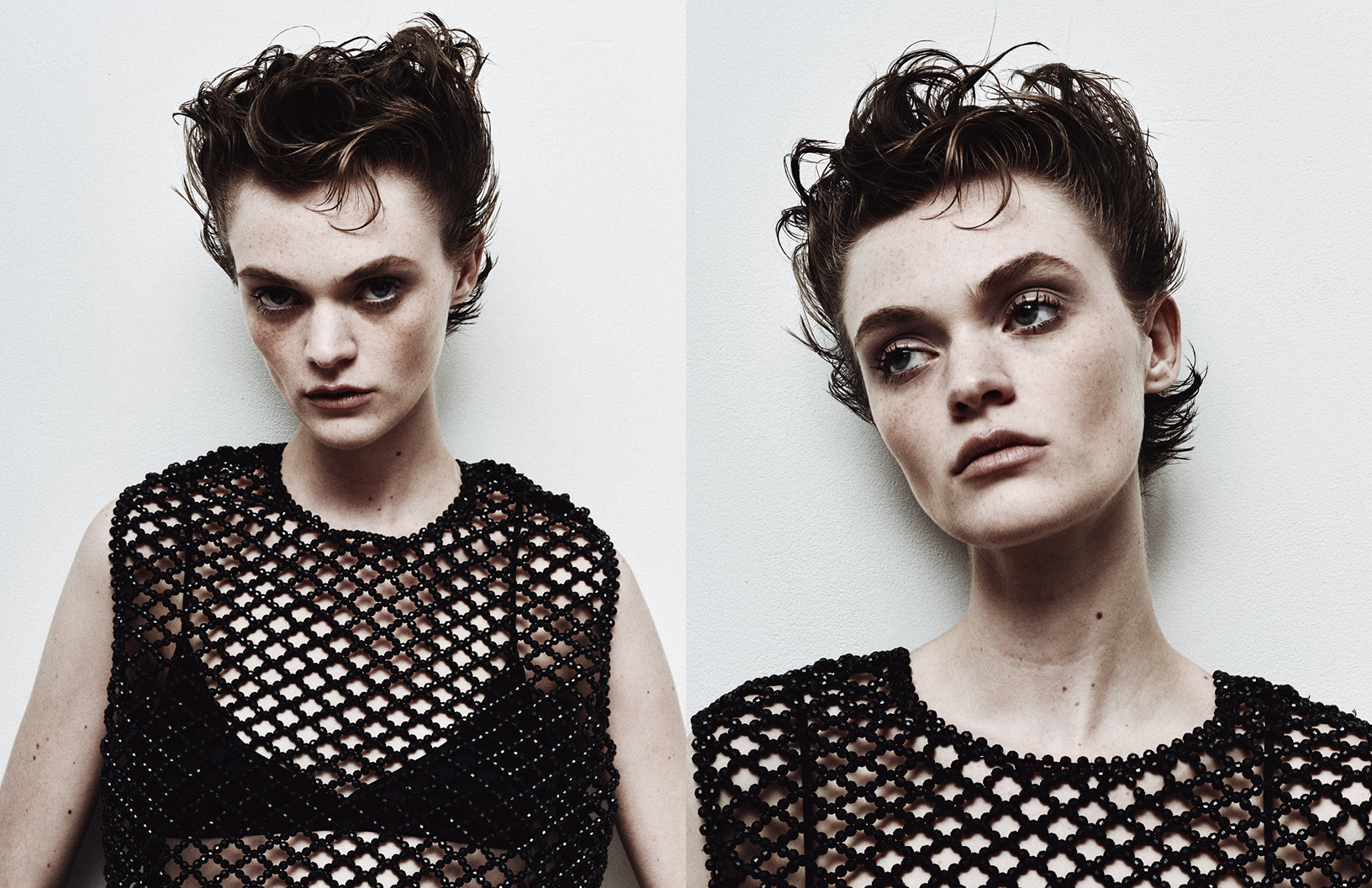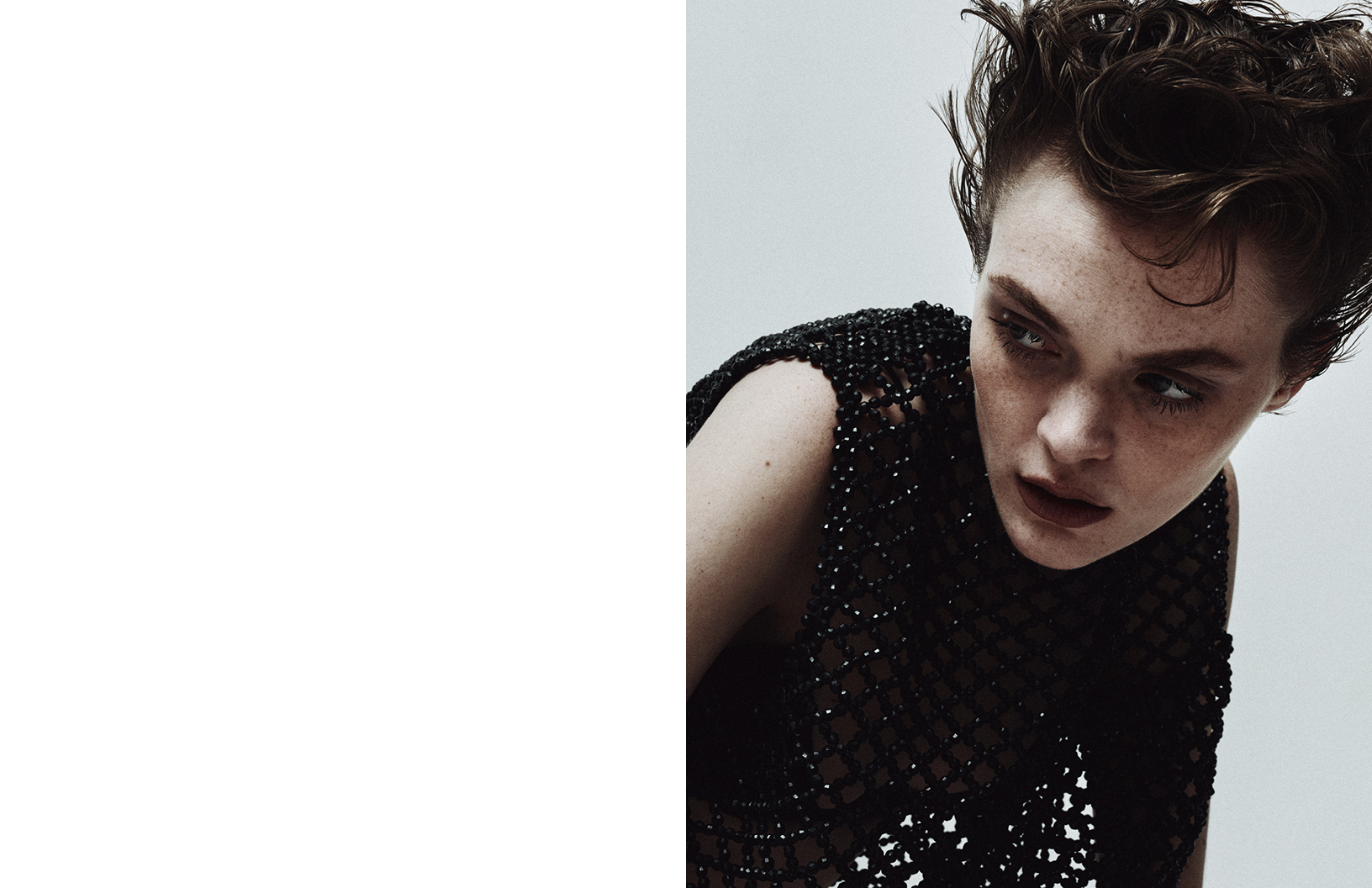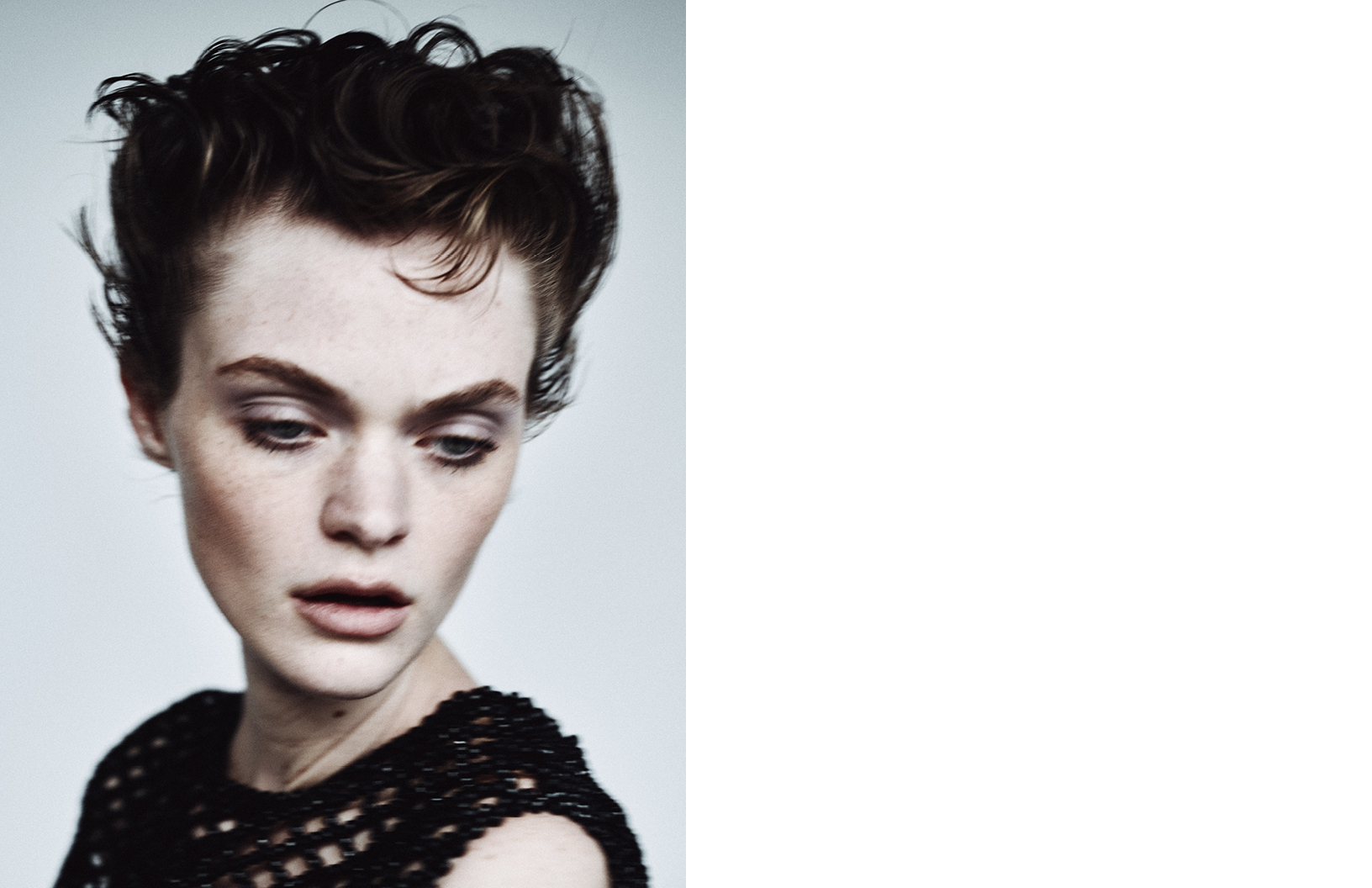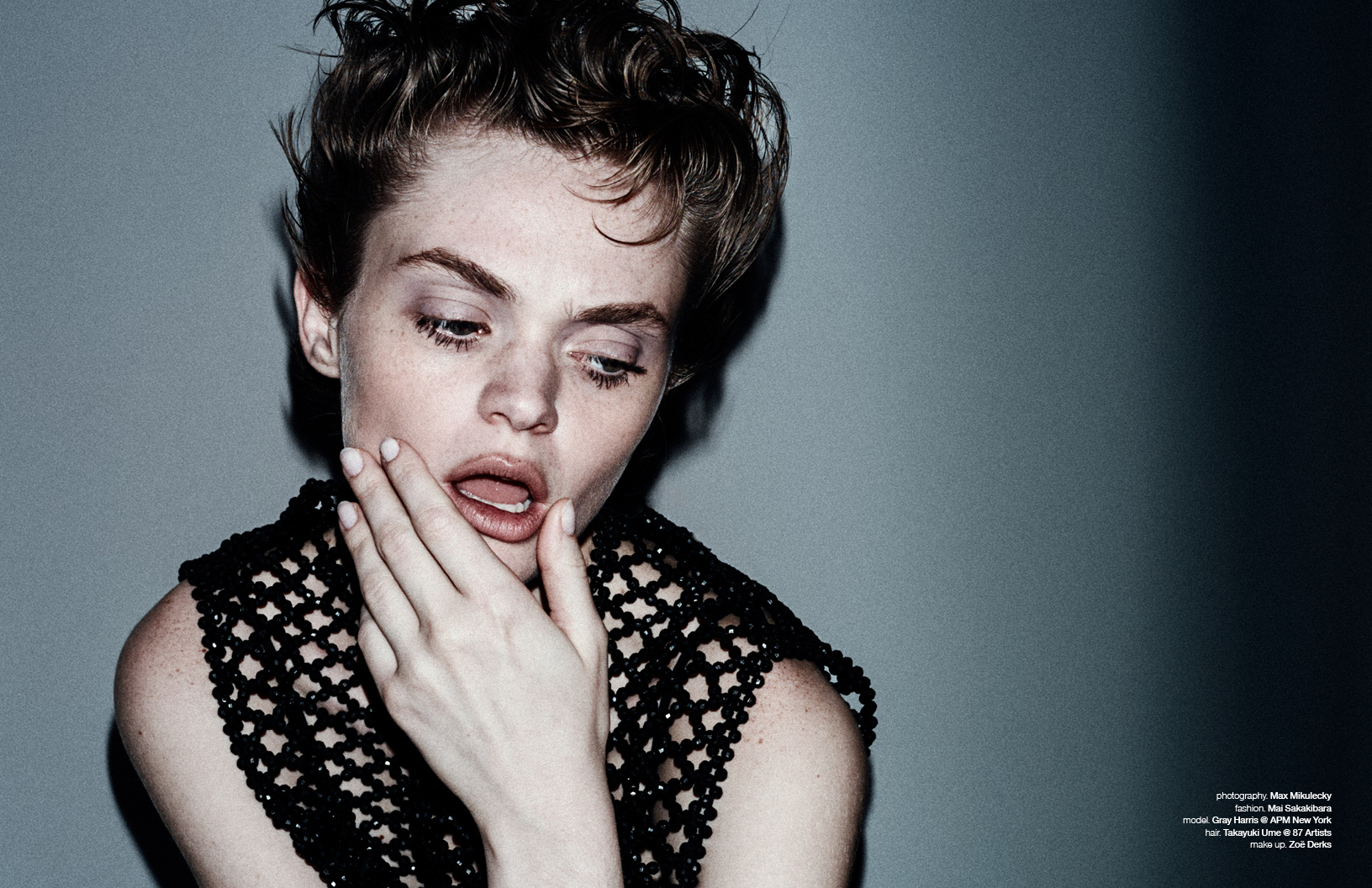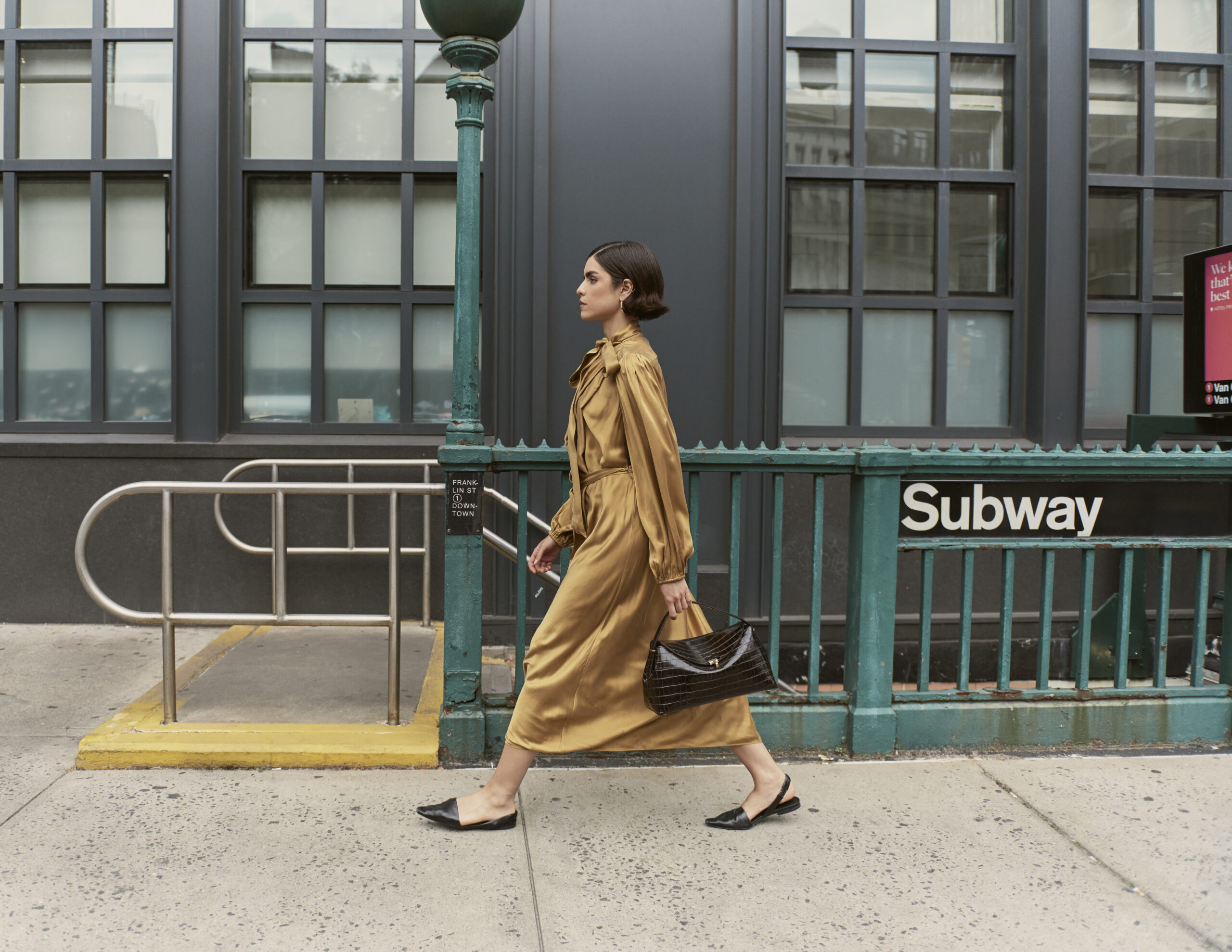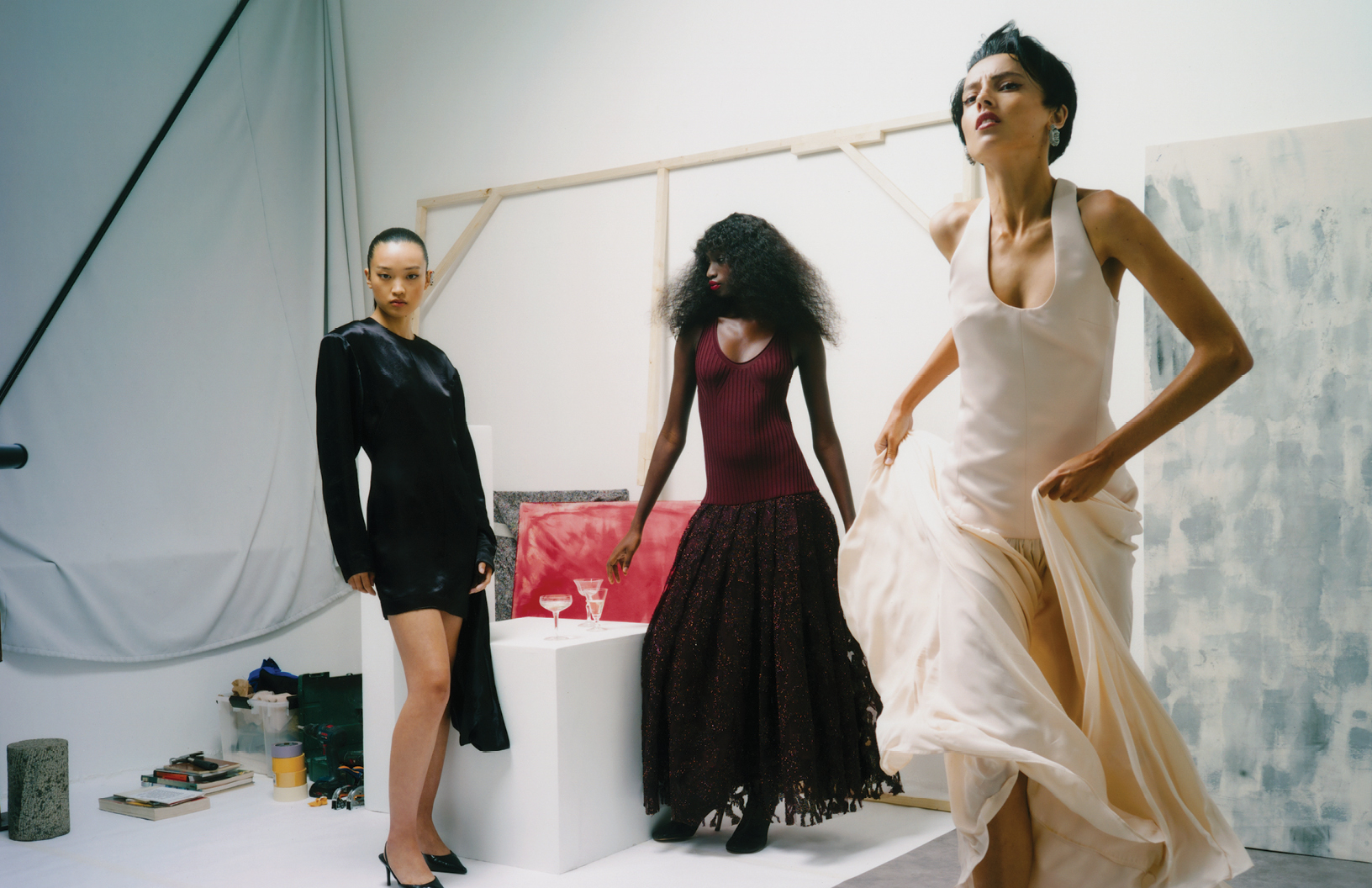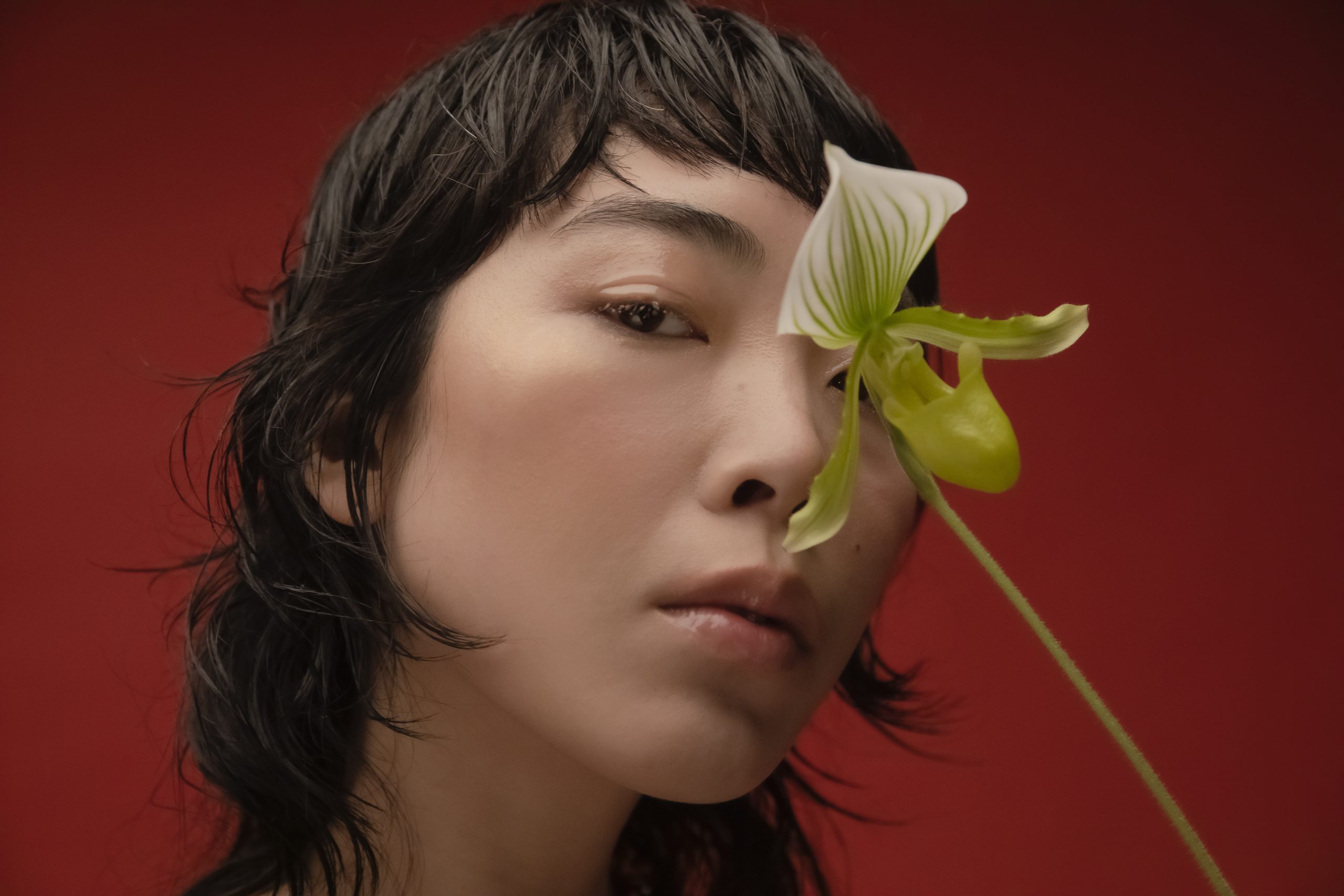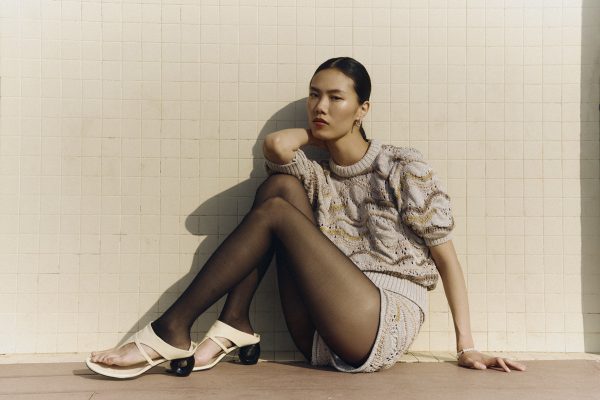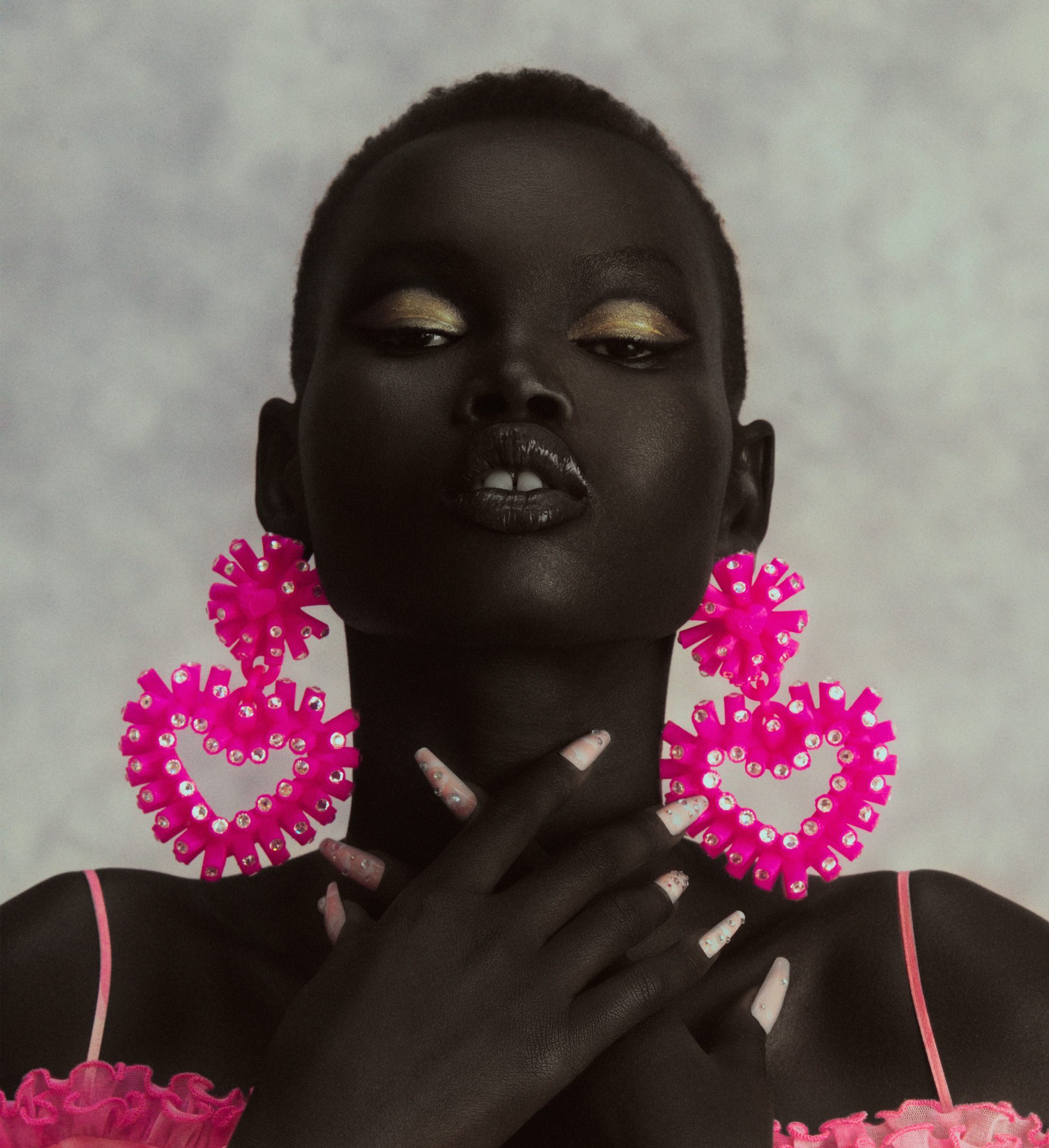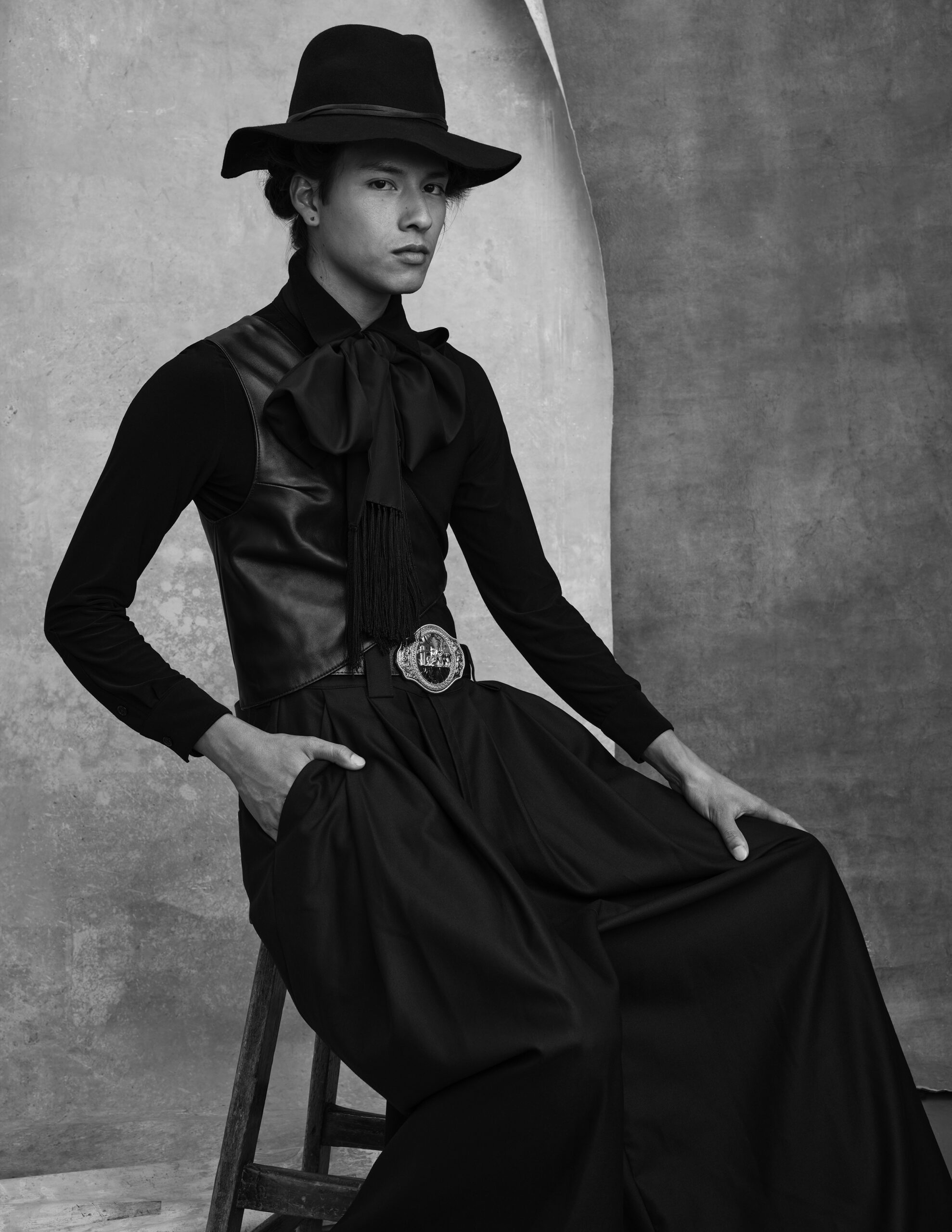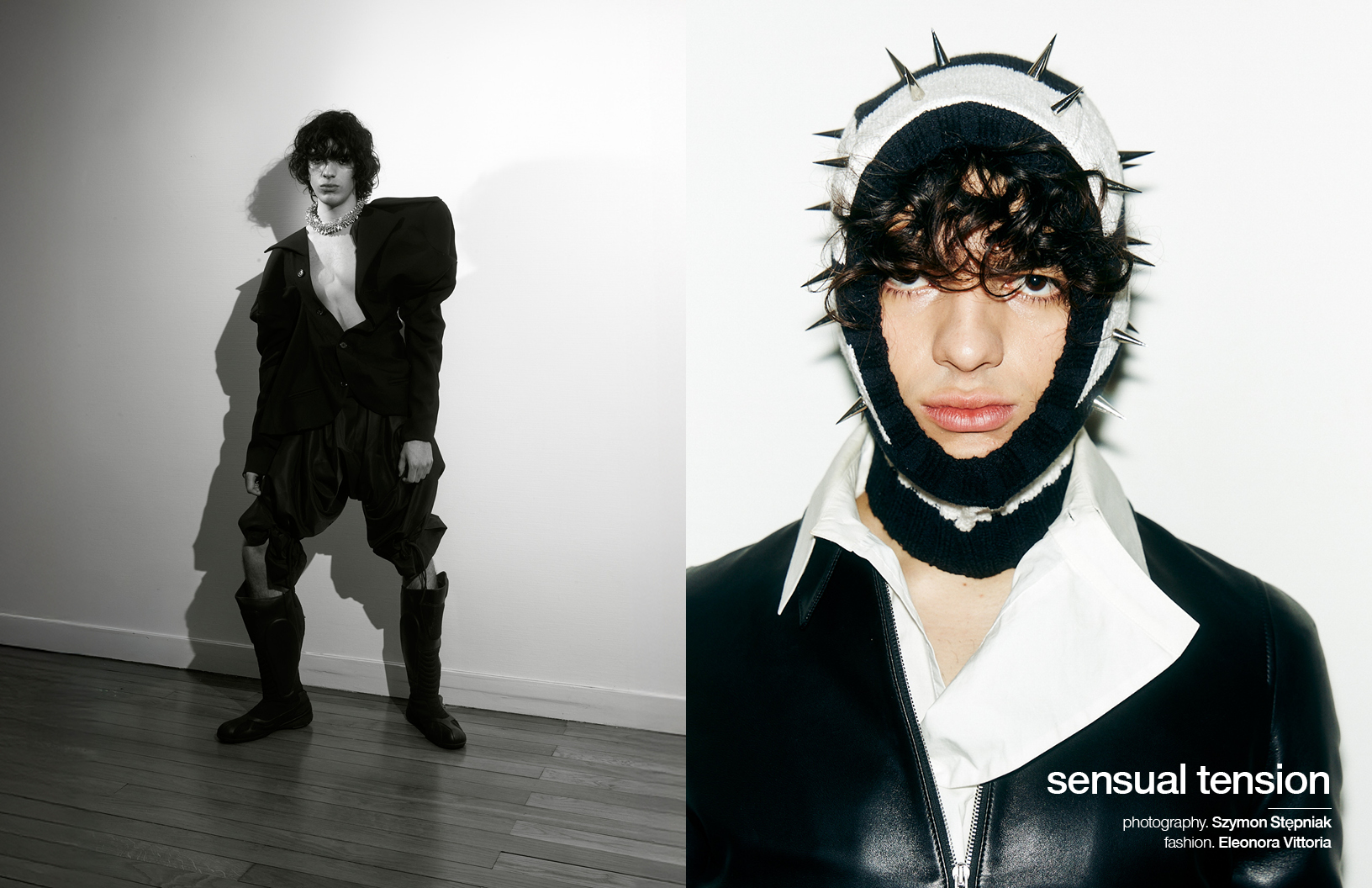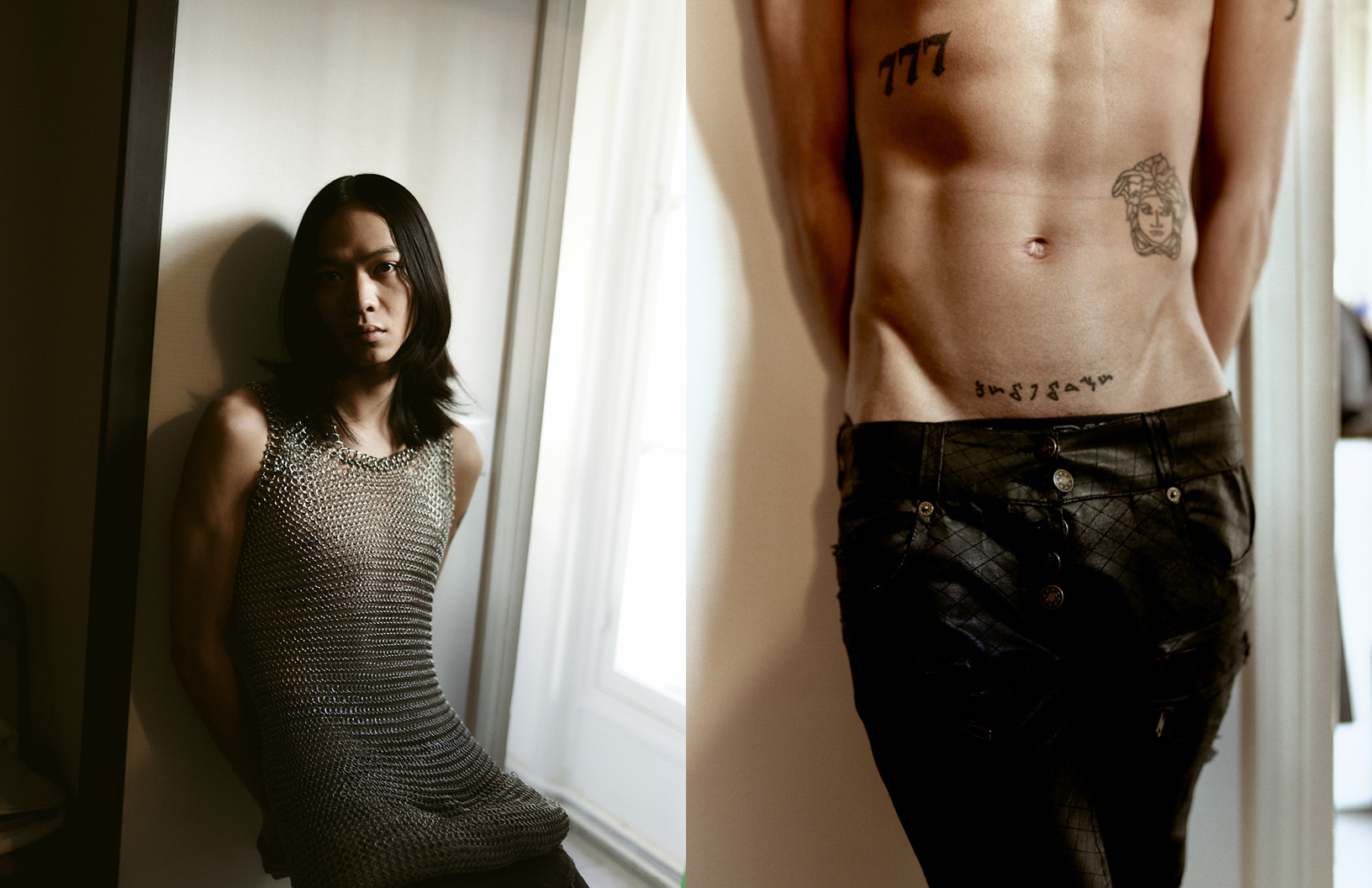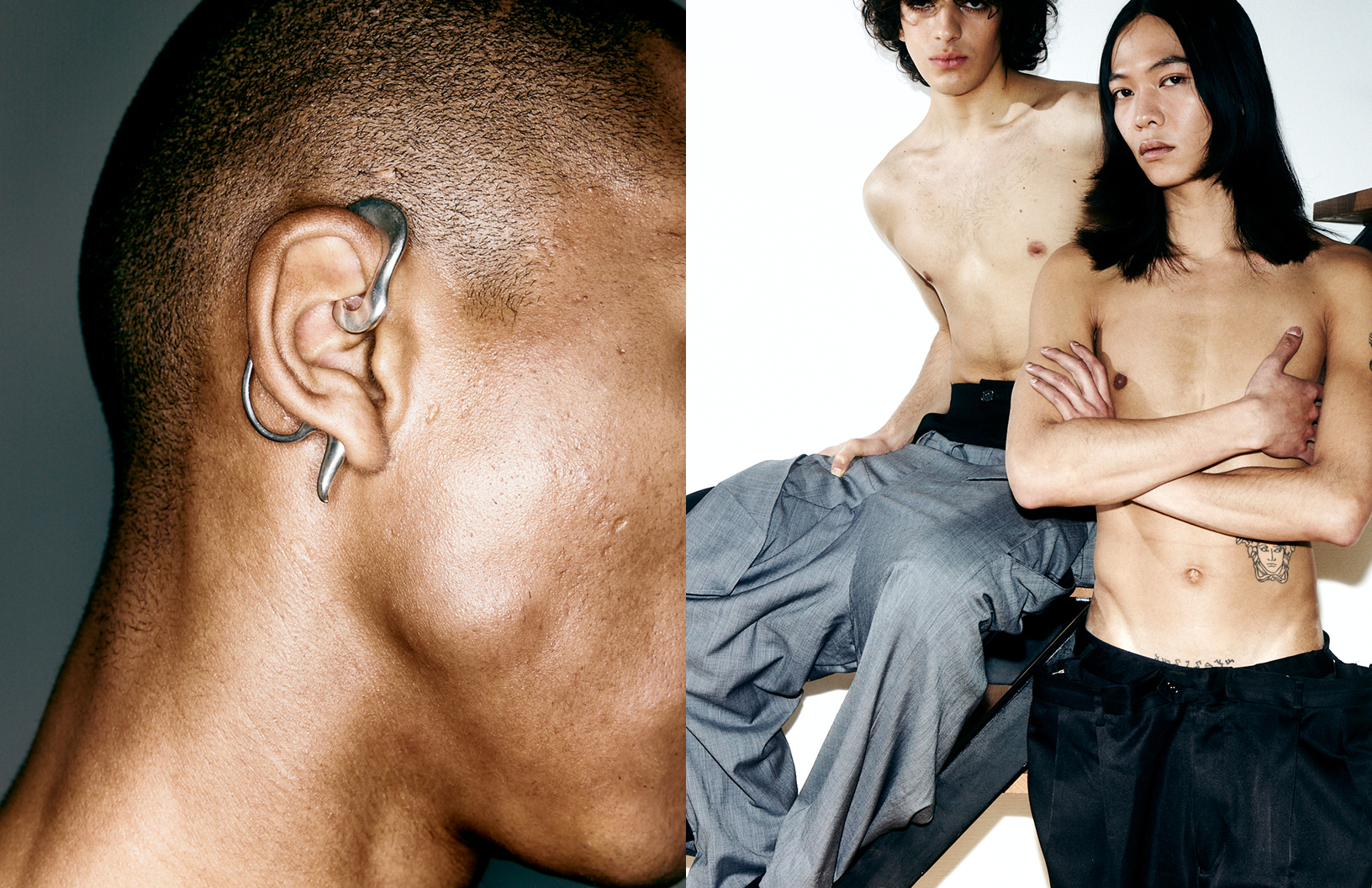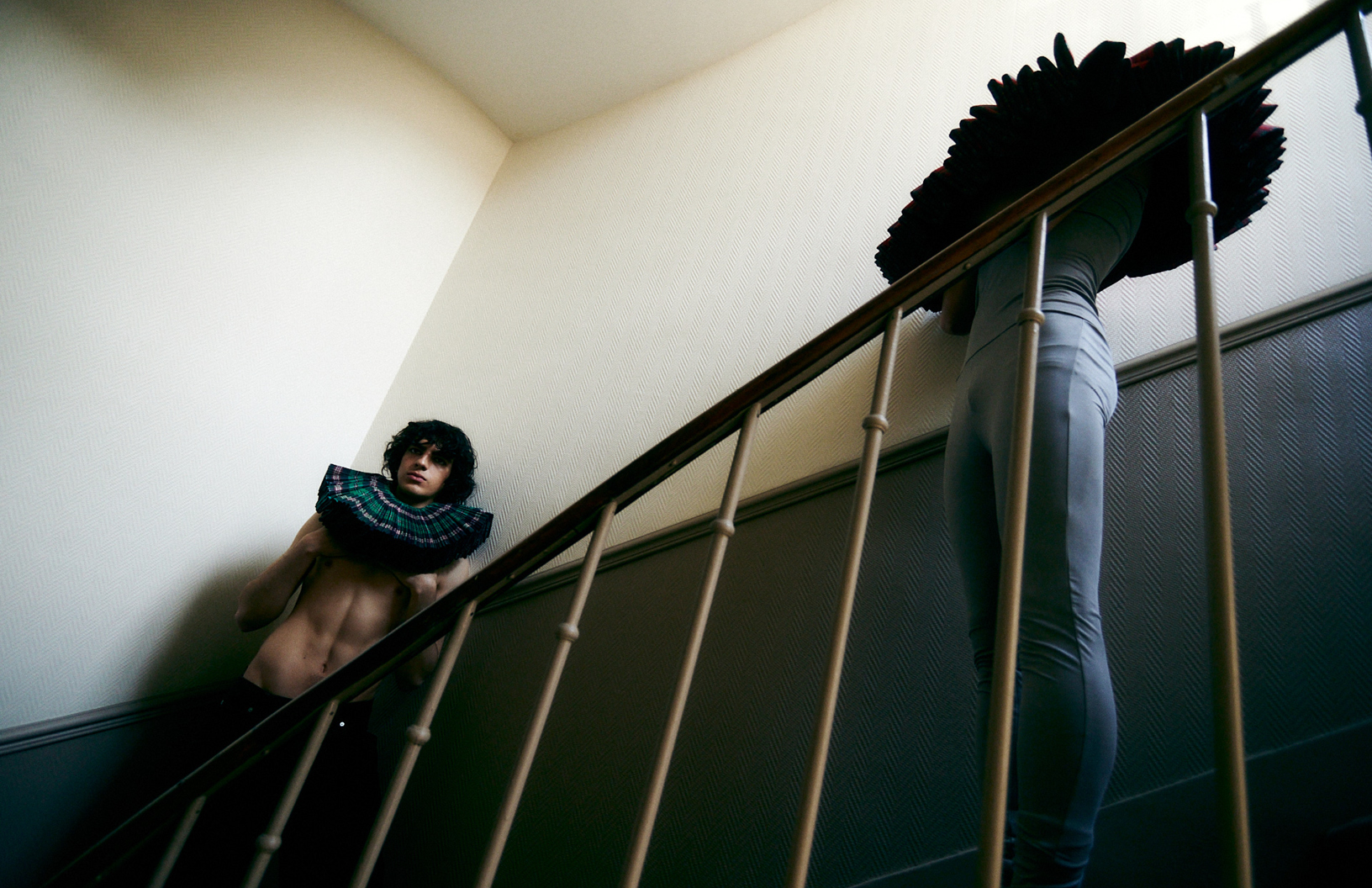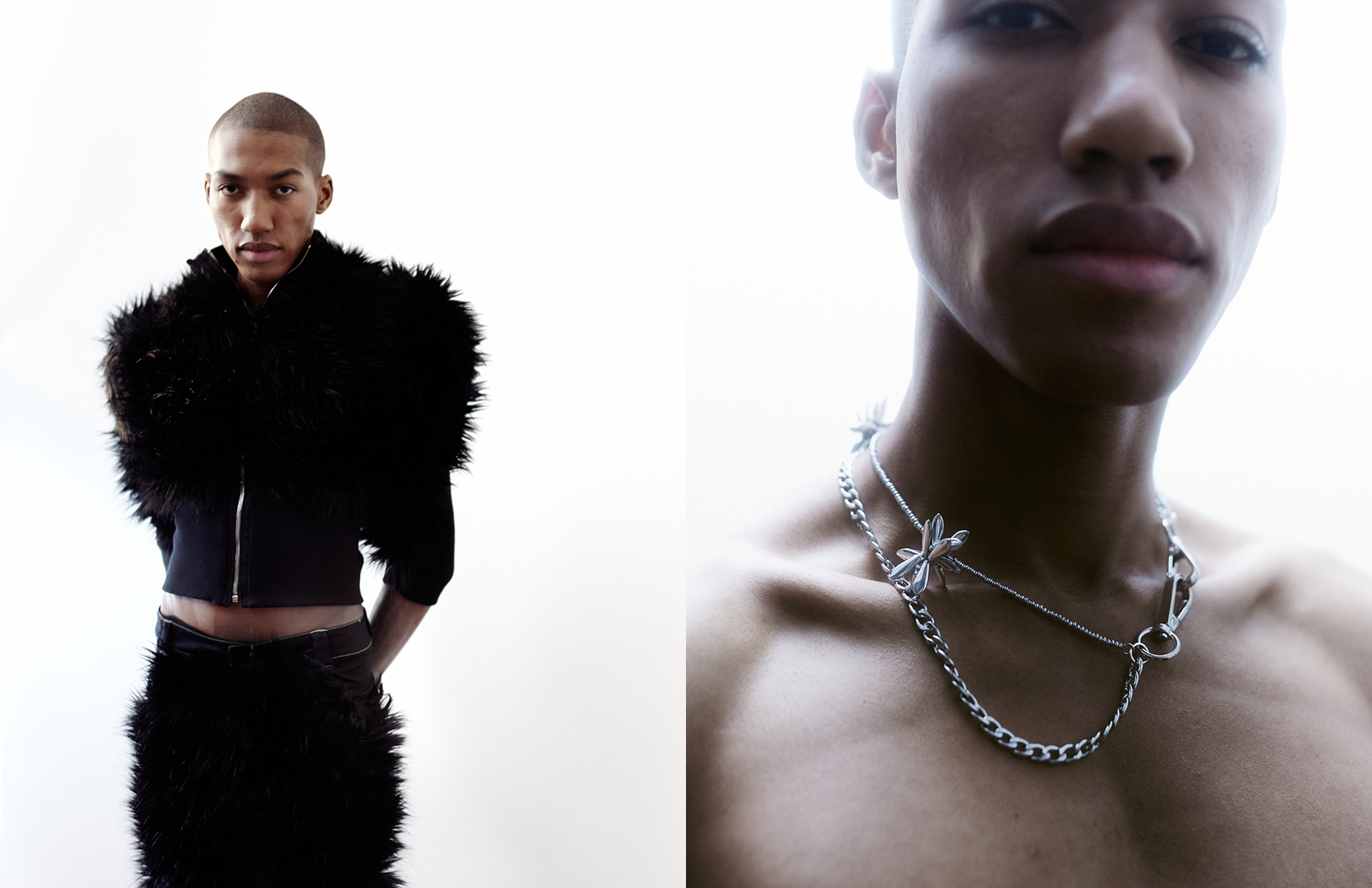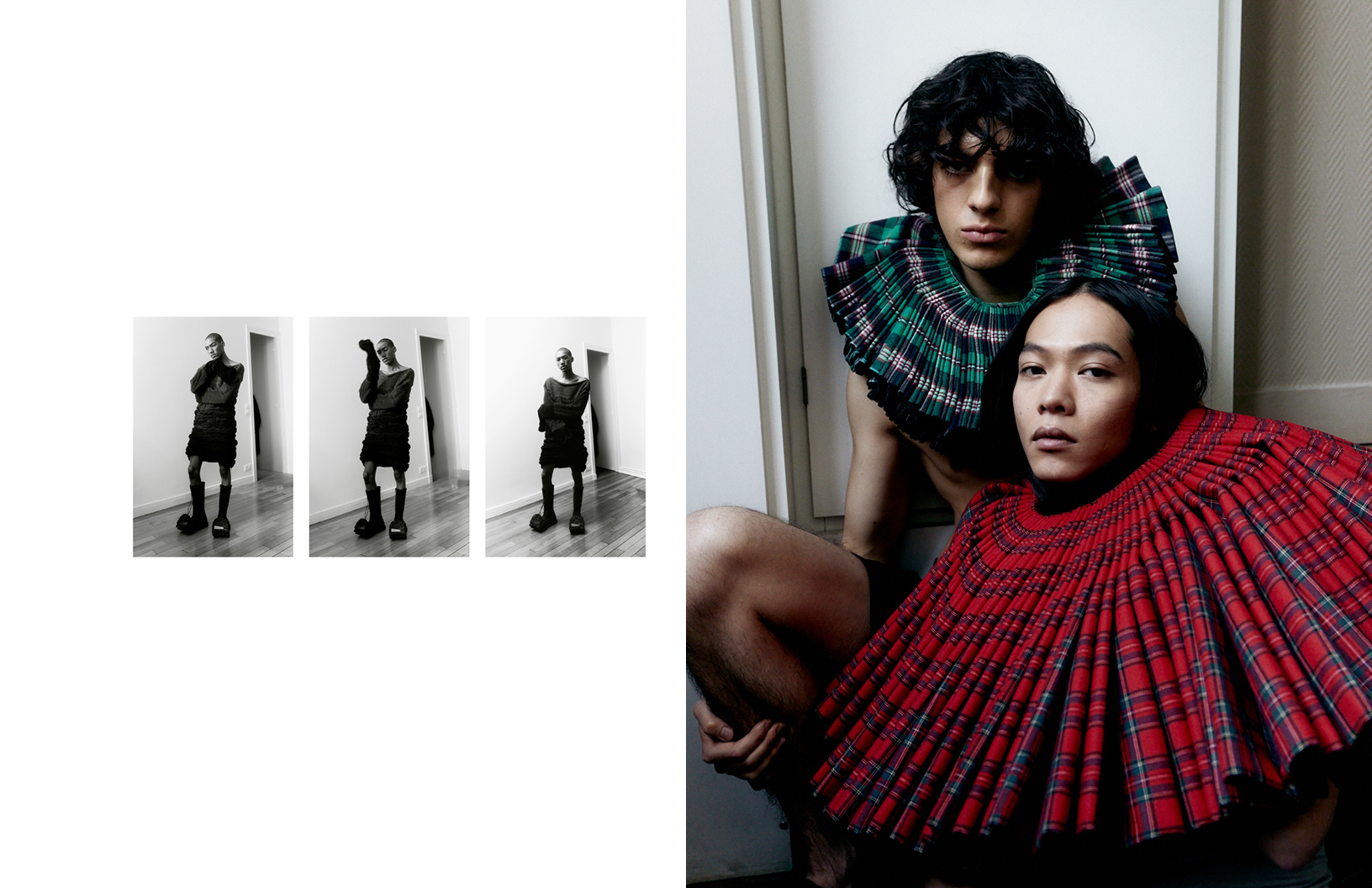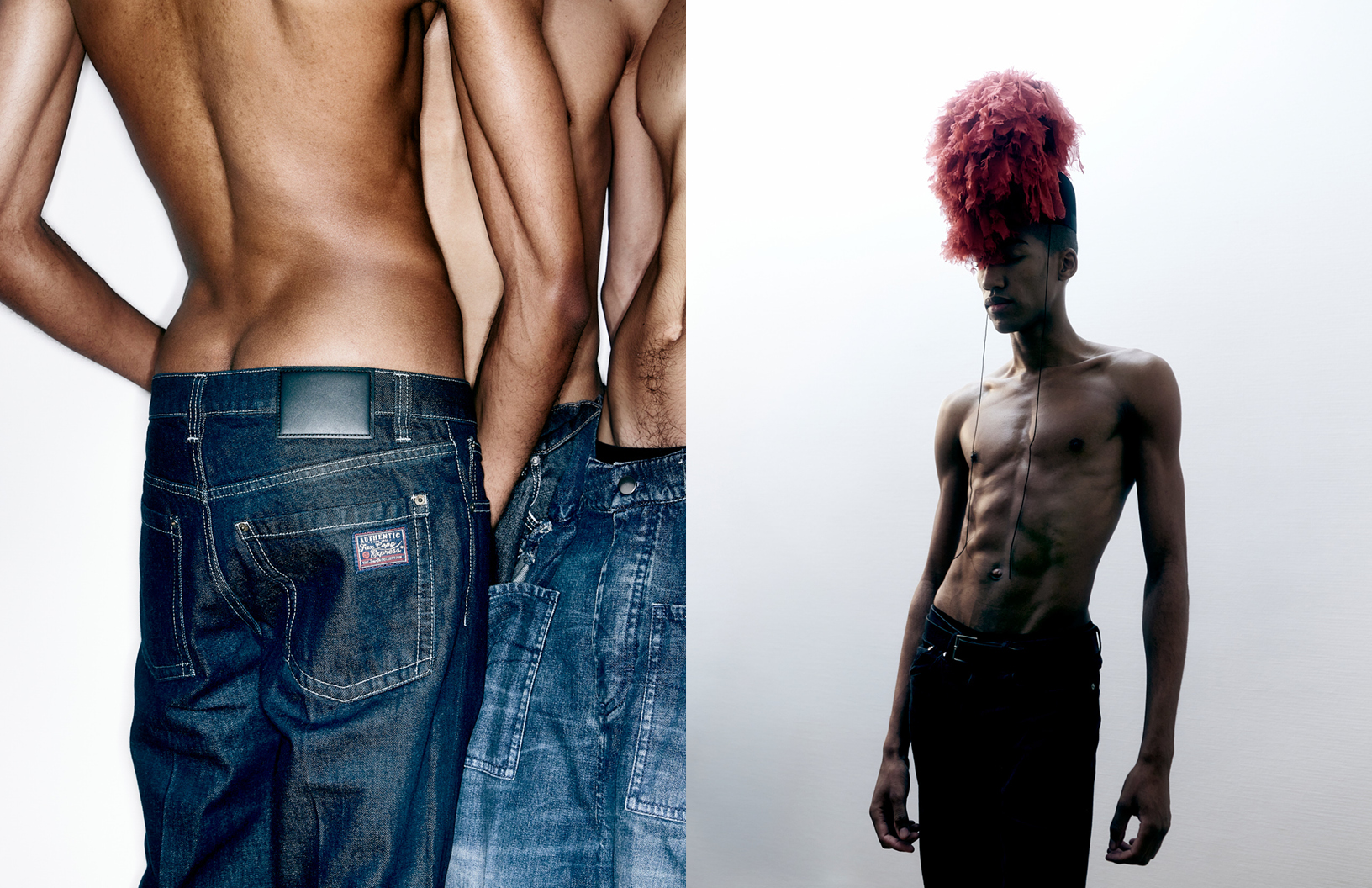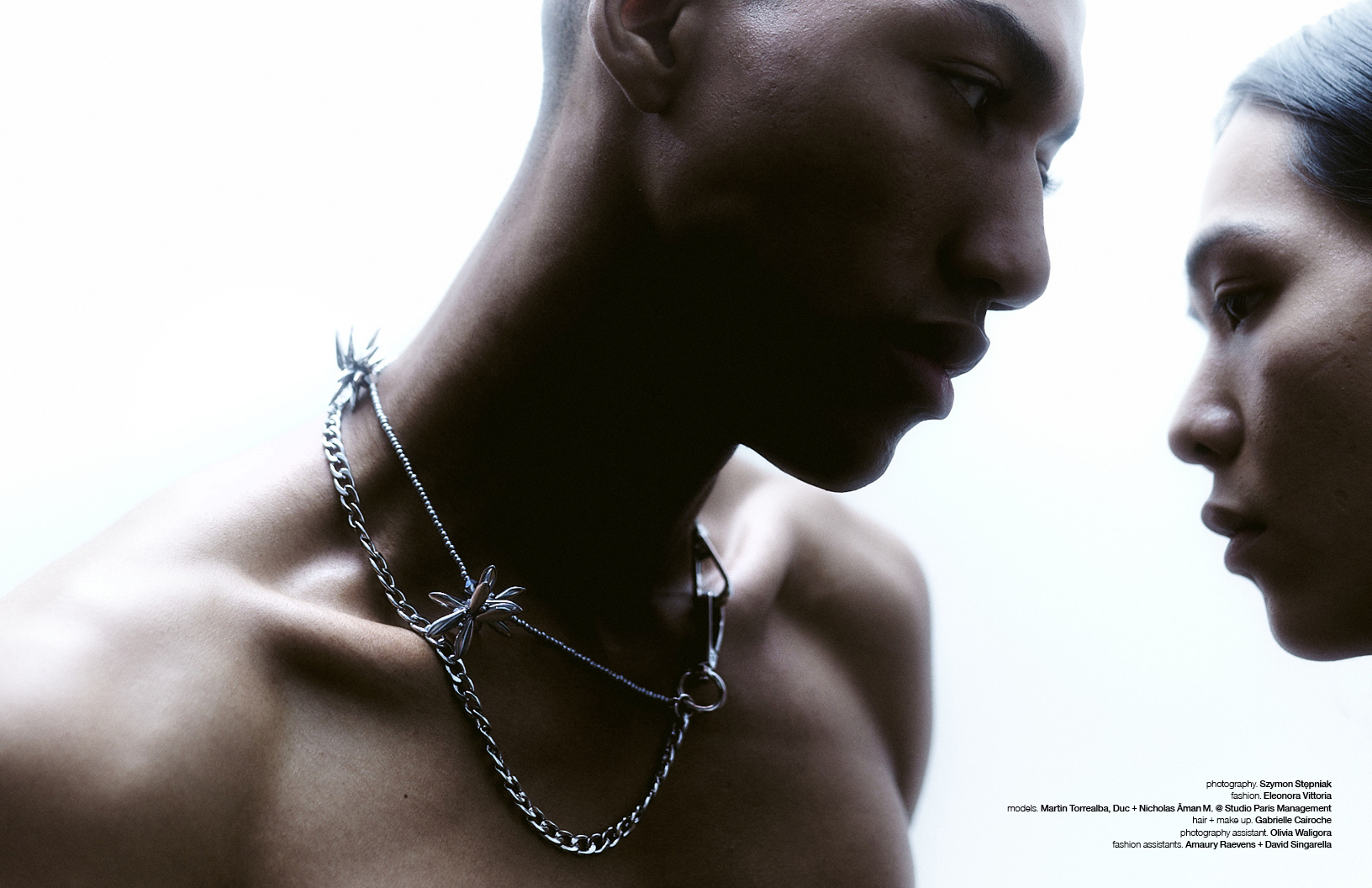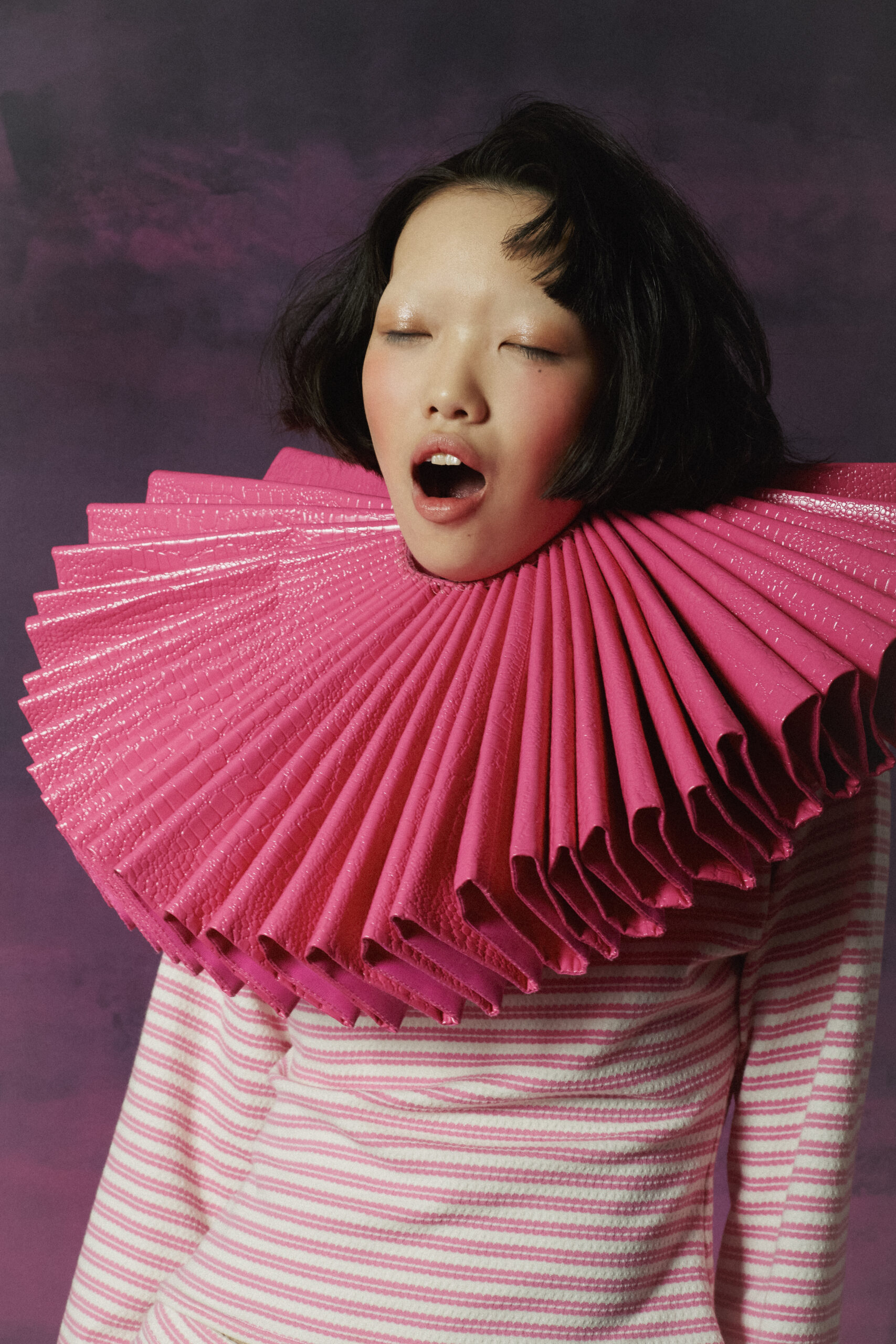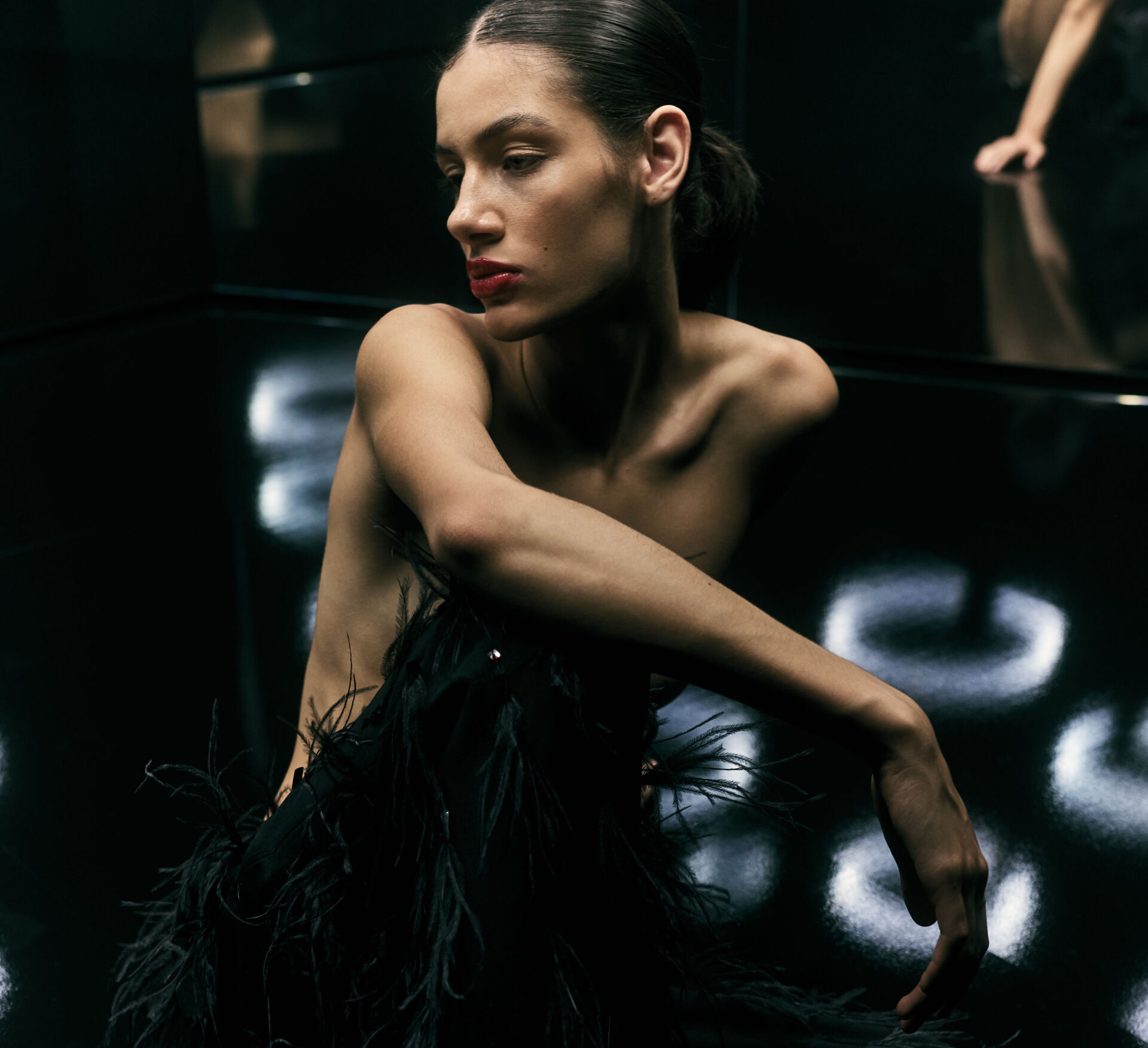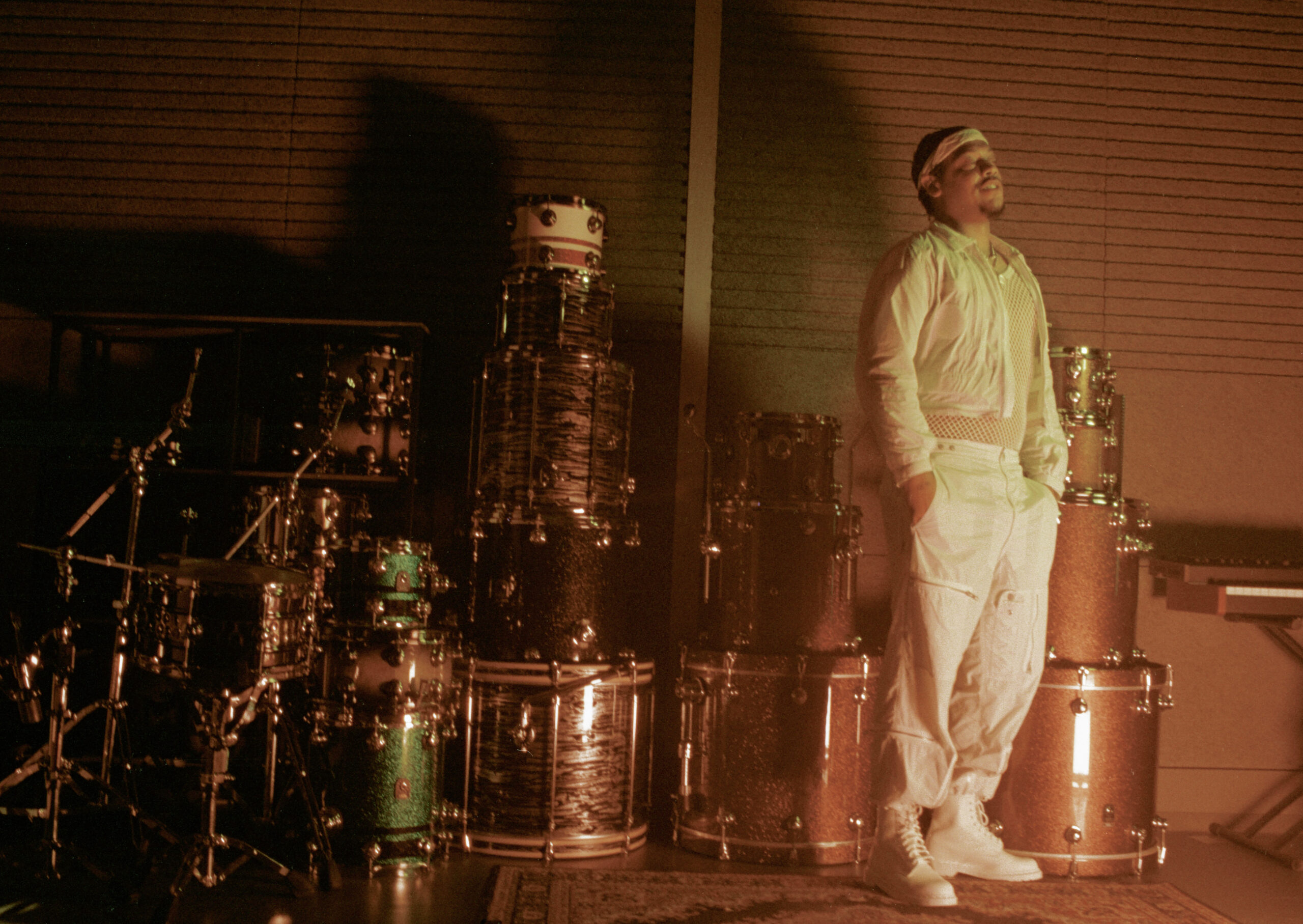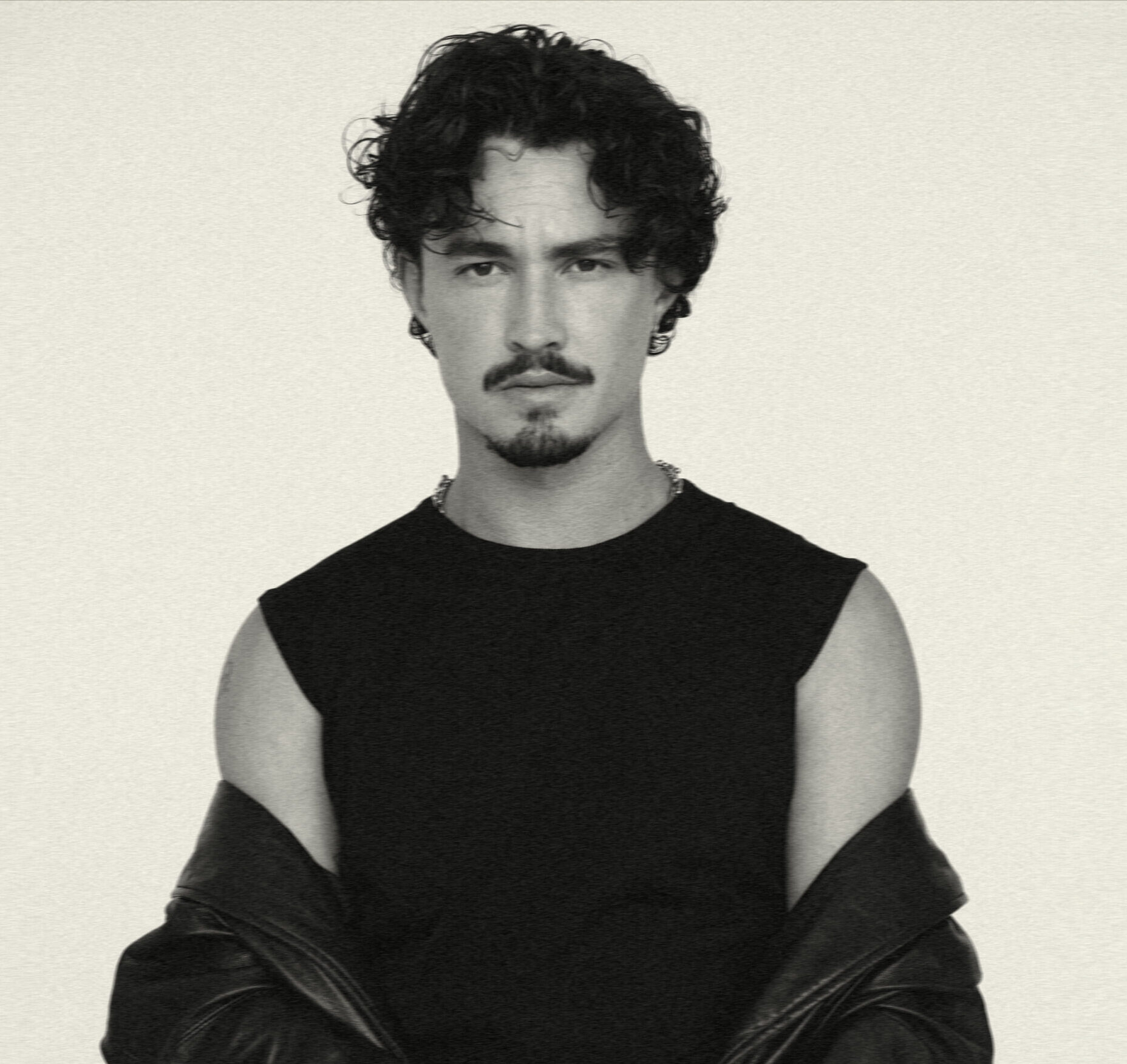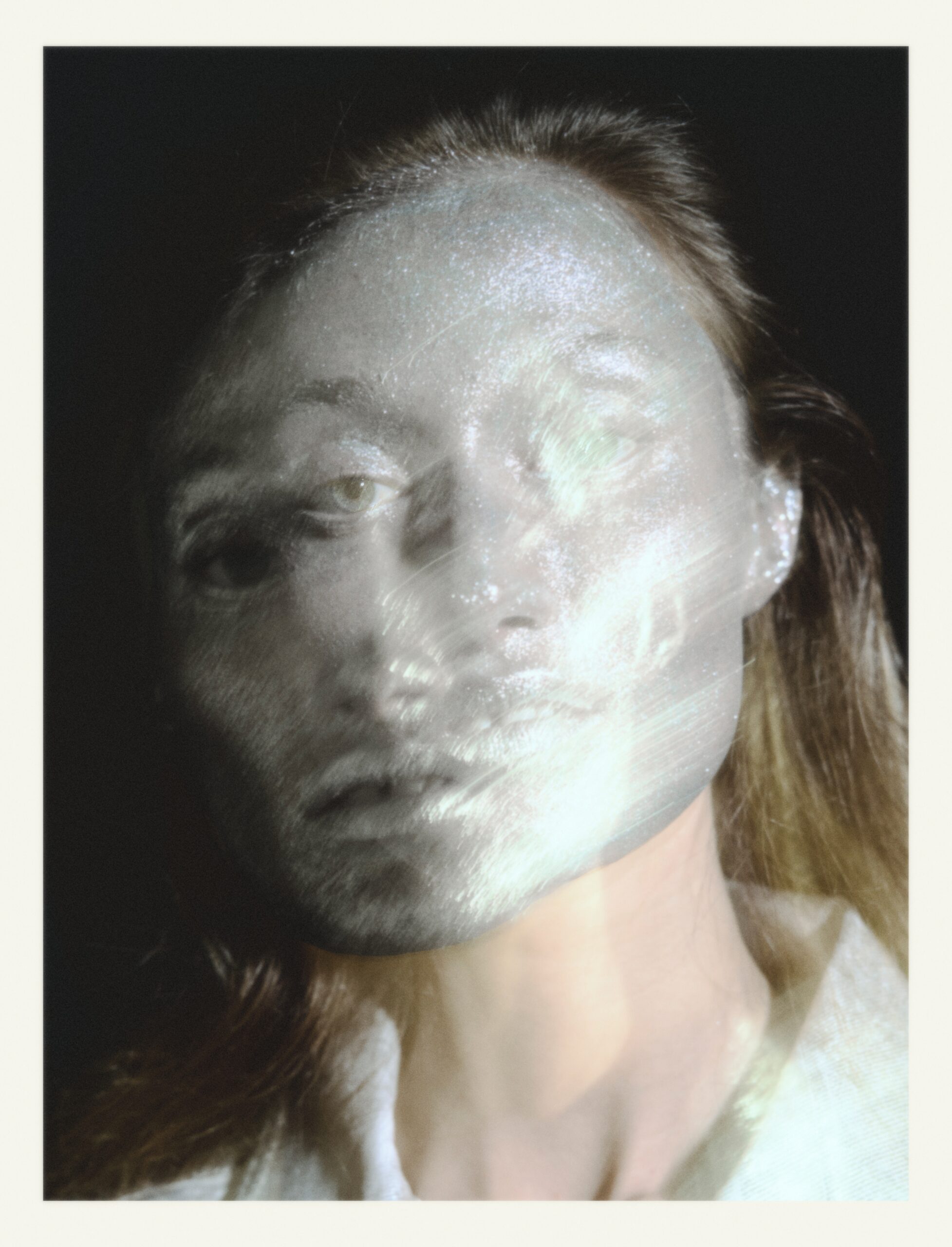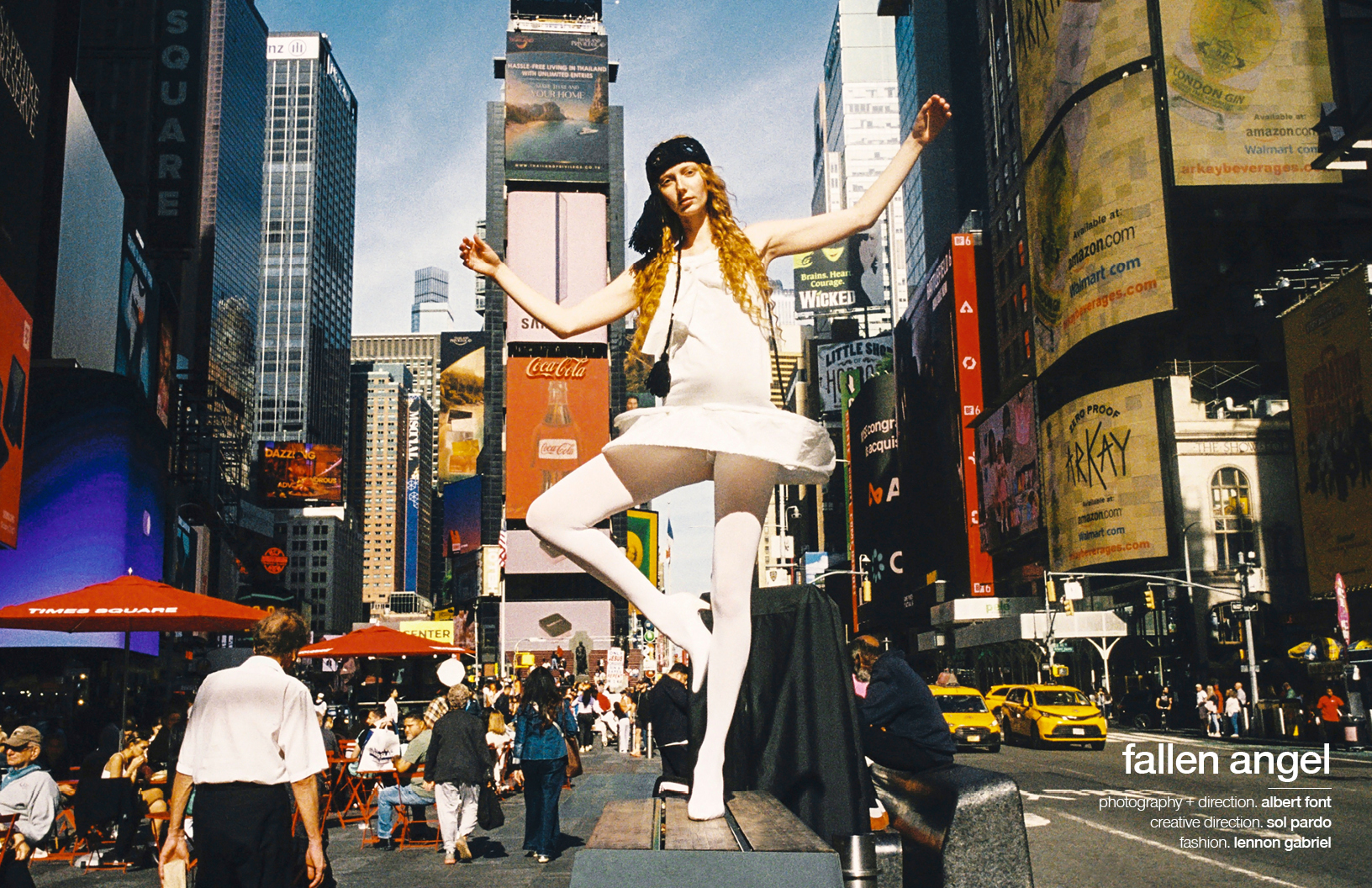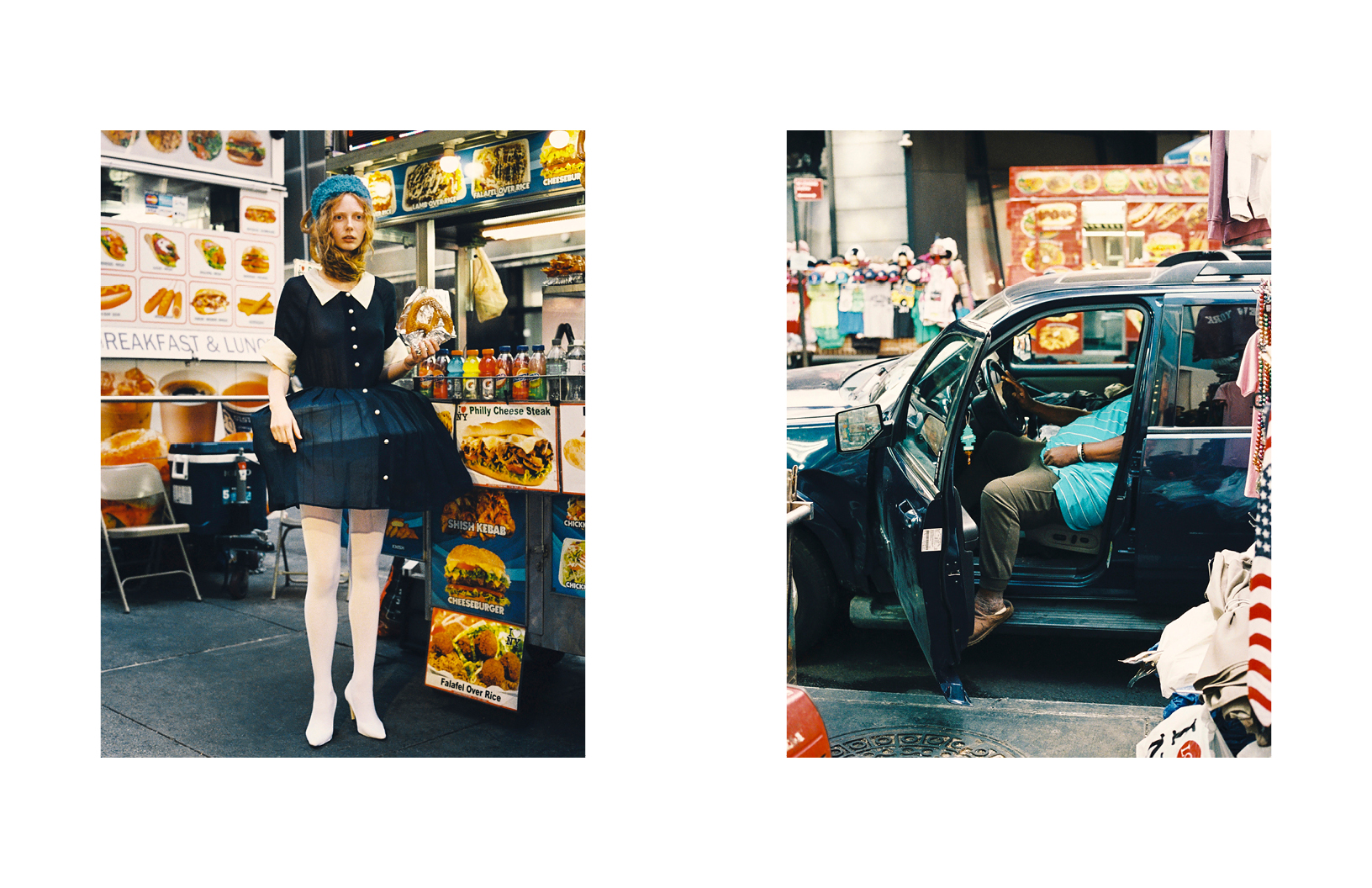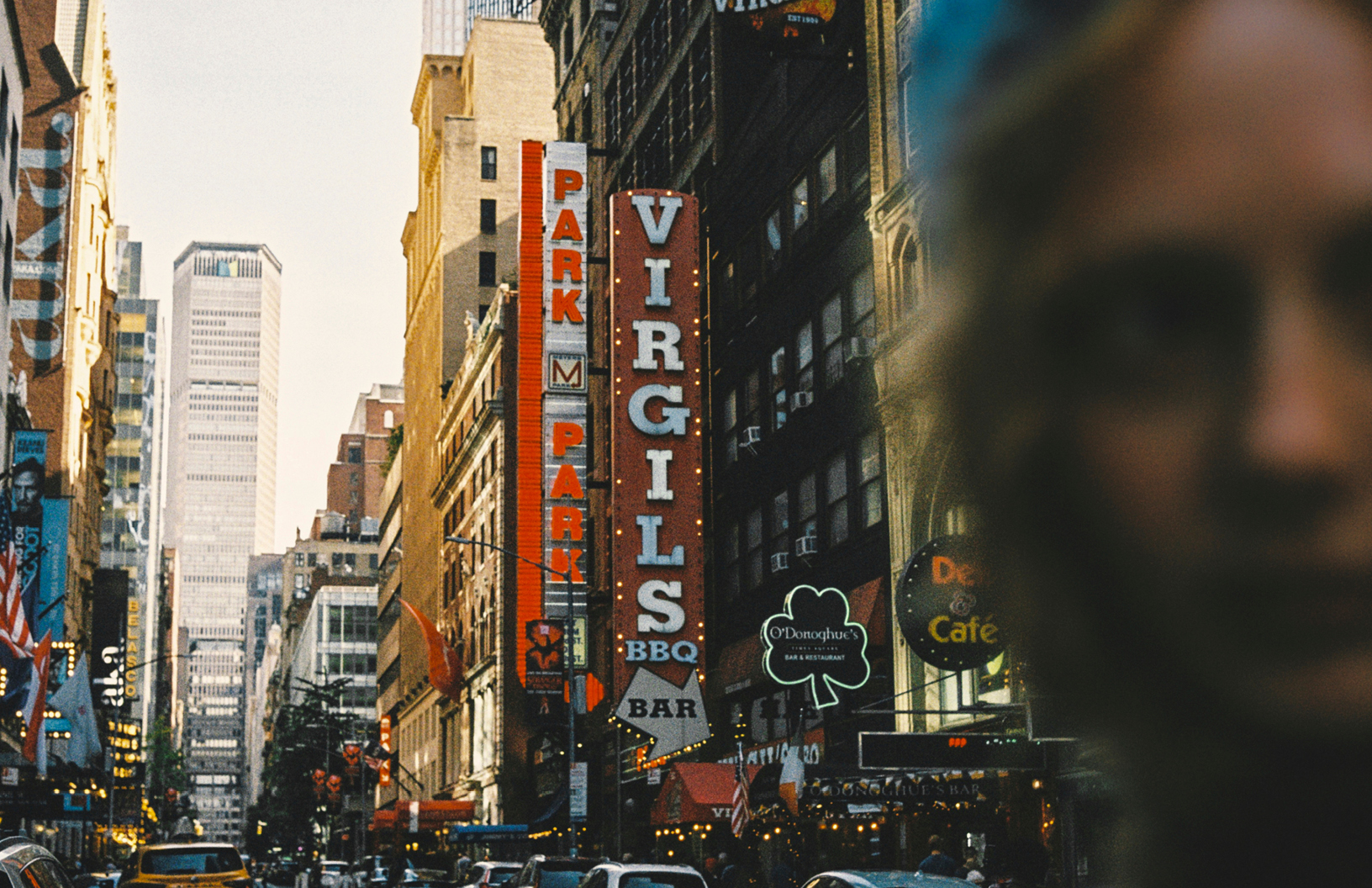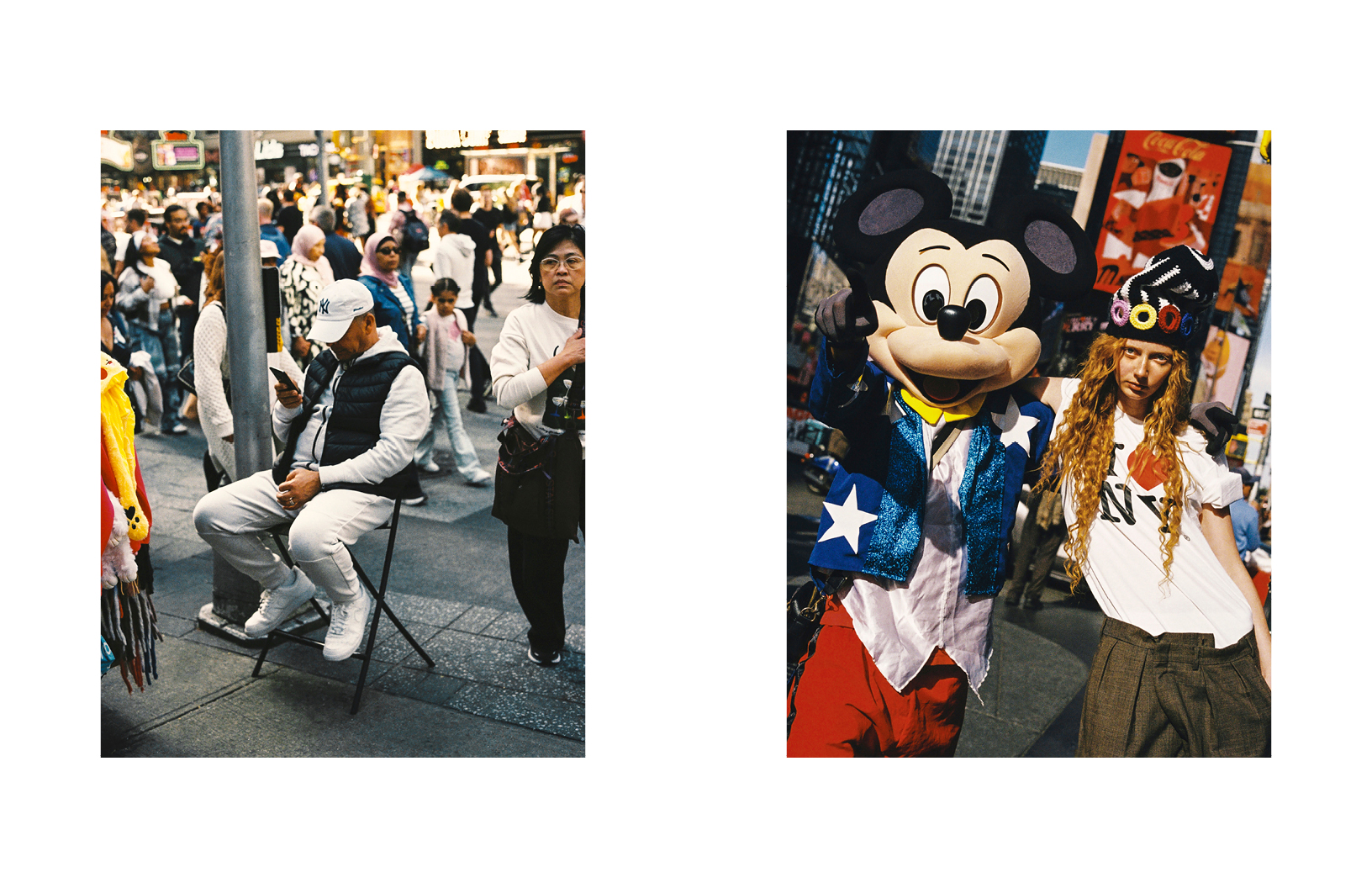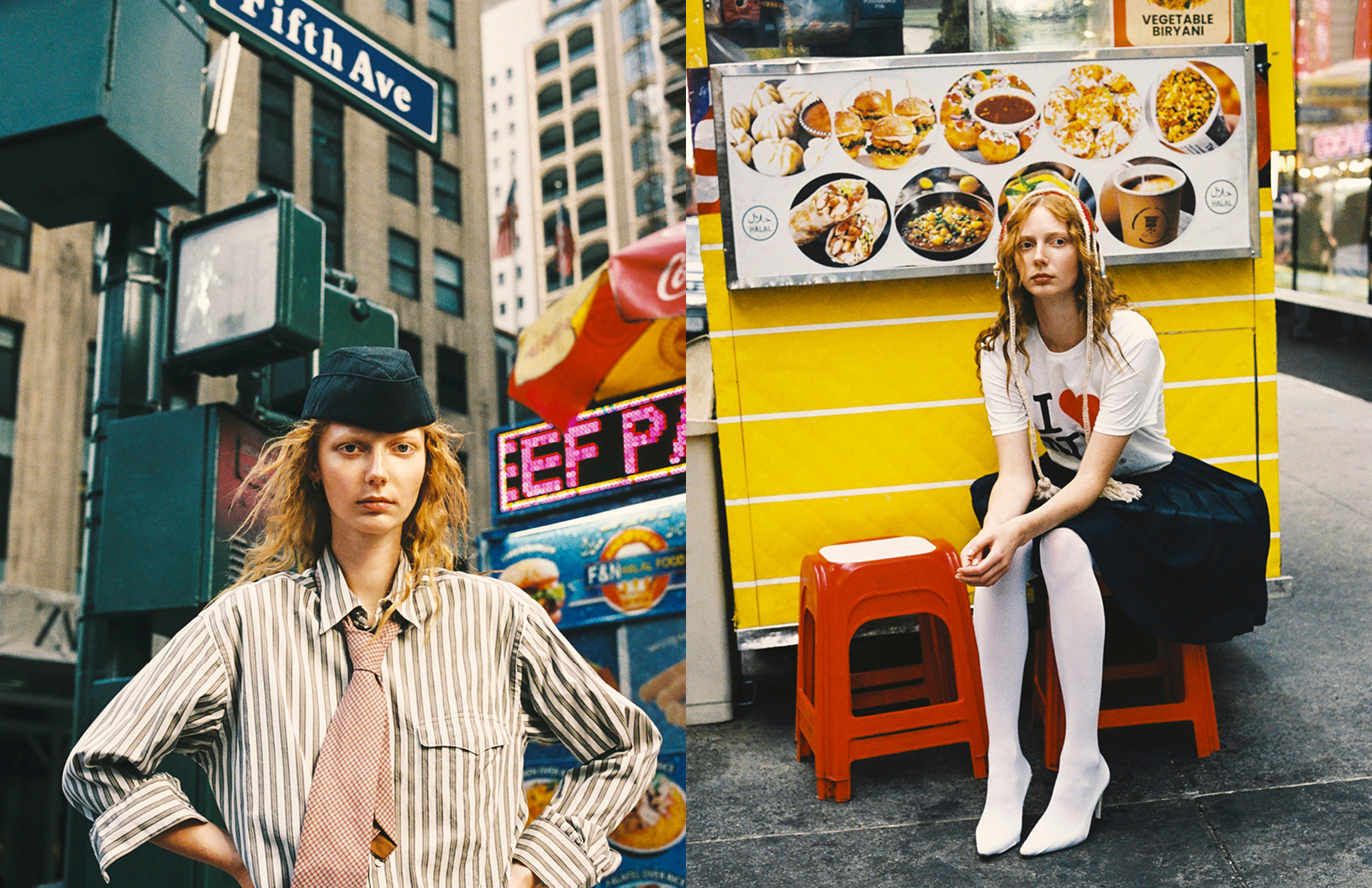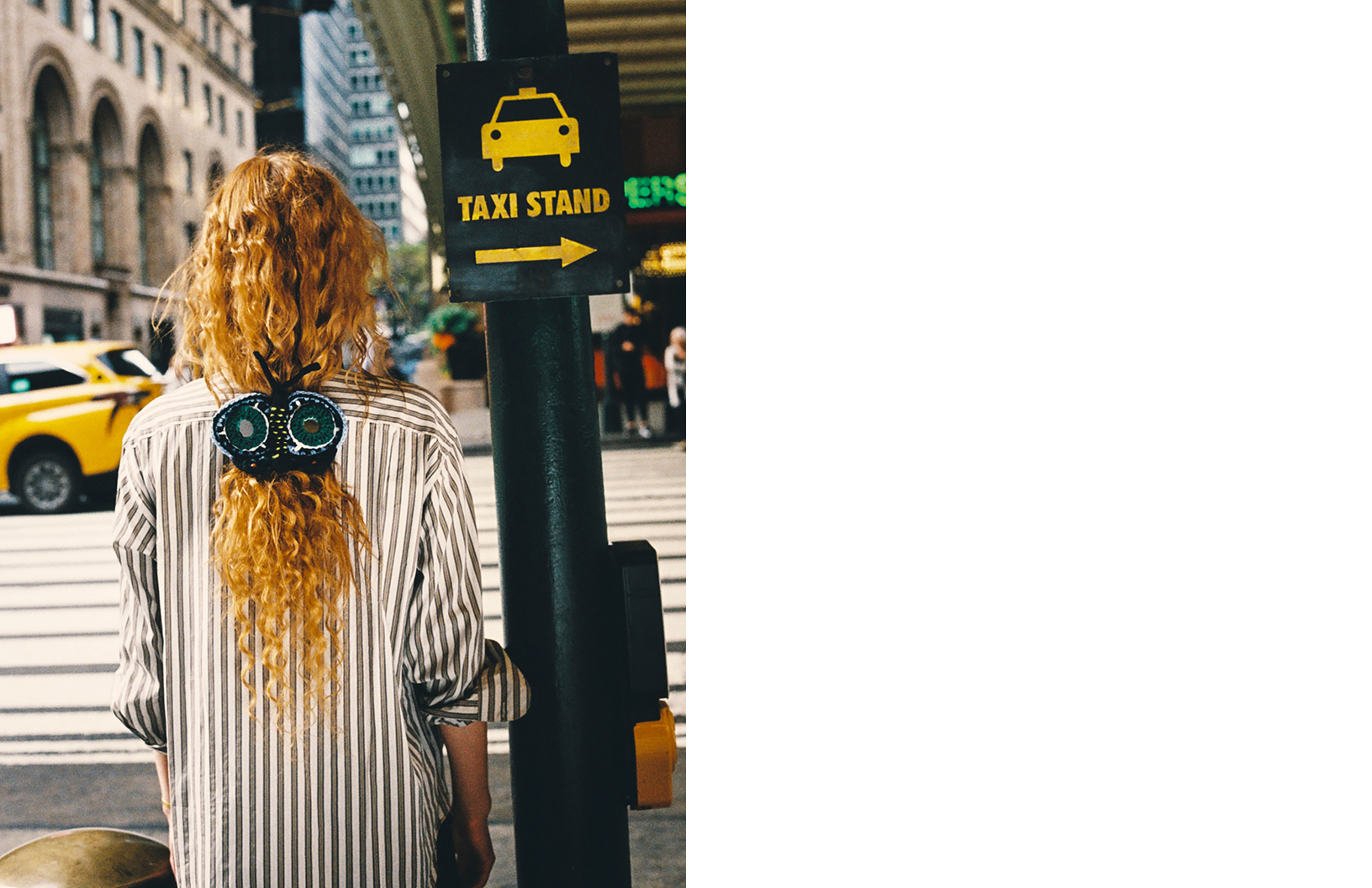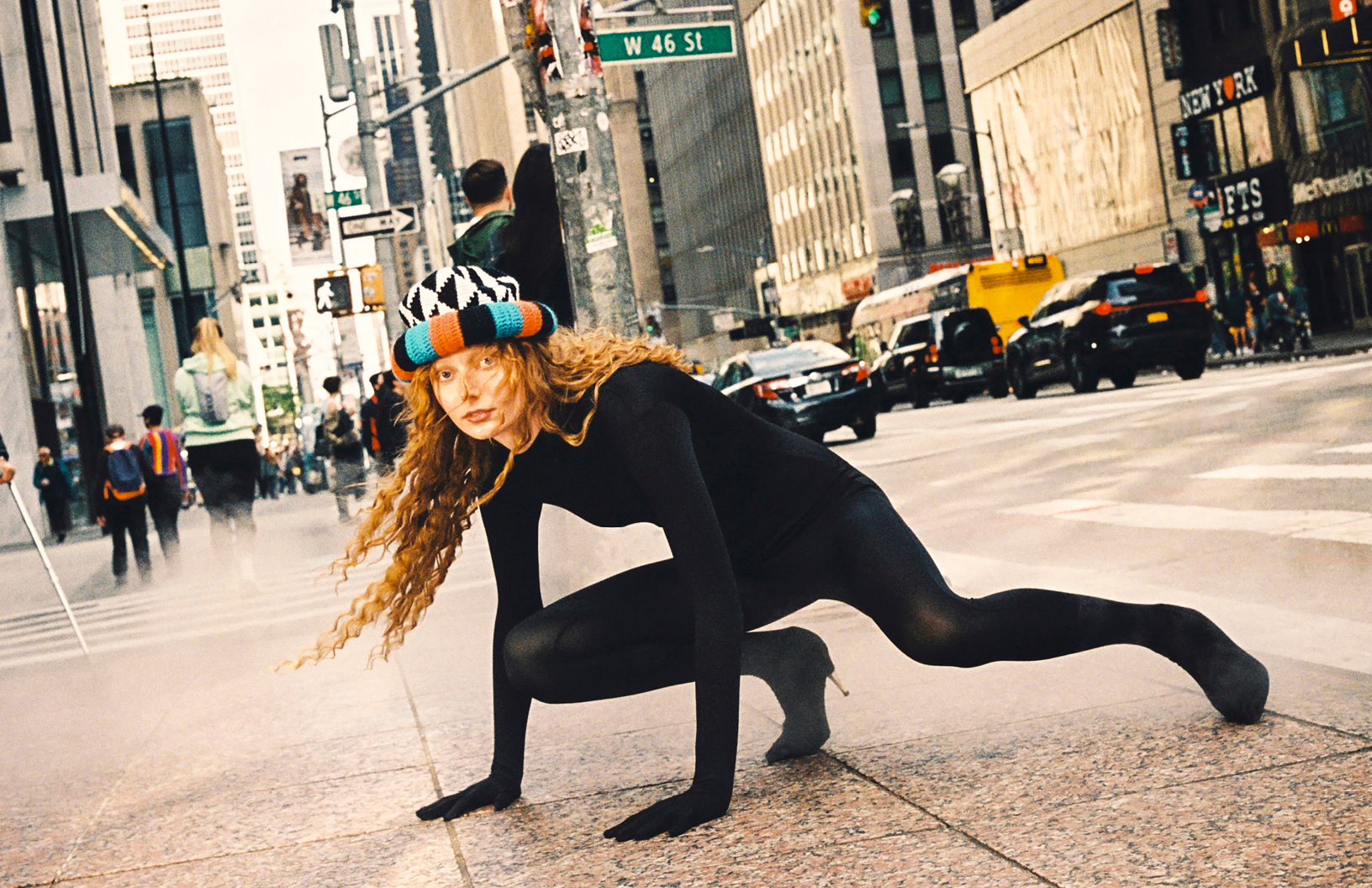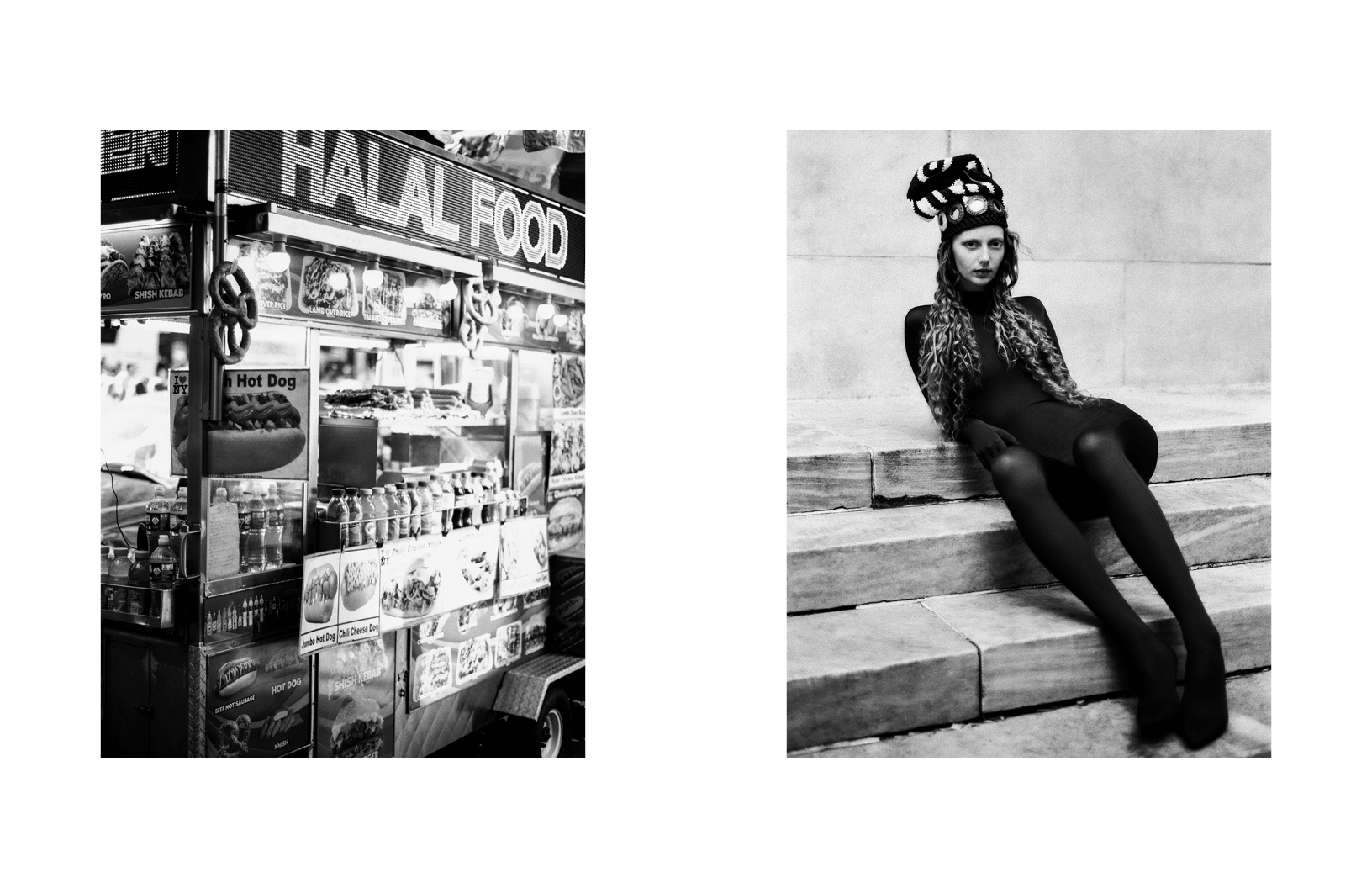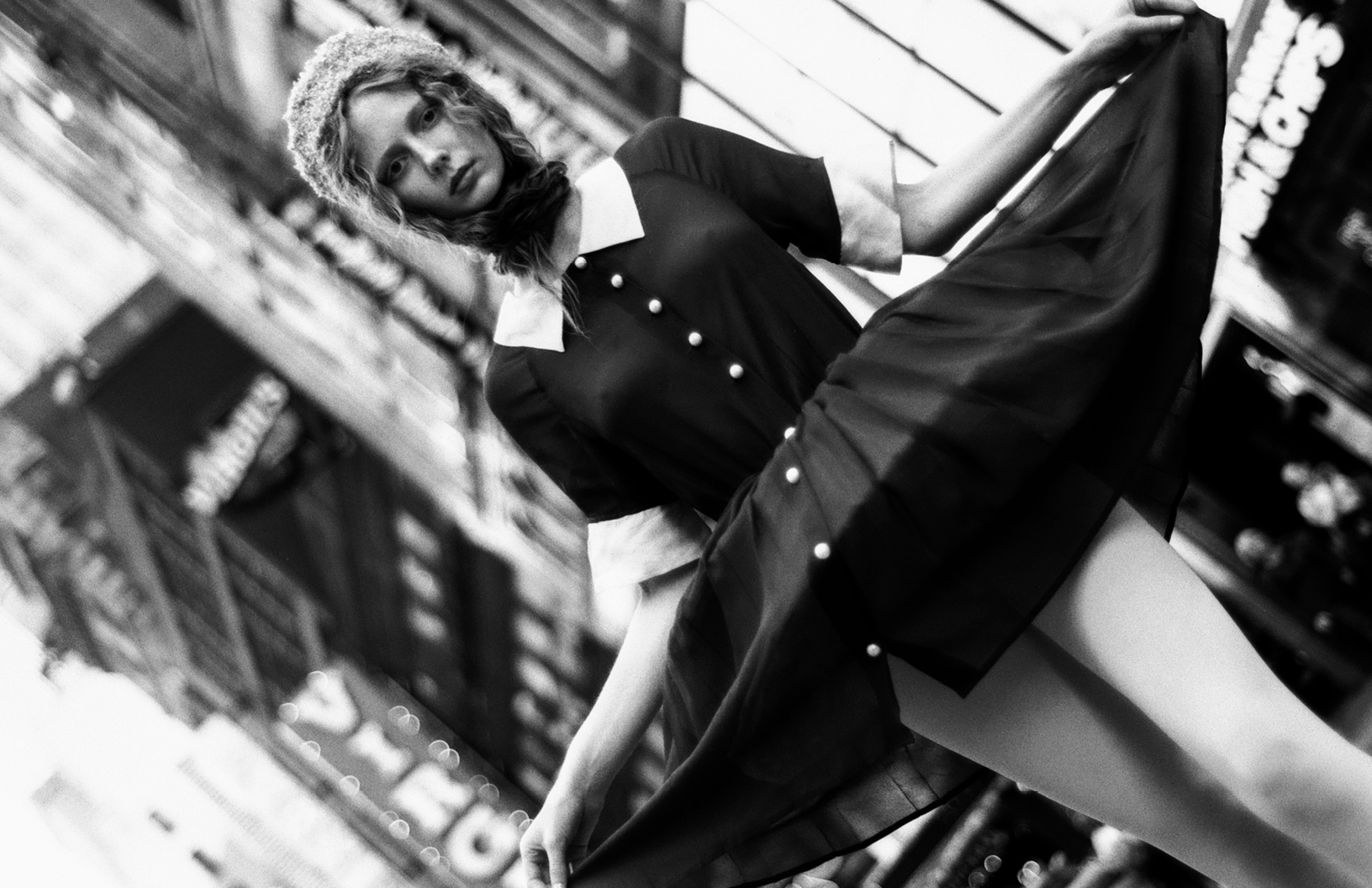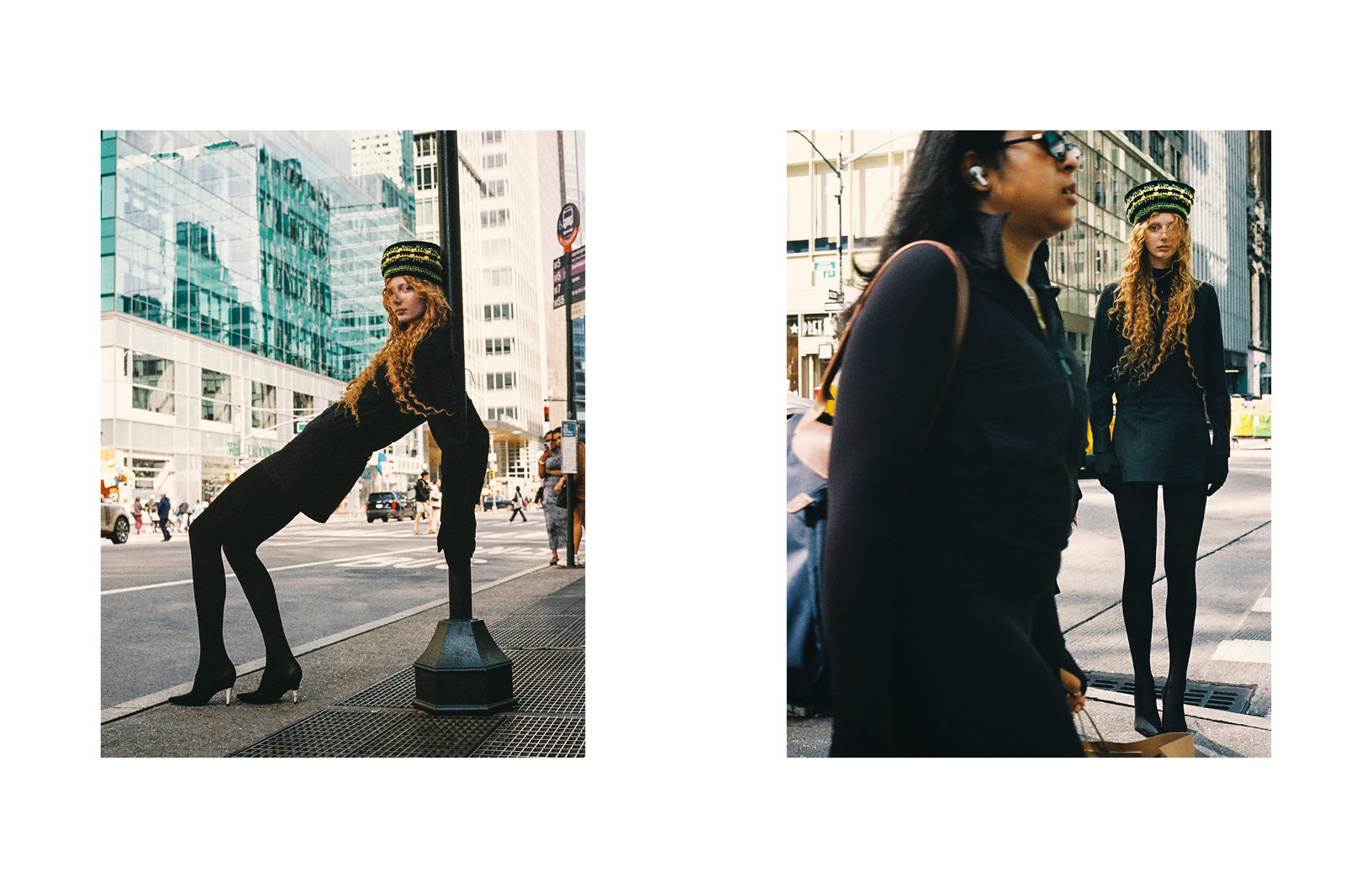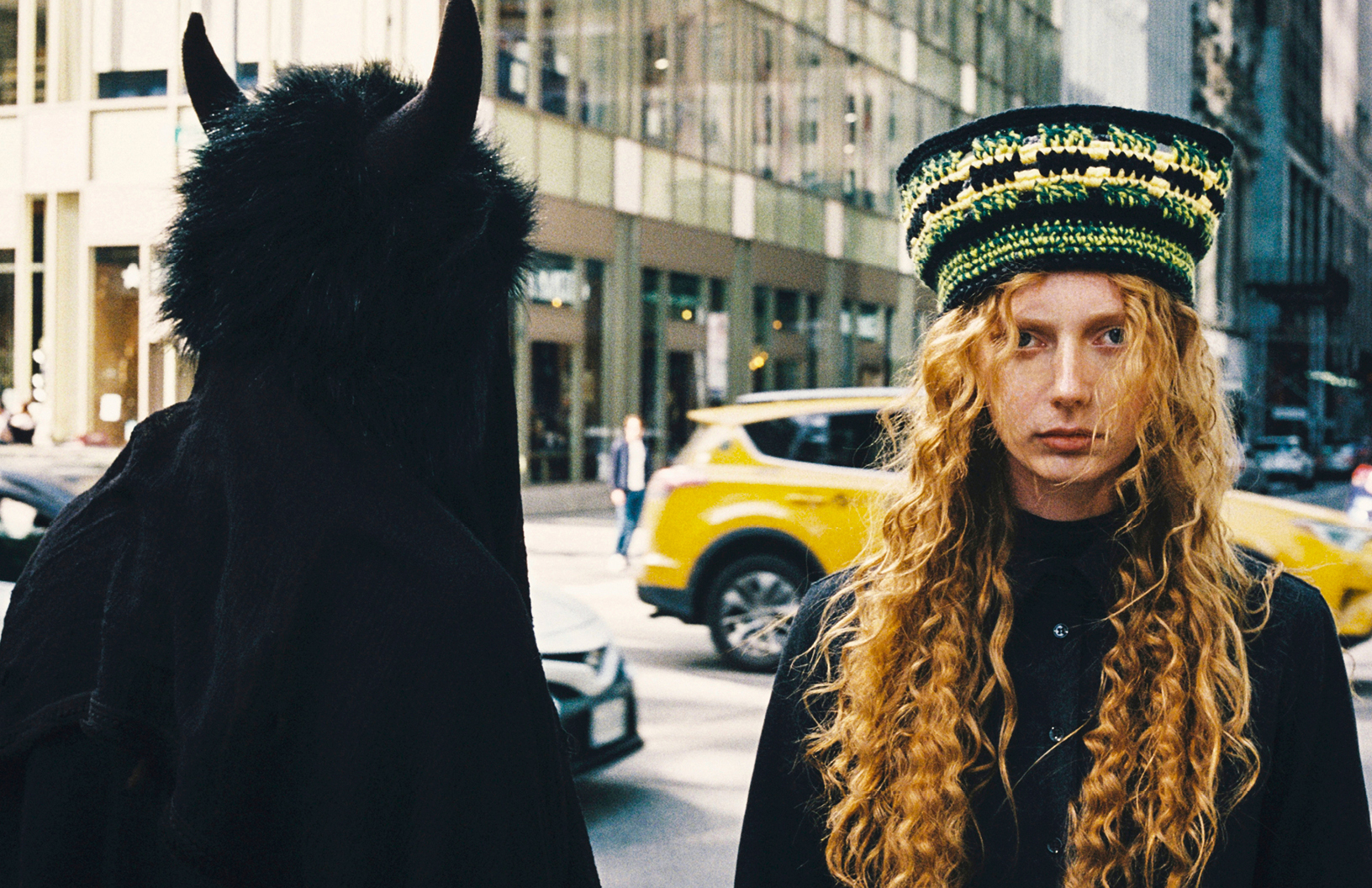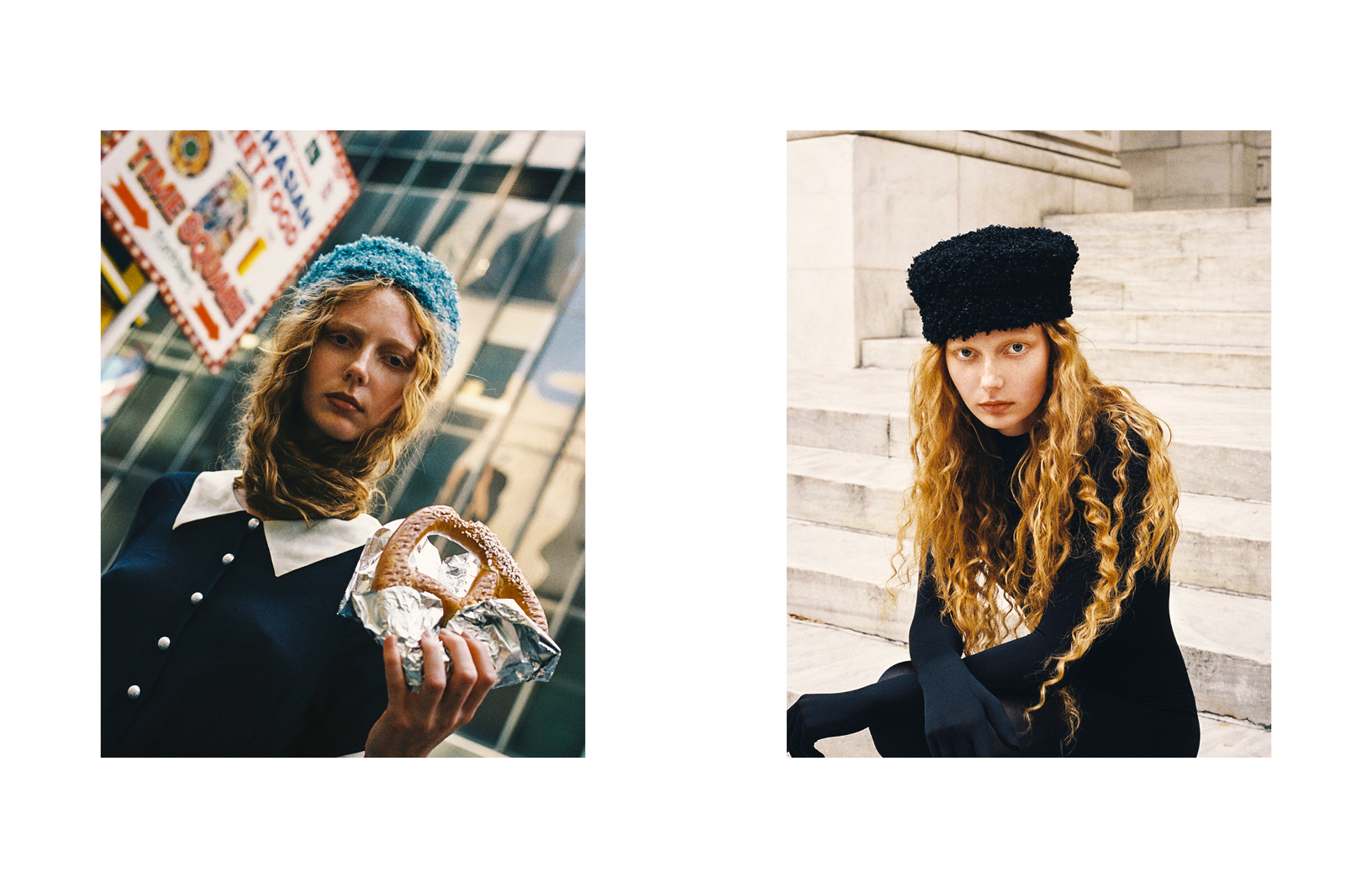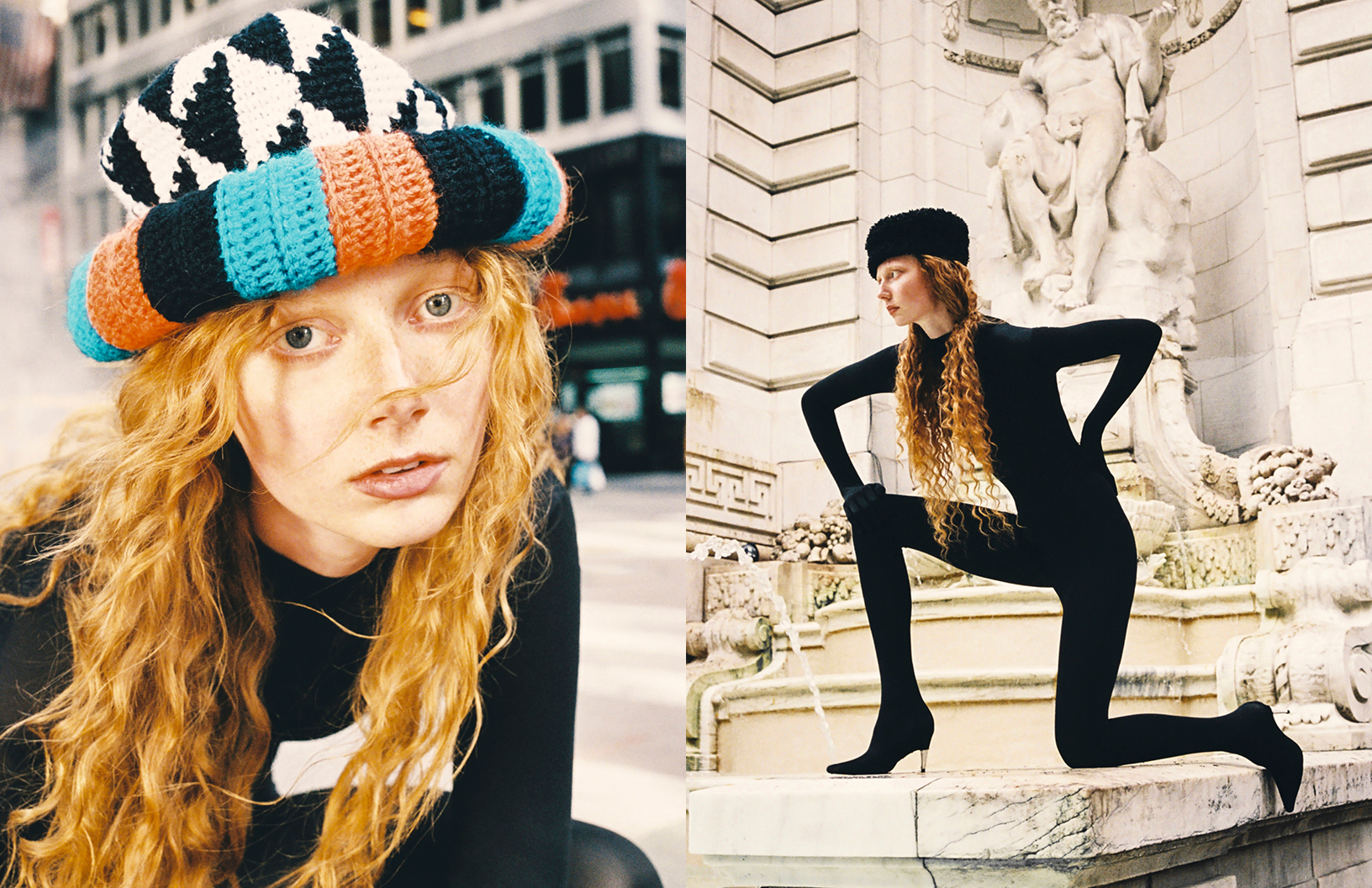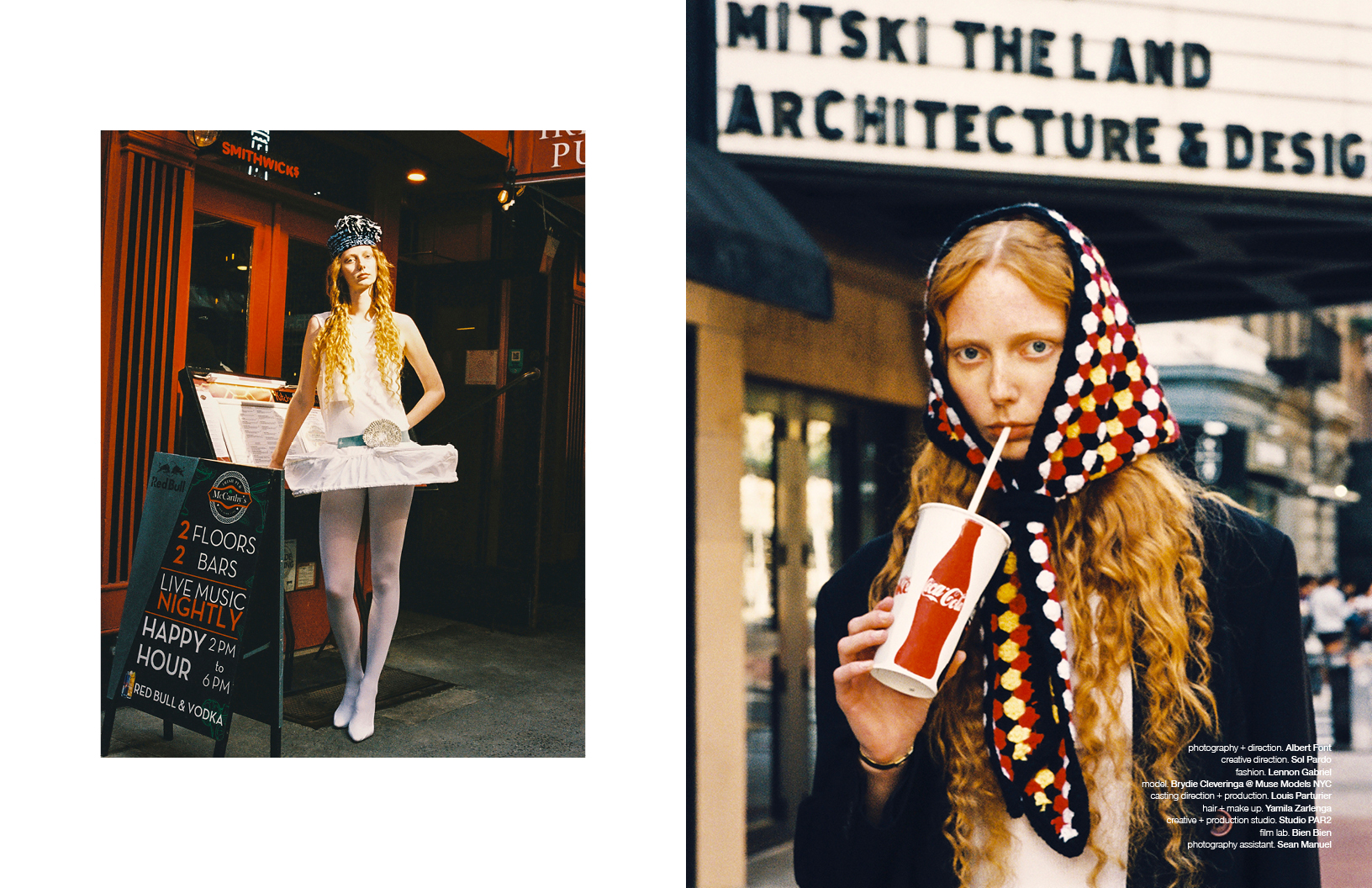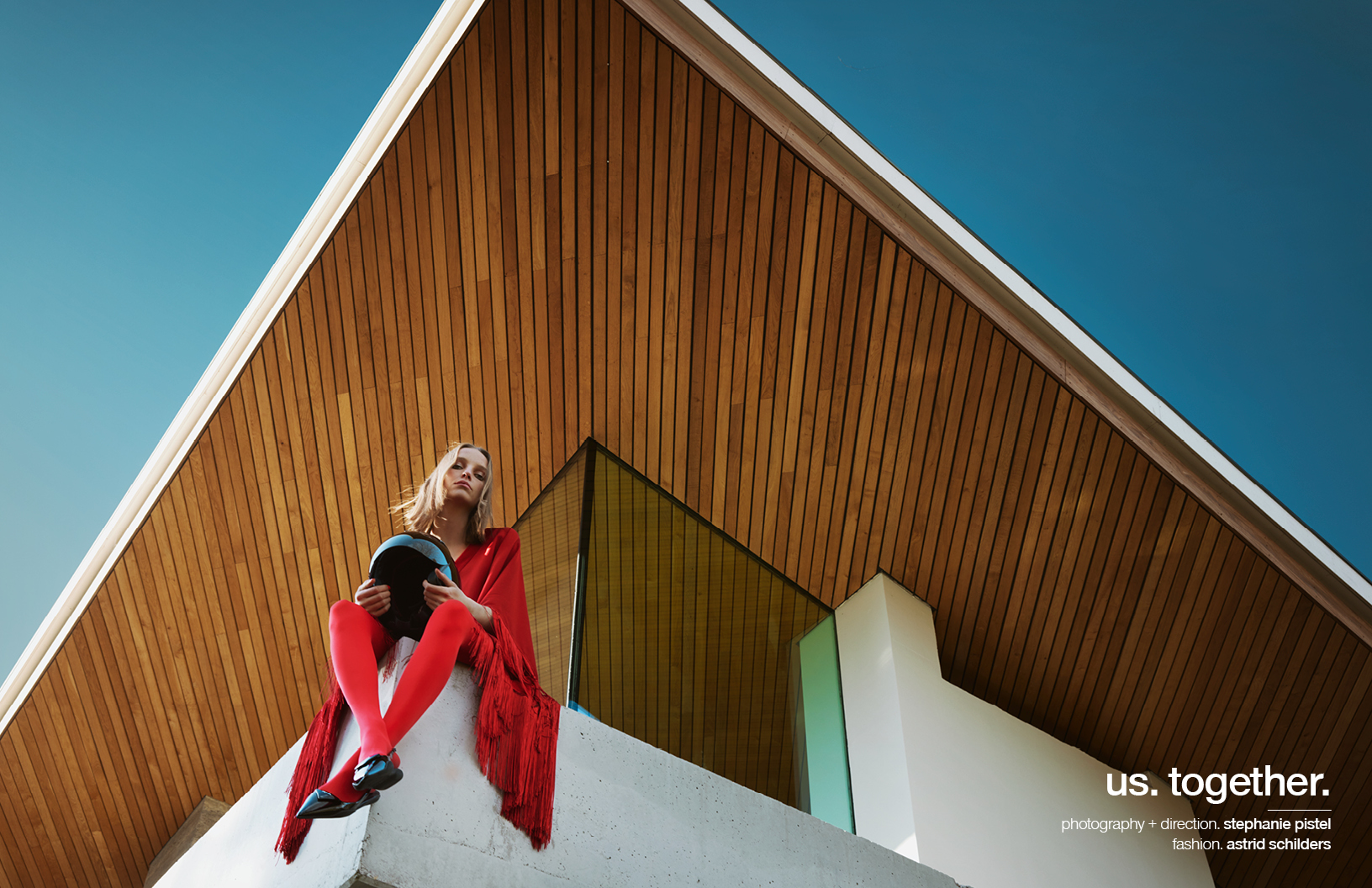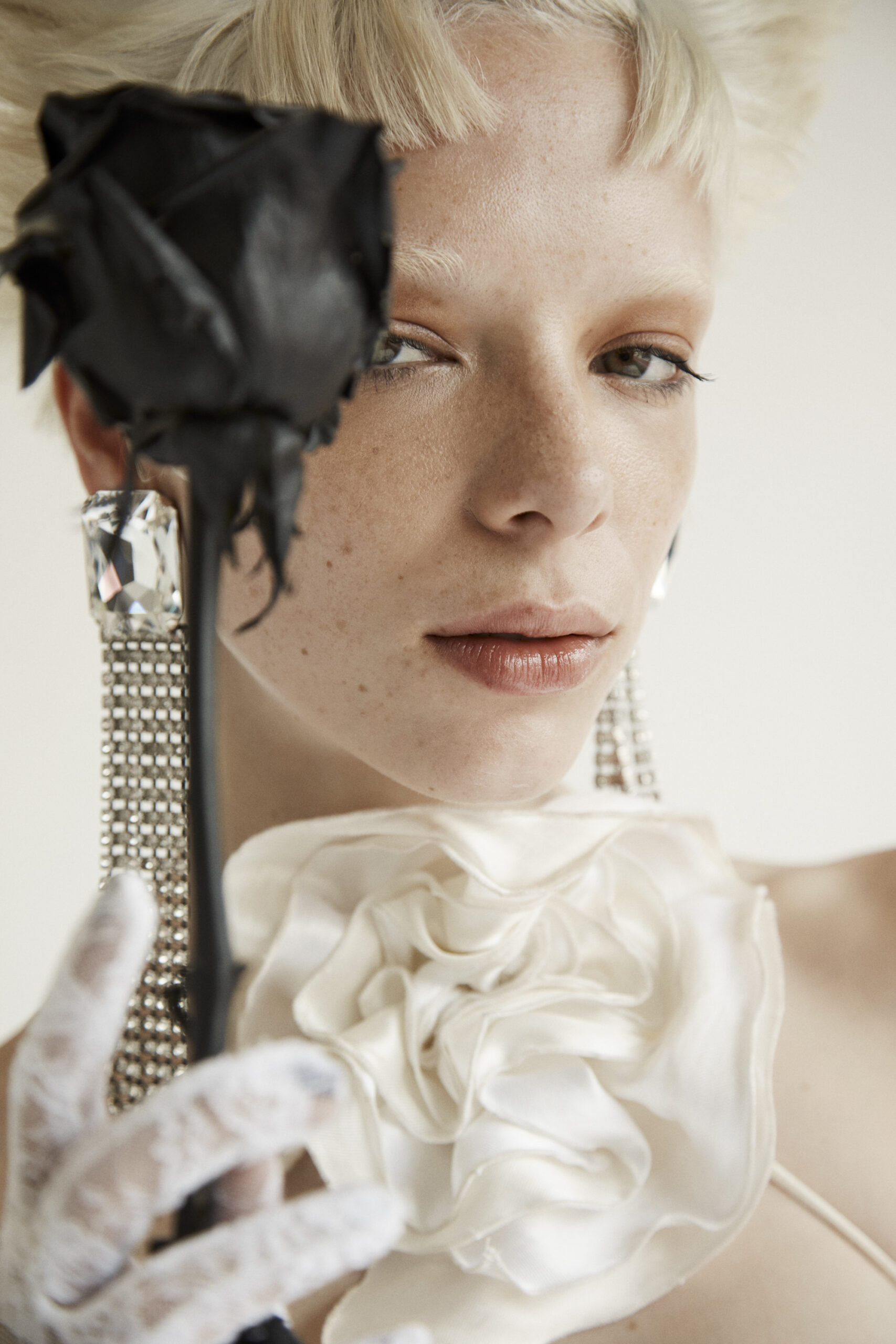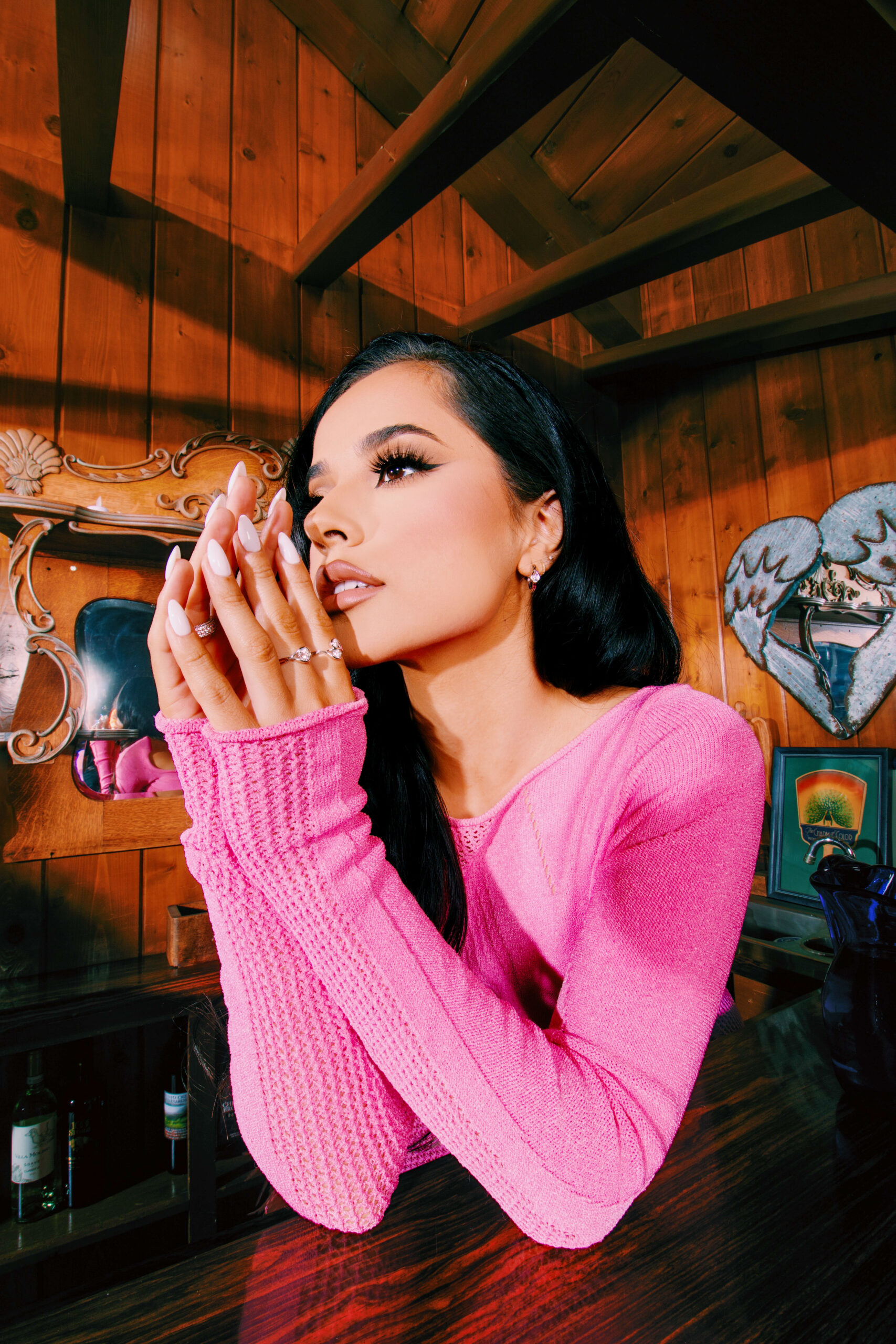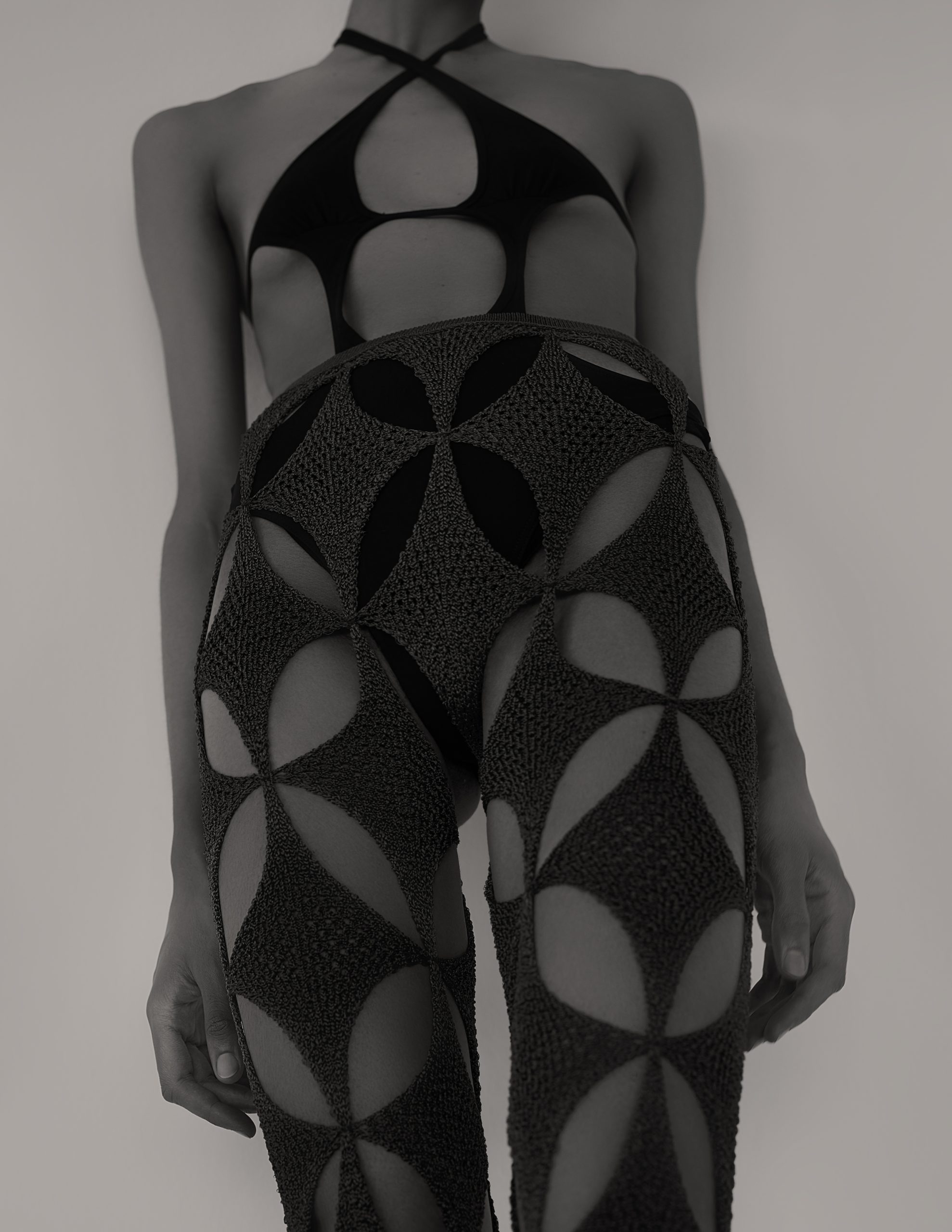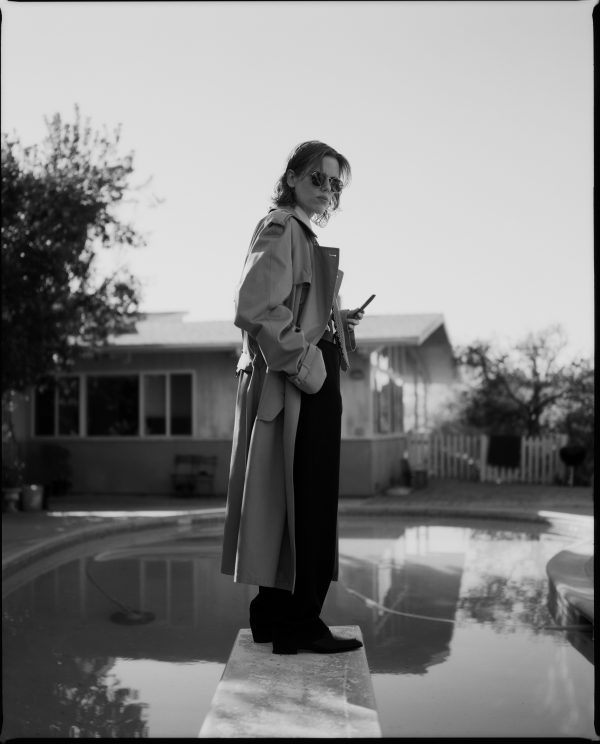Eunice Olumide is the definition of the modern-day polymath. Supermodel, actor, author, charity ambassador, art gallery curator, presenter and DJ, she excels across these many disciplines. All of this is underpinned by a commitment to campaigning for social justice and equality.
These achievements have led to national recognition and awards, which Eunice has accepted with trademark humility, using her visibility and profile to provide a platform for those communities whose voices deserve to be most heard.
We spoke to Eunice about her journey from council estate to catwalk, the issues that inspire her to activism and what motivates her to be such a powerful force for positive change.
You have a degree in metaphysics which includes the study of abstract concepts like time and space. How abstract a concept was the world of fashion to you and your family growing up on the Wester Hailes council estate in Edinburgh?
For me, I literally knew nothing of the fashion industry at all, let alone that it was a serious career. I suppose I really did not have any idea of what to expect, and in fact, it took me several years to admit that it was my job. What is most fascinating is that, on one hand, the industry has a lot of issues that it still needs to overcome, but at the same time it has allowed me to see myself in a completely different light; it gave me self-confidence and helped me believe that anything was possible.
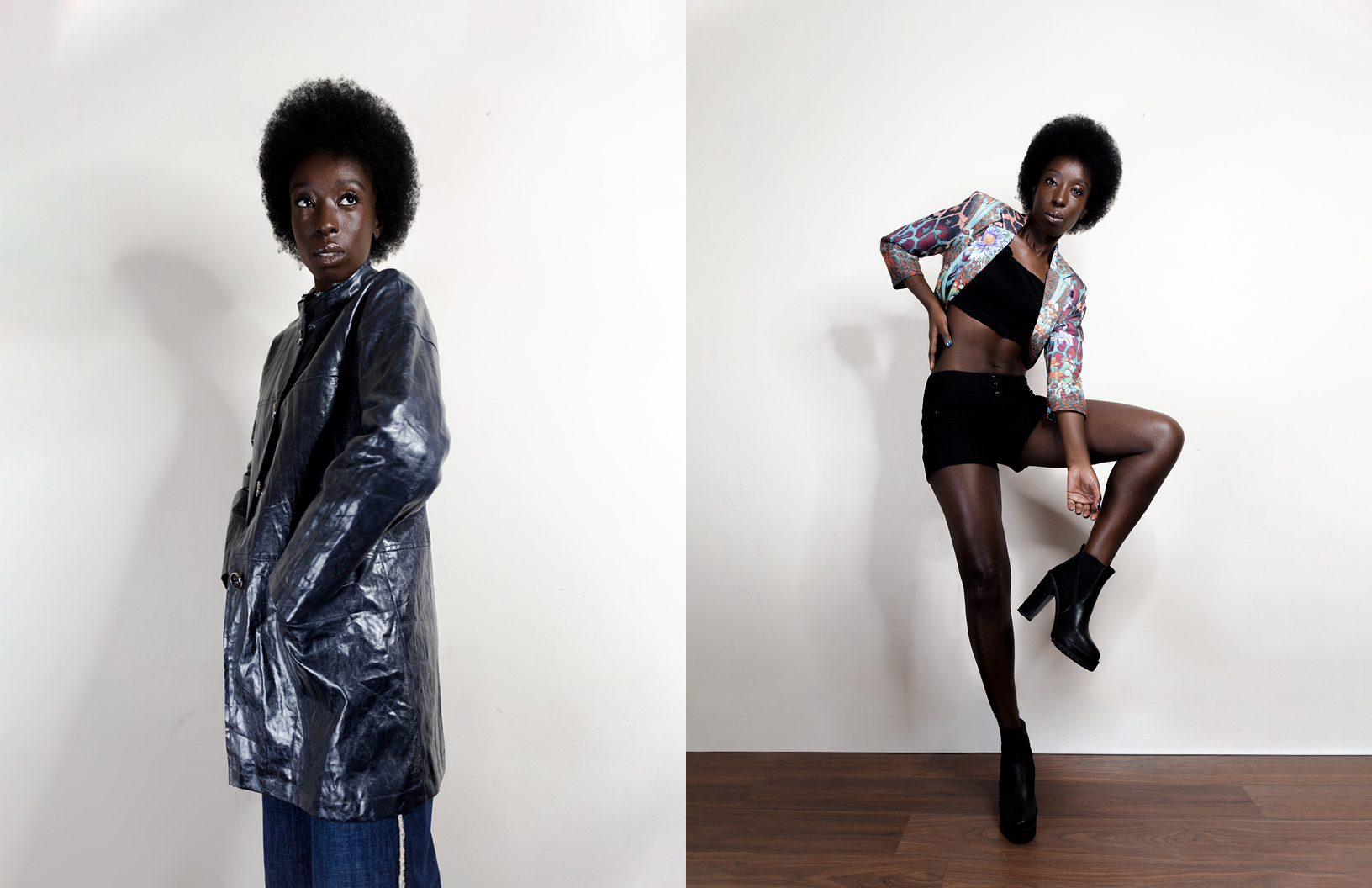
jacket. Armor Lux
cat suit. Dior PAUR
opposite
blazer. Just Hype
crop top. Wolf and Badger
shorts. Zara
boots. Kurt Geiger
How important has your upbringing and Scottish-Nigerian heritage been in keeping you grounded, and how has it influenced your lifelong activism and campaigning for social justice?
I think that it is imperative that people always remember their roots and where they are coming from. Growing up on a typical British council estate, it was impossible to ignore all of the social, economic and environmental inequality in our society. I was of course also very conscious of the intersectionality of race within that dynamic. For me, it would have been impossible to deny the disparity within our society and only focus on my own career. Instead, I allowed these issues to permeate my work and be central to the campaigns I did, the brands I worked with and the exhibitions I create at Olumide Gallery London. It led me to speak at the Houses of Parliament and help to create guidelines alongside institutions to help to eradicate exploitation within our industry, and of course to the importance of sustainability and fashion and textiles impact on the planet.
You curated and produced a statue of Patrick Hutchinson, the man who carried an anti-BLM protester to safety last summer, which we understand you hope will be placed in an outdoor space in London. What impact did those TV images have on you, and what message would you like the statue to send out to those who view it?
What Patrick did highlights the greatness in our nature as human beings. For me, I would like people to be inspired by the work as well as use it to discuss the ever-present lack of reparations or even recognition of African Diaspora in the West, to further contemplate the vast contributions of people of colour to the entire nation and how it has enabled and shaped Britain for the better in all aspects of our society including education, arts, culture, medicine and invention in a post-colonial world.
In 2019 you appeared on BBC’s Question Time, where you highlighted the UK’s transatlantic slave trade and colonialism, issues which had been swept under the carpet for centuries. How do you feel that it, the Windrush revelations and the BLM movement have informed and changed the UK conversation on race and equality?
Unfortunately, there is some issue with our national curriculum of excellence since we are not taught from an early age about the realities of Britain’s colonial past in enough detail, as well as how much of the world around us was built on physical and cultural exploitation. It has manifested in xenophobia and a hatred of ‘the other’ among the general population, where people question others on their Britishness based on the colour of their skin. It also means that often when issues of racial discrimination and persecution are highlighted, they are dismissed as the person having a chip on their shoulder or that they are exaggerating the impact. We need to recognise that the Trans-Atlantic Slave Trade and colonisation of Africa and other parts of the world was almost categorically the most horrific exploitation of humans known to man, spawning enormous amounts of generational wealth within Western societies. This issue has never really been dealt with, and so therefore, it is not regarded in the same way that we would treat other terrible historical events. I believe that racism is a side effect of the slave trade and that it is a construct that is learned, so therefore, could be unlearned. It is extremely difficult for this process to take place when we are denying that it happened at all. This lack of addressing the post-colonial hangover and those left behind has led to huge civil unrest and disparity. What happened with the Windrush Generation is just one of many major issues plaguing the Afro-Caribbean community in the West.
I do feel that recent events over the last year have meant that many have had to take the issue much more seriously; however, I am concerned at the level of performative activism that has arisen, with many brands and companies joining in because the topic is trending. I also think it is extremely important that if you are looking for someone to speak on a particular issue, for example in the media, that you do not just choose someone because they are famous. It is important to do the research and find those who are authentic and have genuinely sacrificed for their communities; therefore, they are trusted and really understand the issues.
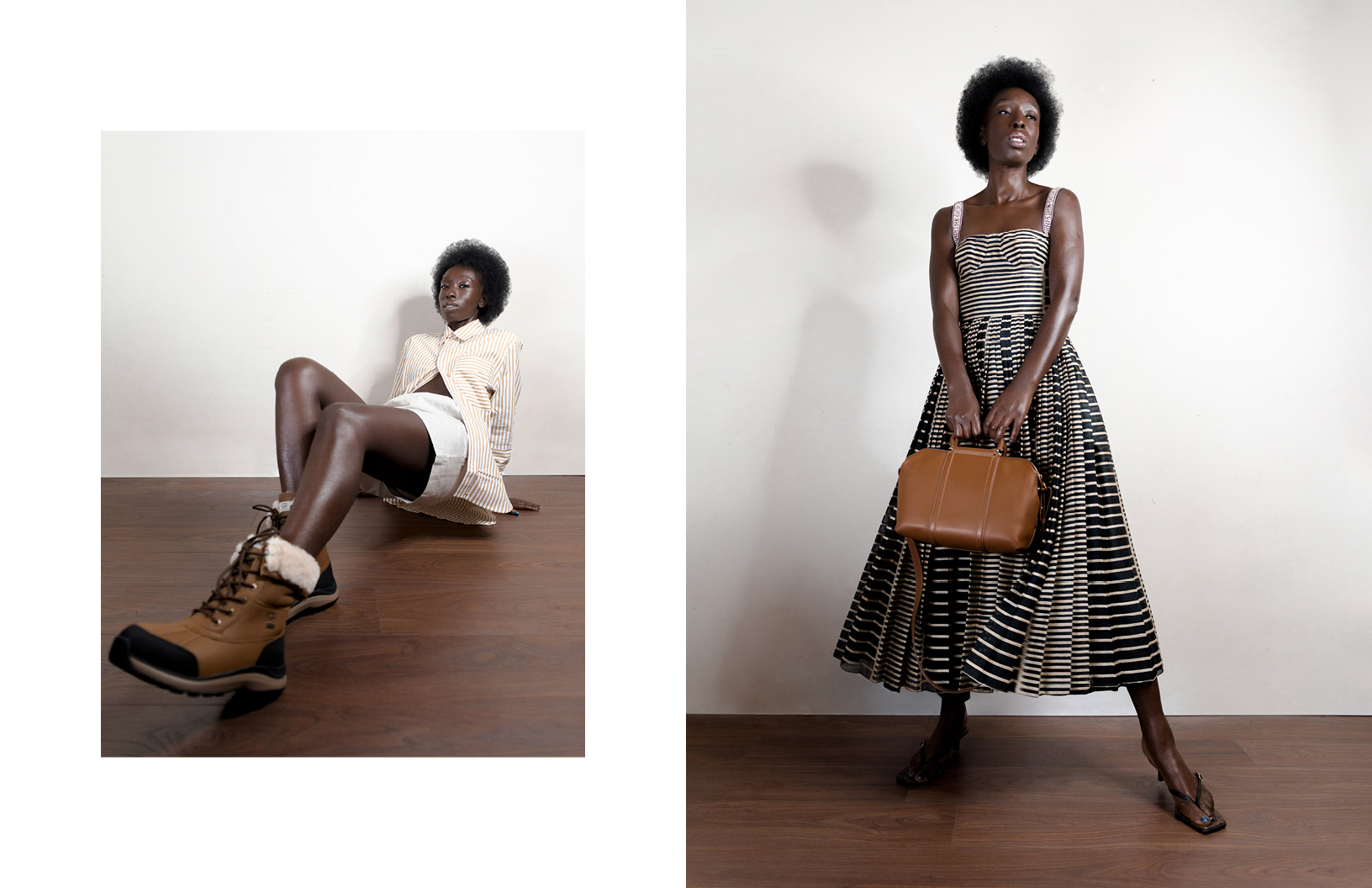
all clothing. Riley Studio
shoes. Ugg Boots
opposite
dress. Dior PAUR
bag. Carolina Herrera
shoes. Unique Wear
You were awarded an MBE in 2017 for services to broadcasting, the arts and charity. Given the British Empire’s colonial history, did you have any concerns about accepting it, and do you feel it has increased your visibility to speak on the social issues you care so passionately about?
For me, it was a difficult issue. After consulting with my family and understanding I was not just accepting it for me, it was ensuring and highlighting my parents’ and others’ hard work who came before me, and for that to be archived historically. In the end I did accept it and donated it to the National Museum of Scotland so that people could share and learn and debate the topic further.
Your book How to Get Into Fashion is an essential step-by-step guide to navigating the fashion industry. What advice would you give to young people considering a career in fashion, and in the wider context, what advice would you give to a generation of young people who face educational and career challenges in the face of the pandemic?
I think it’s important to set your boundaries and to research the industry thoroughly. Our industry is fast-paced and ultimately you want to be true to yourself and your beliefs so that you do not feel exploited. Only sign with reputable agents and read the comprehensive guide which I have delivered in How To Get Into Fashion, which also focuses on other topics such as dealing with rejection.
We are currently passing through an extremely difficult time. However, it is important just to take a second to breathe. Also appreciate that we do have some technology to help us. To search and focus on the positives and use this as a time for planning and organisation and identifying what is most important in our lives.
You’ve produced an ‘on schedule’ show for London Fashion Week and worked with Zero Waste Scotland and brands like Uniqlo to highlight the need for sustainable fashion. What other changes would you like to see in the industry, and what advice would you give to new designers aiming to produce more environmentally conscious collections?
I would say definitely apply for funding and grants. There are lots of organisations out there who are looking to connect with new designers who want to be sustainable. They can help you with direction as well as introduce you to industry contacts. The internet is your friend. Reach out to individuals and brands for advice. Everything is done online at the moment, so it is much easier to make connections and meet.
The arts and culture are obviously a big part of your life, and you have also featured as a DJ at festivals such as Glastonbury and Lovebox. What are the tracks that have helped to keep you positive through the current situation?
I am currently addicted to Afro-Beats I love Nigerian contemporary music as well as old school characters such as Fela Kuti. The music is so inspirational, uplifting and just great fun.
As model, charity ambassador, actor, presenter, curator and author, your list of achievements is great and varied. What ambitions and goals do you have for 2021?
Many describe me as an alchemist; everything I do is just me being true to myself. I operate on a continual flow — my work is inter-connected, and though it requires unique skills for each facet, it is really just me doing me in different situations. 2021 is about continuing to progress and grow on my journey, to do the best that I can do to inspire lives and positive change for my entire community.
With so many accomplishments to date, we sense there is much great work to come from Eunice. Through her image, voice and creativity, she has galvanised ministers, designers and artists to reconsider our past and its effect on our present. And her work with young people ensures that their — and our — future takes a new course. People say she’s an alchemist, and if anyone can change the narrative, Eunice can.
Follow Eunice Olumide on Instagram.
photography. Jack Visser
creative direction + fashion. Olumide Gallery
talent. Eunice @ Yanii Models
special thanks. Eunice Olumide + ByRotation
words. Brian James + Leigh Maynard


Schön! Magazine is now available in print at Amazon,
as ebook download + on any mobile device


